Chinchillas are charming little creatures with irresistibly soft fur. But with that luxurious fur comes a major drawback—chinchillas should never get wet. Their fur is so dense that water doesn't evaporate easily, and dampness can lead to serious health issues like fungal infections or even hypothermia.
Click Here to Shop Rabbit Products.

It's crucial for chinchilla owners to understand why water is harmful, how to keep their pets clean with dust baths, and what to do in case of accidents. Let's take a closer look at the question: Can chinchillas get wet?
Can Chinchillas Get Wet? Why It's Not Safe
The short answer to the question "Can chinchillas get wet?" is no. Chinchillas have incredibly dense fur, with about 80–100 hairs growing from a single follicle. This fur keeps them warm in the cold Andes Mountains, where they evolved, but creates problems when exposed to water.

When a chinchilla gets wet, the water doesn't dry quickly because it gets trapped within their thick coat. This creates a damp environment that encourages fungal infections, skin problems, and matting. Even worse, prolonged dampness can lead to hypothermia, as chinchillas aren't equipped to handle moisture. In the wild, they rarely encounter water because of the dry climate where they live.
To avoid these issues, chinchillas should stay completely dry. Instead of water baths, they rely on dust baths to keep their fur clean and healthy.
How to Keep Chinchillas Clean with Dust Baths
If chinchillas can't get wet, how do they stay clean? They rely on dust baths, a natural way to remove dirt and oils from their fur. Dust baths mimic what chinchillas do in the wild, where they roll in fine volcanic ash to stay clean.
Here's how to give your chinchilla the perfect dust bath:
Choose a chinchilla-safe dust from a reputable pet store. Avoid using sand, which can be too rough and irritate their skin.
Fill a dust bath pan, chinchilla house, or shallow container with about two inches of dust. Make sure the container is large enough for your chin to roll around freely.
Place your chinchilla in the pan and let them roll around for 10–15 minutes. They'll instinctively know what to do!
After bathing, remove the dust container from their cage. Leaving it in too long can make it dirty with urine or feces, which defeats the purpose. Replace the dust once it starts clumping or smelling unpleasant.
Dust baths are necessary for a chinchilla's health and enjoyable for them. Watching your chinchilla happily roll around in the dust is a delightful experience!
What to Do If Your Chinchilla Gets Wet
Despite your best efforts, accidents can happen. So, what do you do if your chinchilla gets wet? Acting quickly is critical to preventing health problems. Follow these steps to safely handle the situation:
Gently pat your chinchilla dry with a soft, absorbent towel. Avoid rubbing, as this can damage their fur or stress your pet.
For small messes, use a damp cloth to wipe away the affected area. If necessary, you can use a small amount of chinchilla-safe shampoo, but avoid soaking the fur.
In cases where a rinse is unavoidable, keep it very brief and use lukewarm water. Ensure you dry your chinchilla immediately afterward.
After towel-drying, use a hair dryer on the lowest heat setting to help speed up the drying process. Hold it at least two feet away from your chinchilla to prevent burns.
Place your chinchilla in a warm, dry environment and monitor them closely for signs of illness, such as lethargy, shivering, or a loss of appetite. If you notice anything unusual, consult a veterinarian.
While it's best to avoid wetting your chinchilla altogether, knowing how to handle emergencies can save your pet from serious health complications.
Tips to Prevent Chinchillas from Getting Wet
Prevention is always better than cure. To keep your chinchilla dry and healthy, follow these simple tips:

Check water bottles regularly for leaks or drips. Replace any bottles that leave puddles in the cage, as this creates damp areas that your chinchilla could come into contact with.
Clean the cage daily and replace damp bedding or fleece liners immediately to prevent your chinchilla from sitting in moisture.
Provide high-quality hay, such as Timothy Hay, to support healthy digestion and reduce the risk of diarrhea, which can soil their fur.
Inspect the cage setup, including perches, toys, and play areas, to ensure they're clean and dry.
Can Chinchillas Get Wet? Final Thoughts
So, can chinchillas get wet? The answer is no—they shouldn't. Their dense fur is not designed to handle moisture, and exposure to water can lead to serious health problems. Instead, rely on regular dust baths to keep your chinchilla clean and follow preventive measures to ensure they stay dry and comfortable.
If your chinchilla does get wet, act quickly to dry them off and monitor their health. Remember, a clean cage, high-quality hay, and a proper dust bath routine are the keys to a happy, healthy chinchilla.

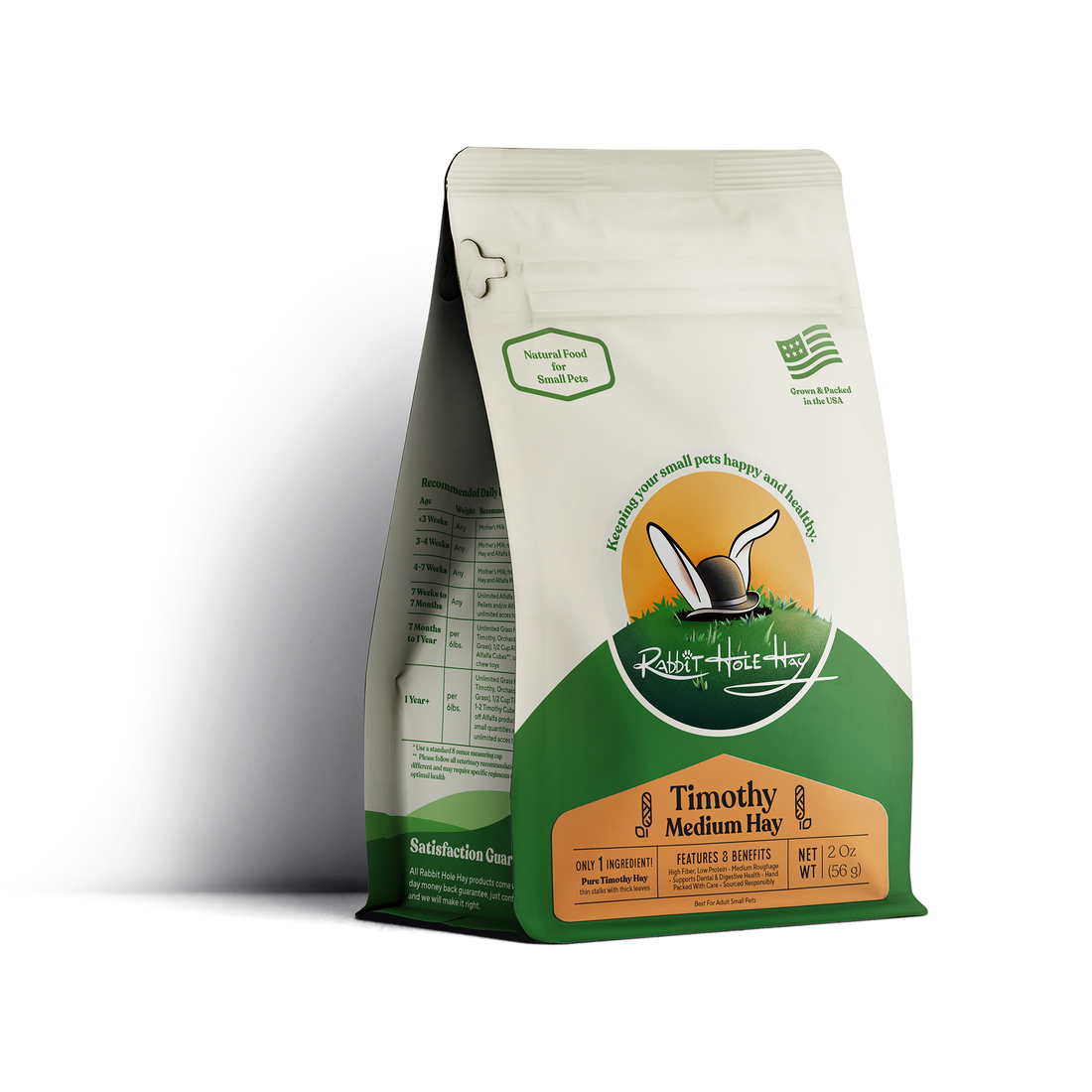
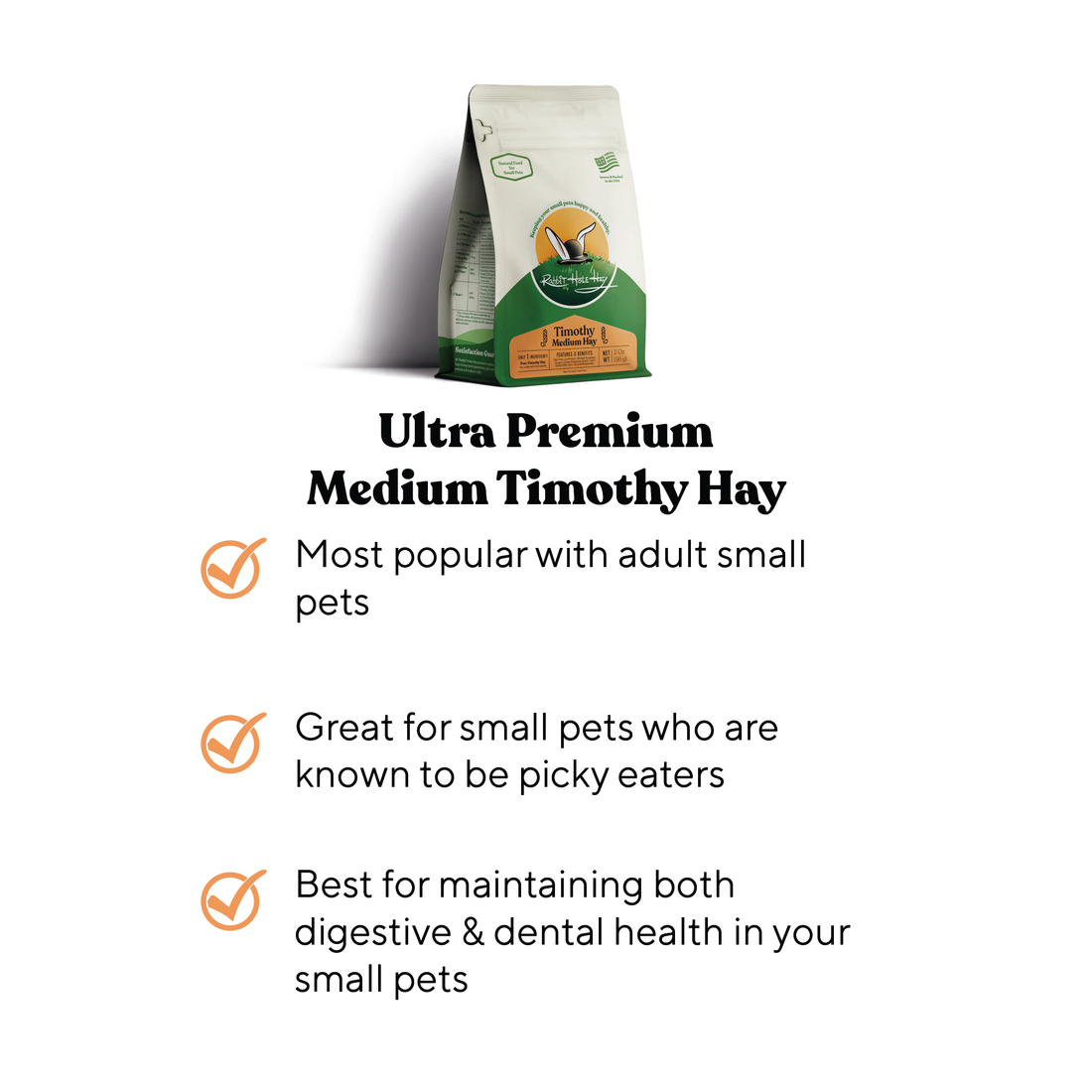
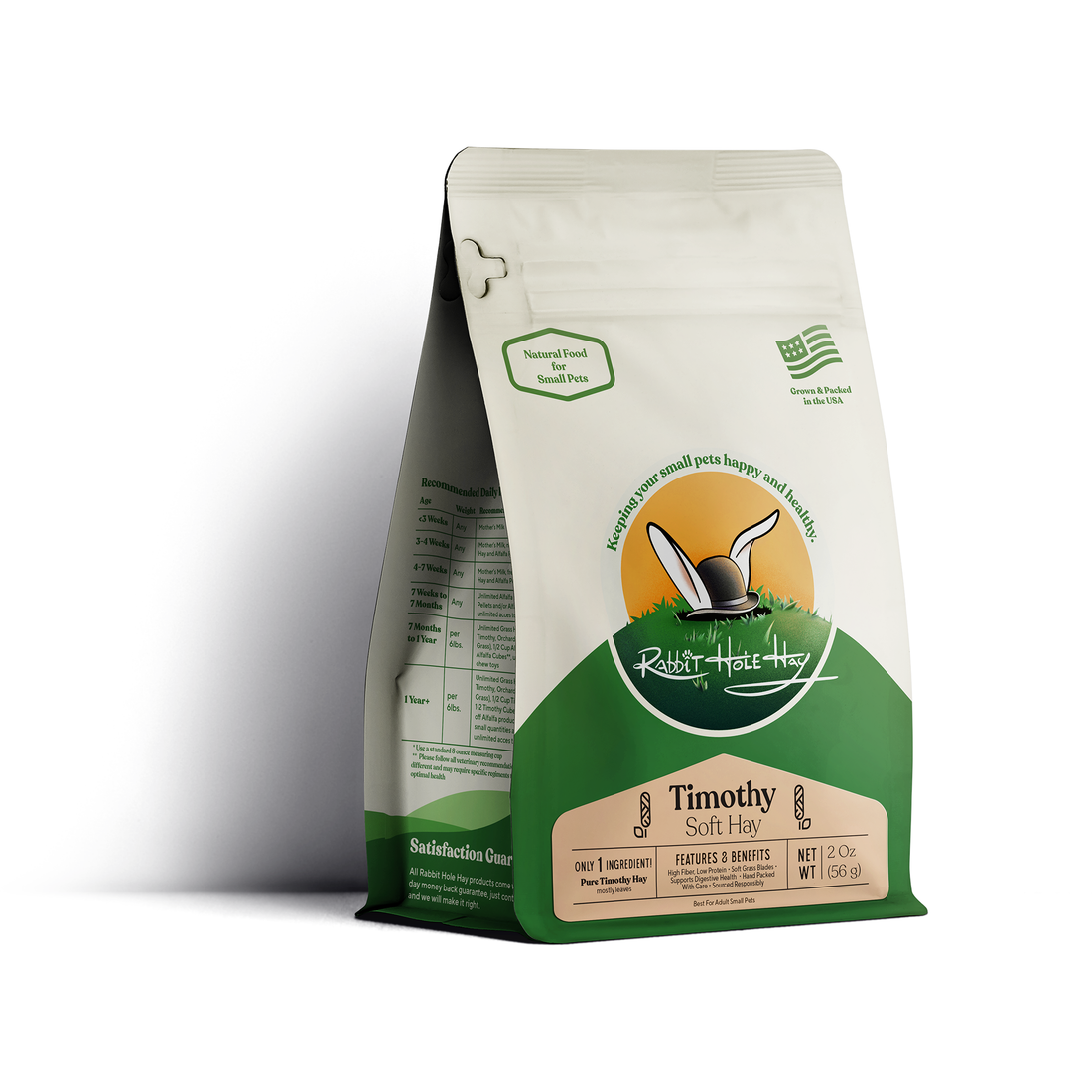
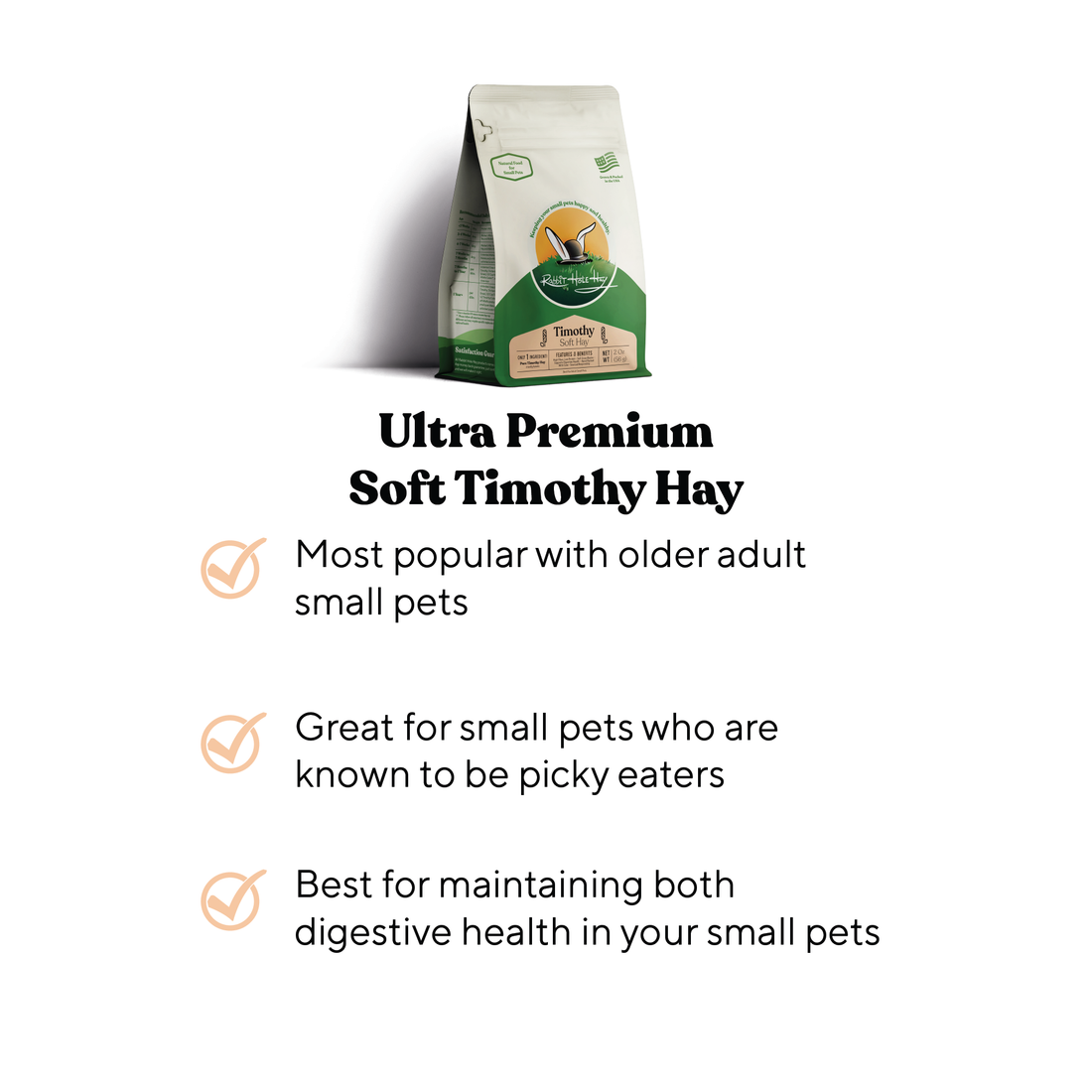
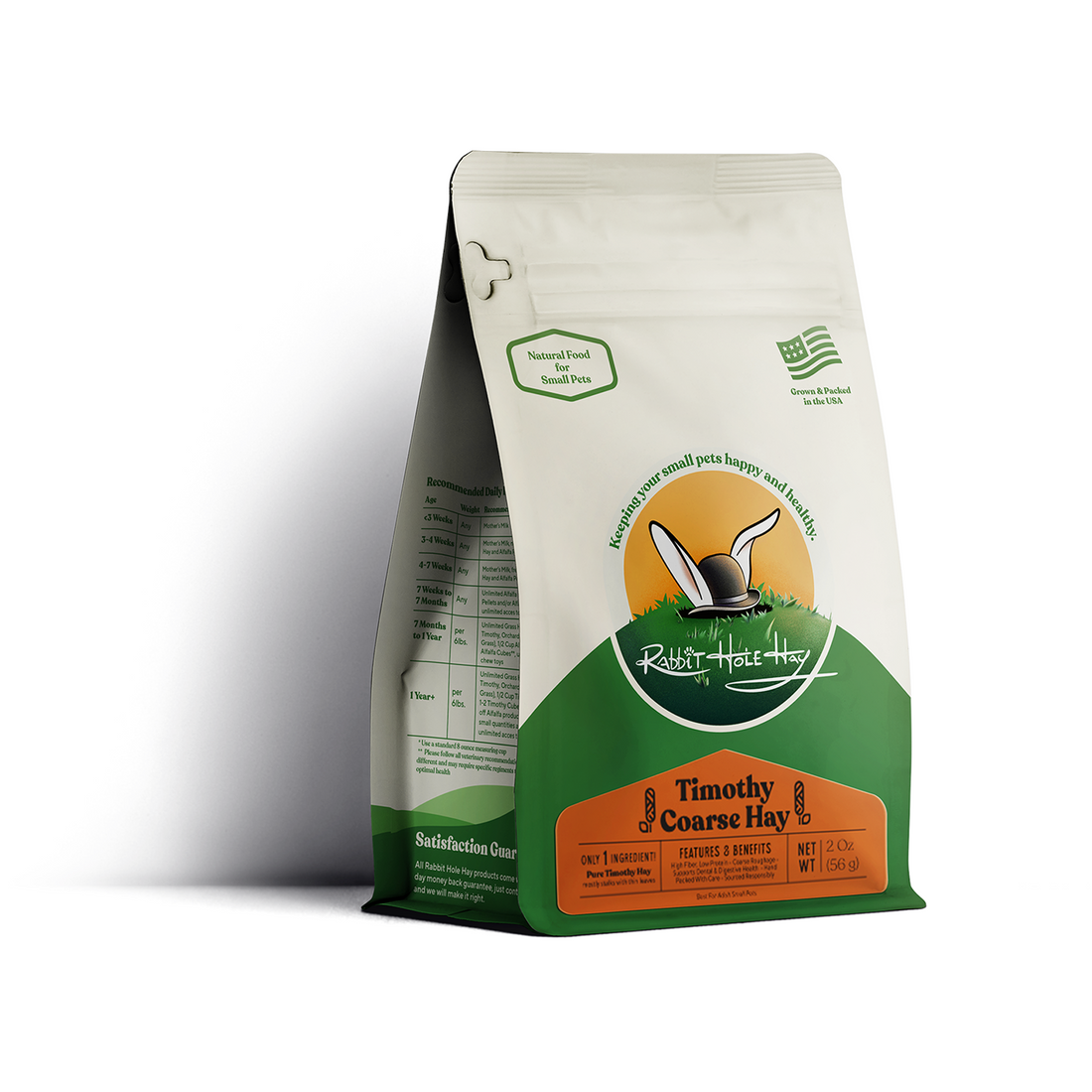
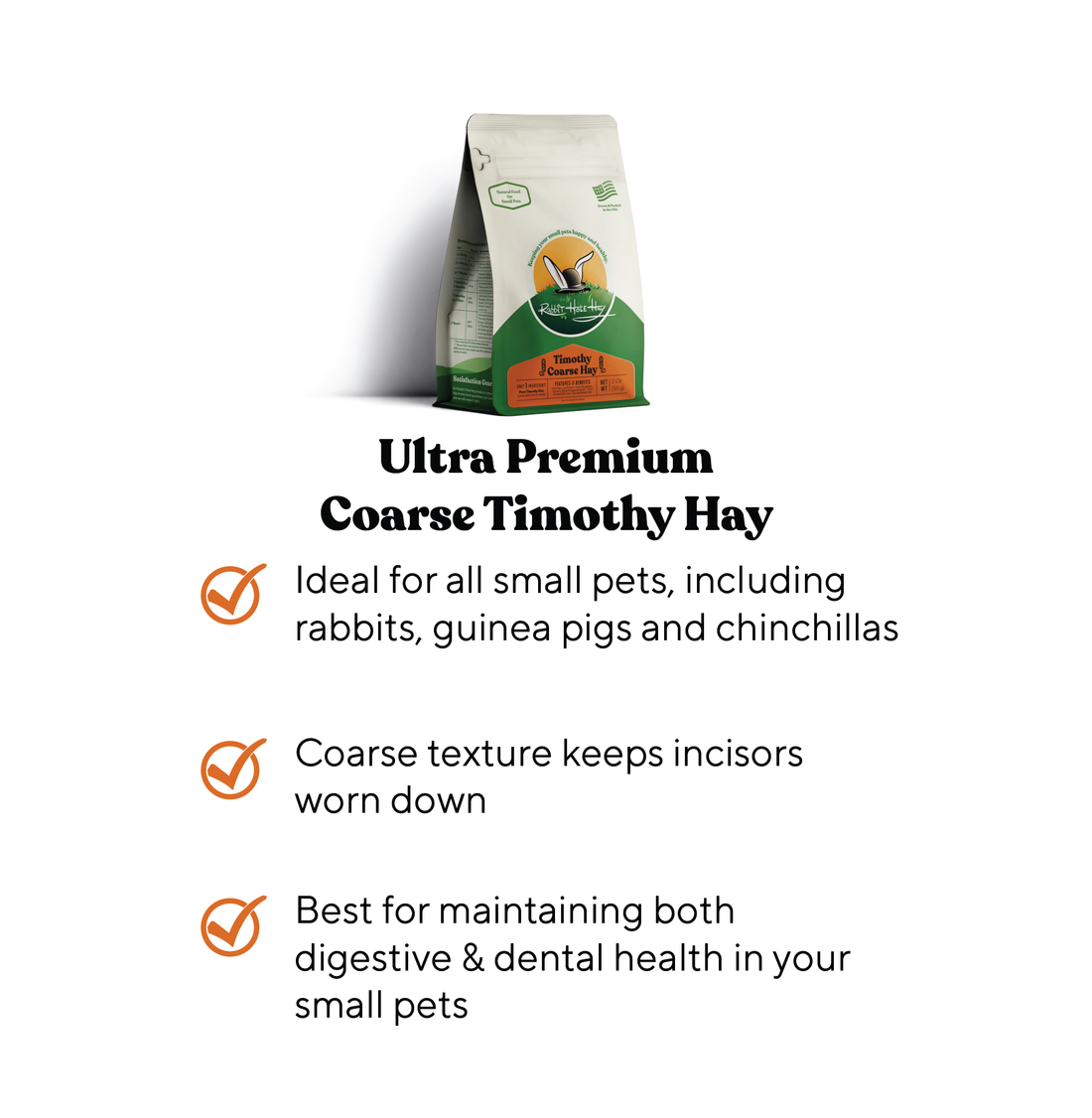
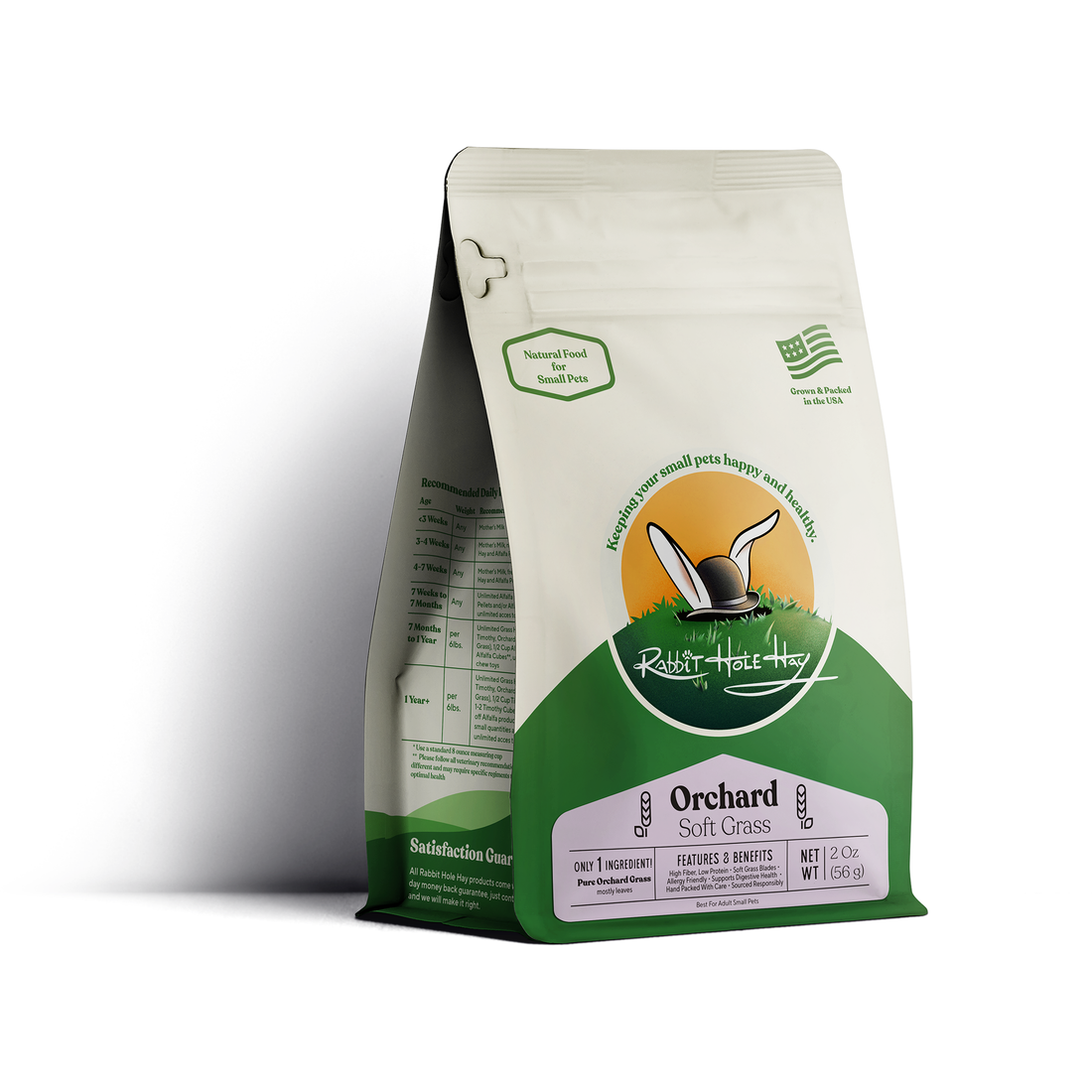
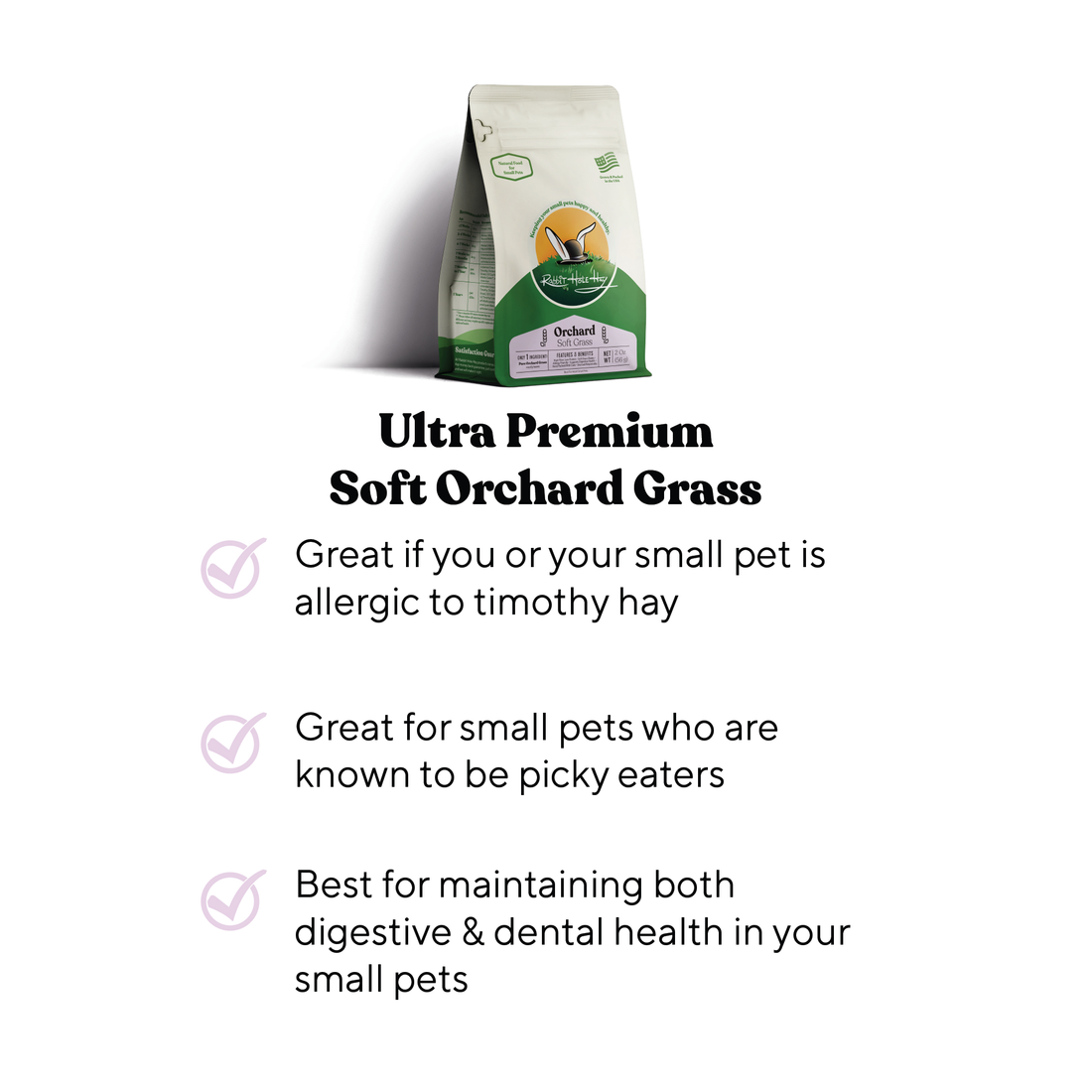
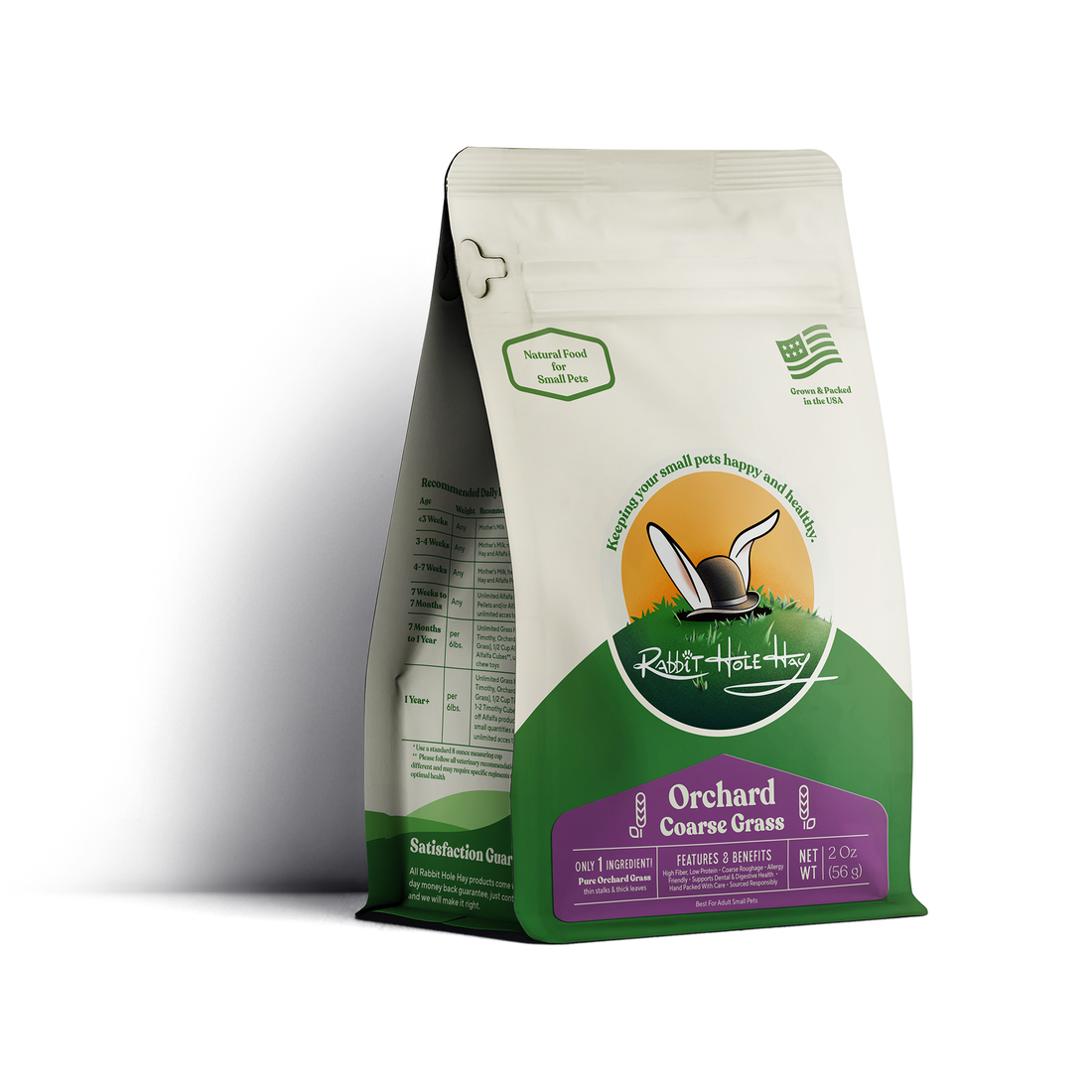
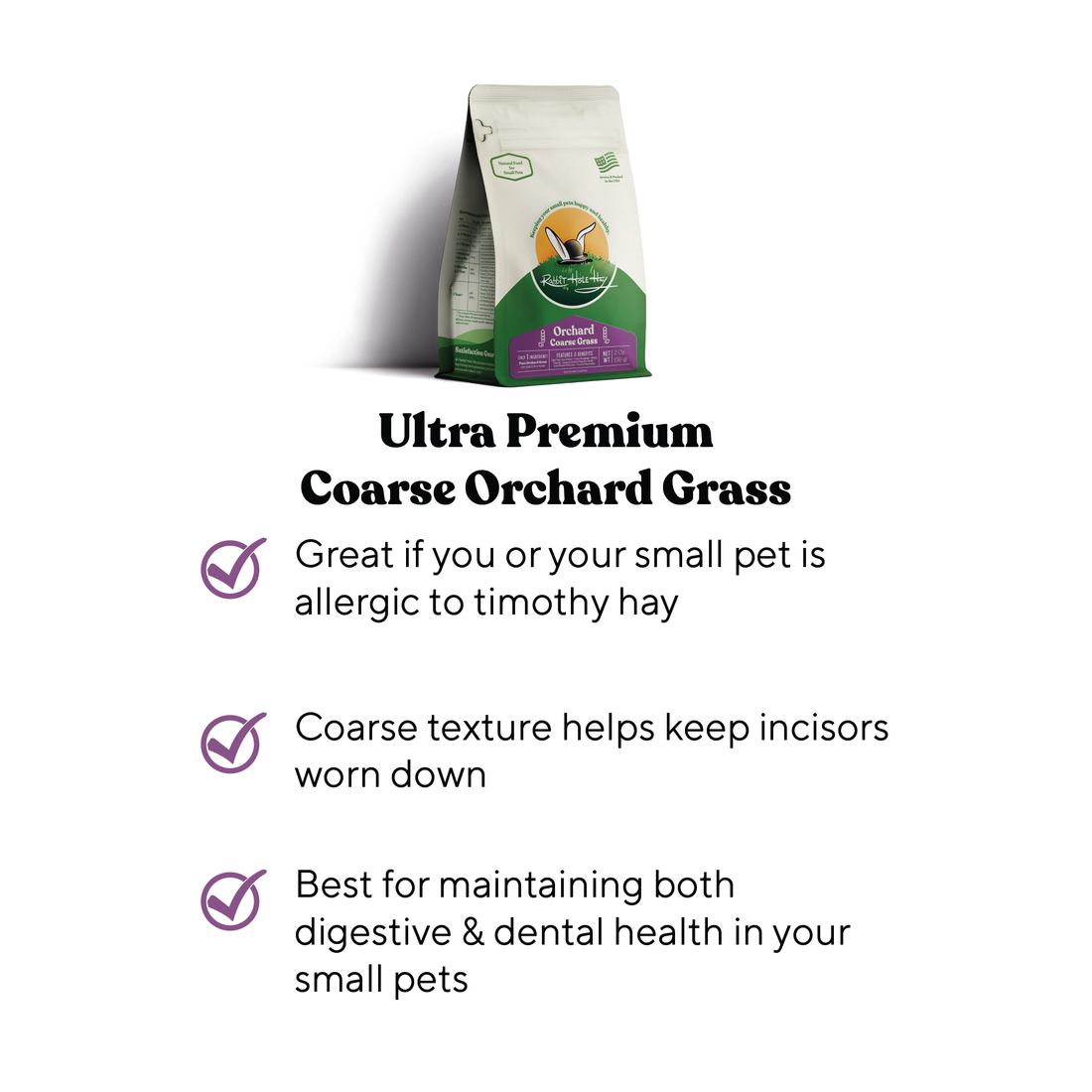
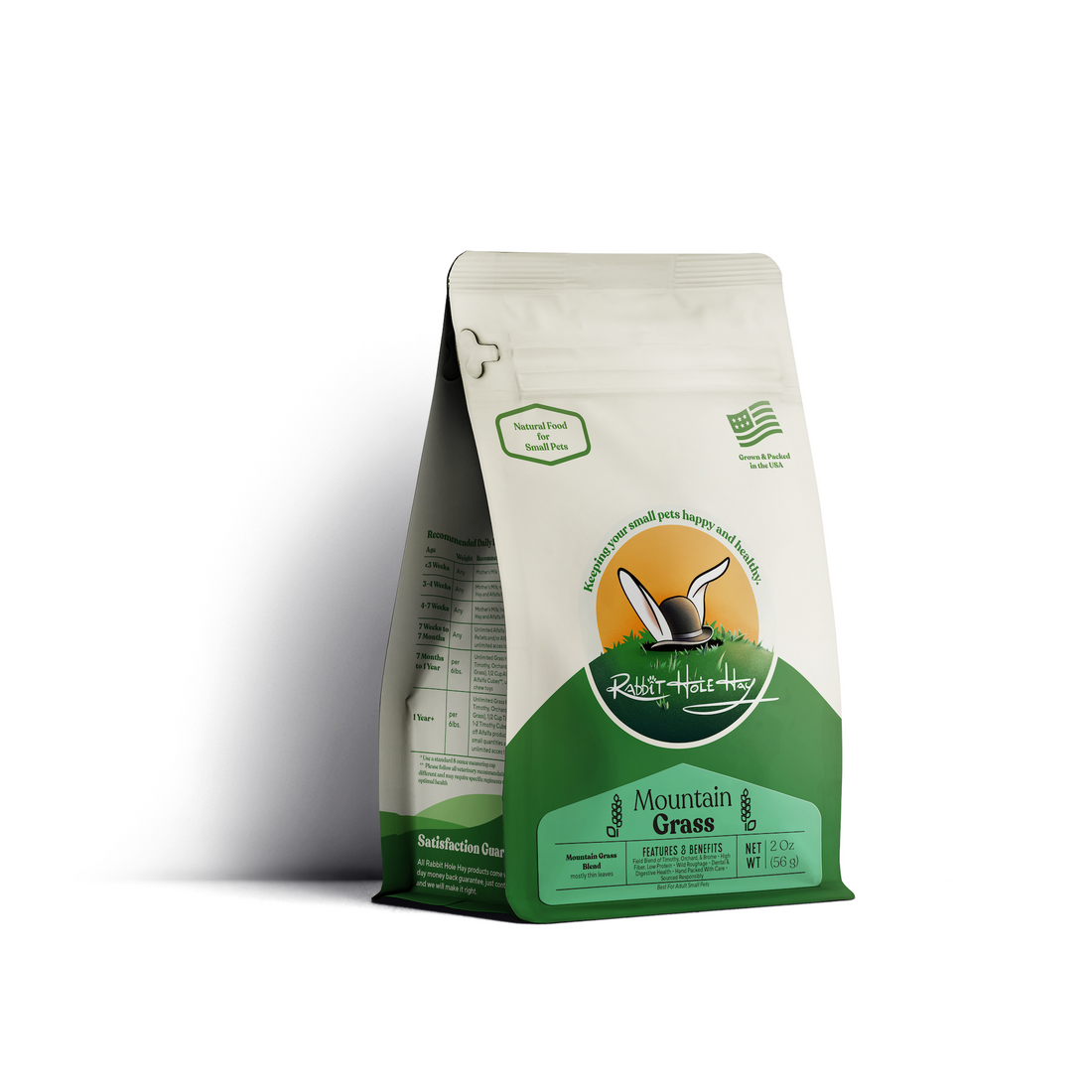

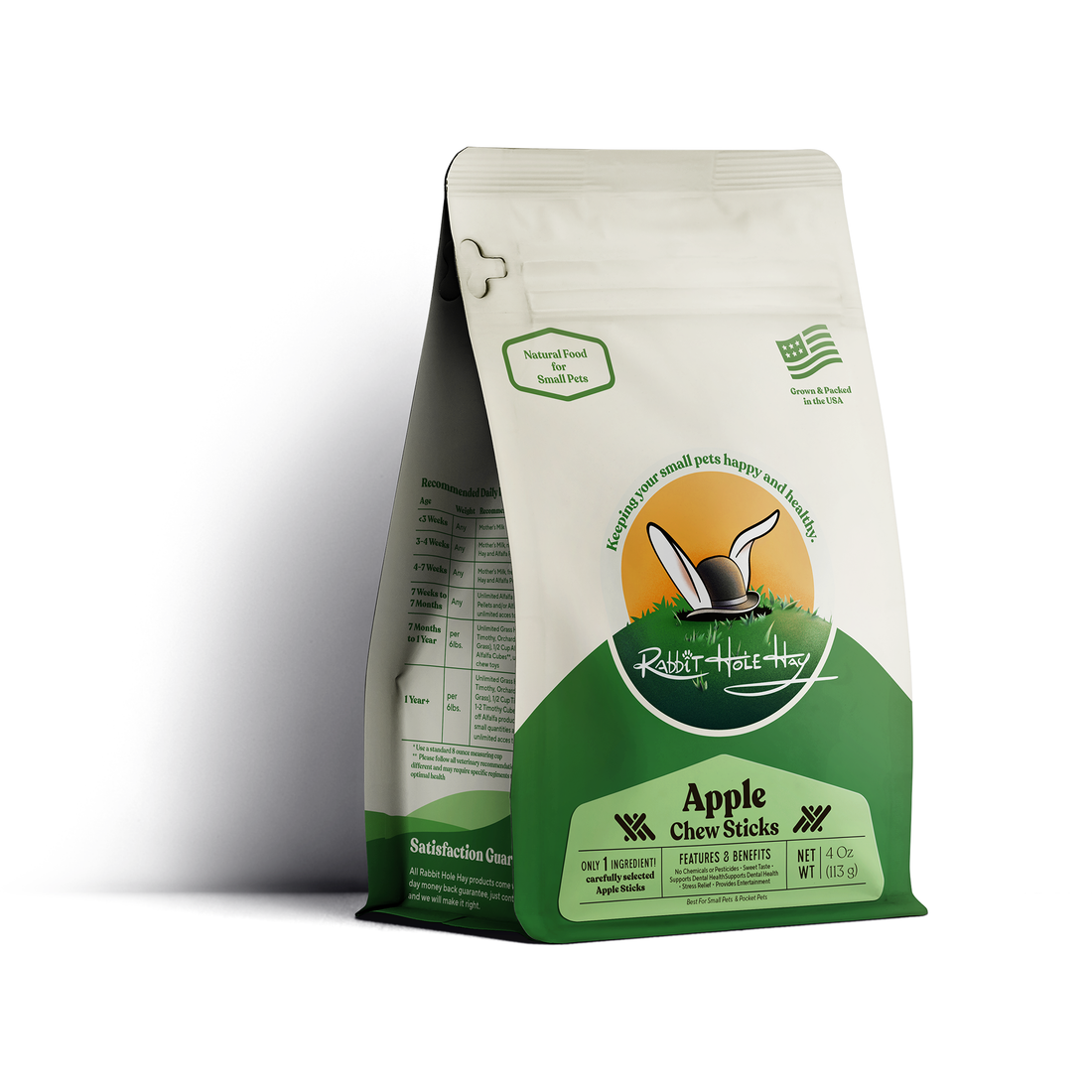
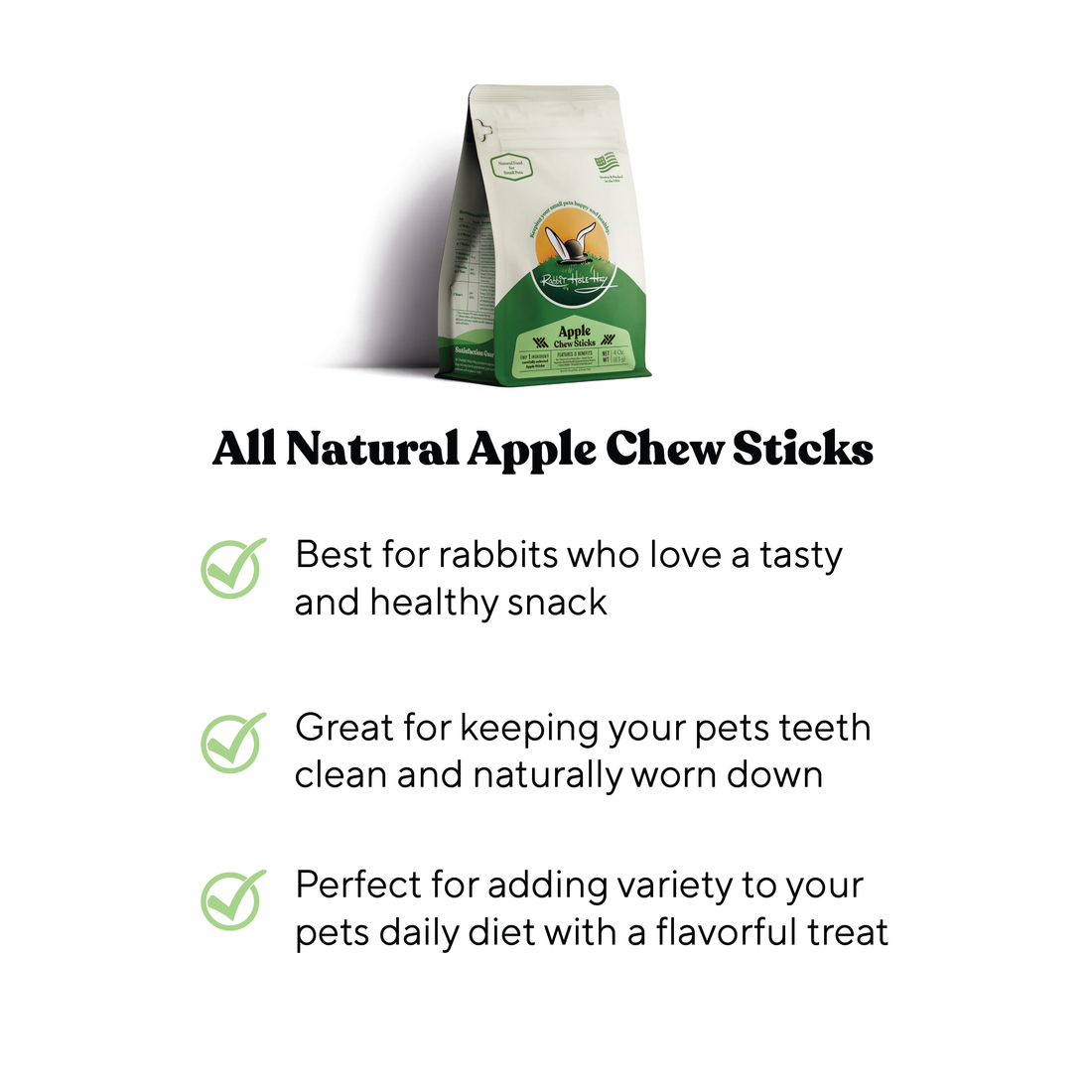


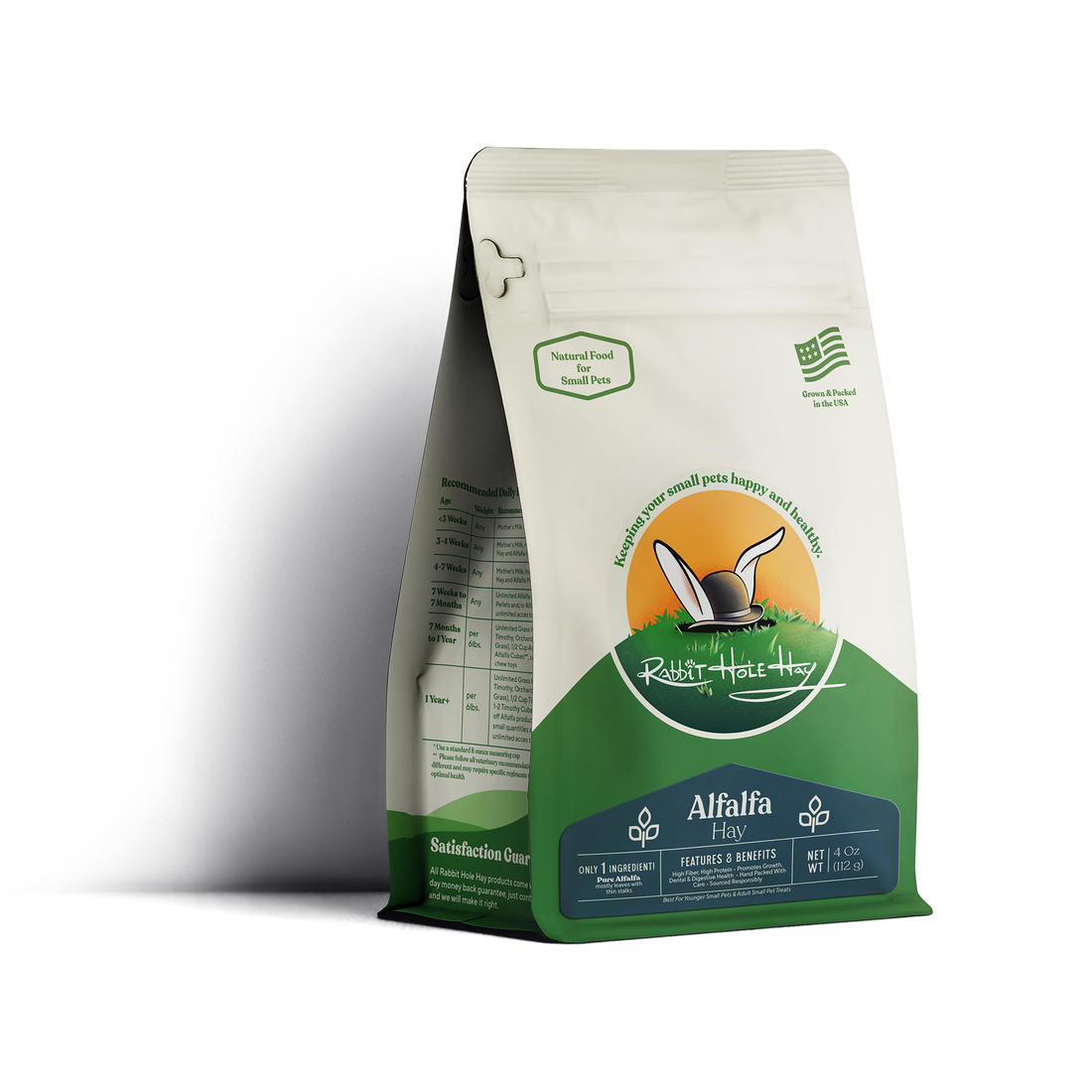
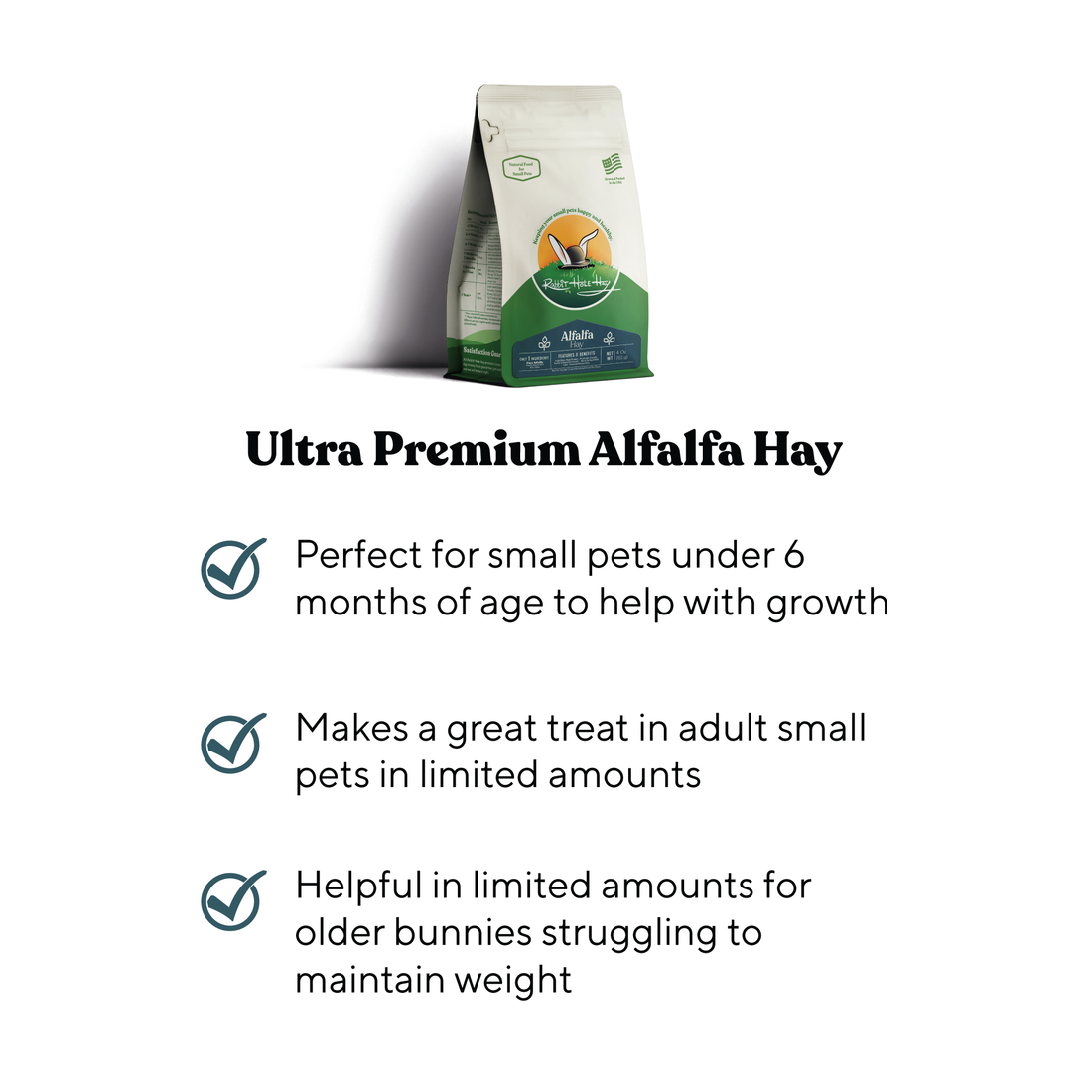
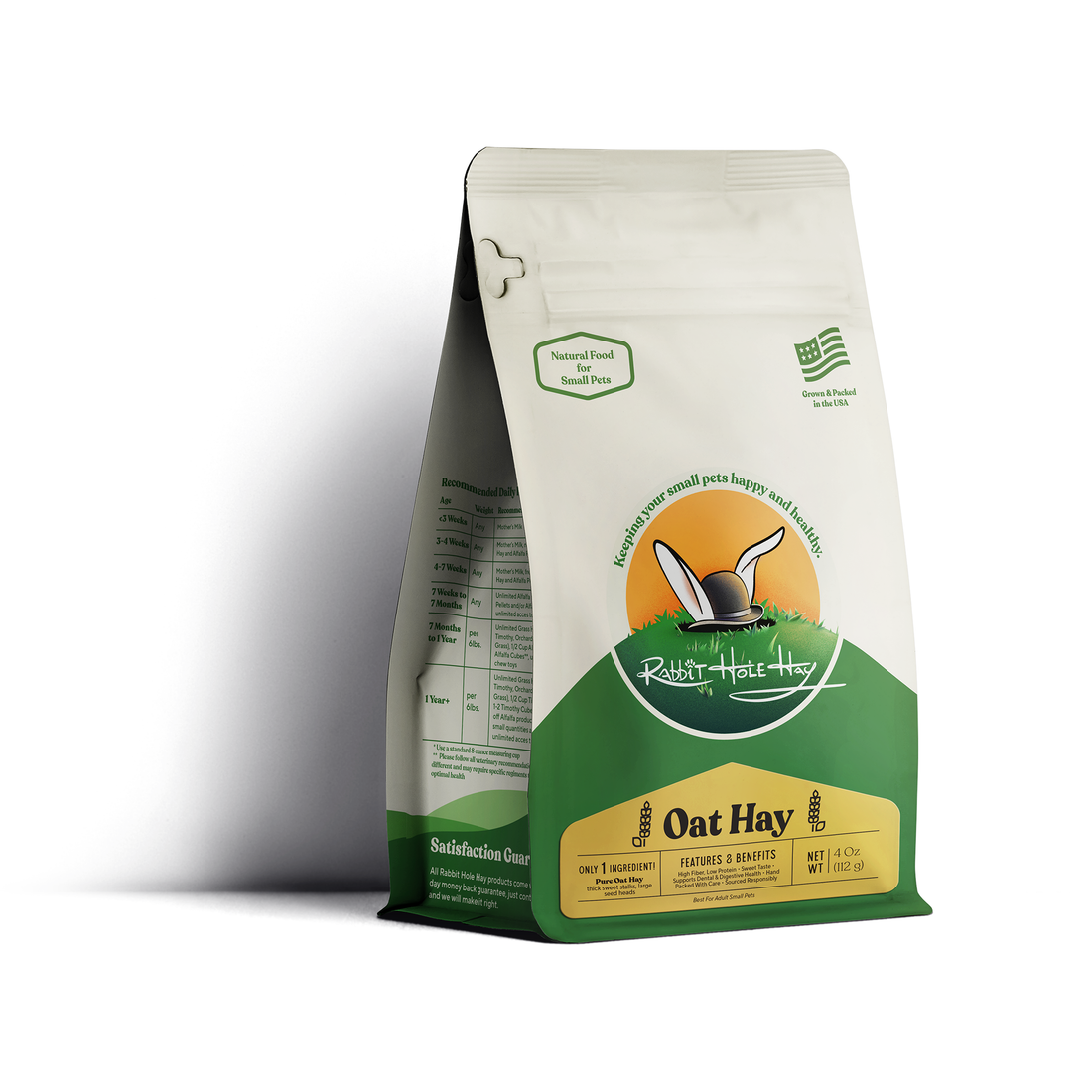
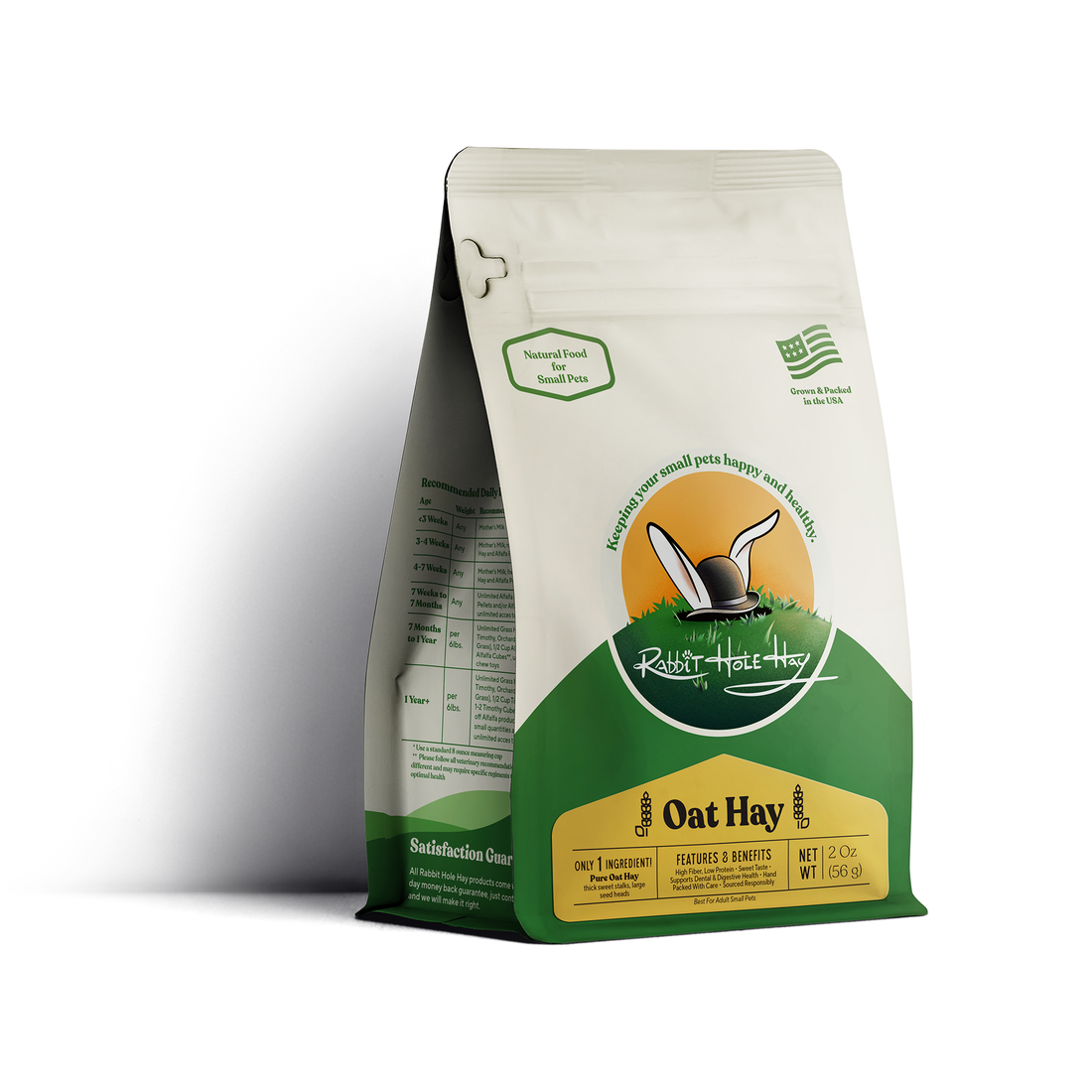
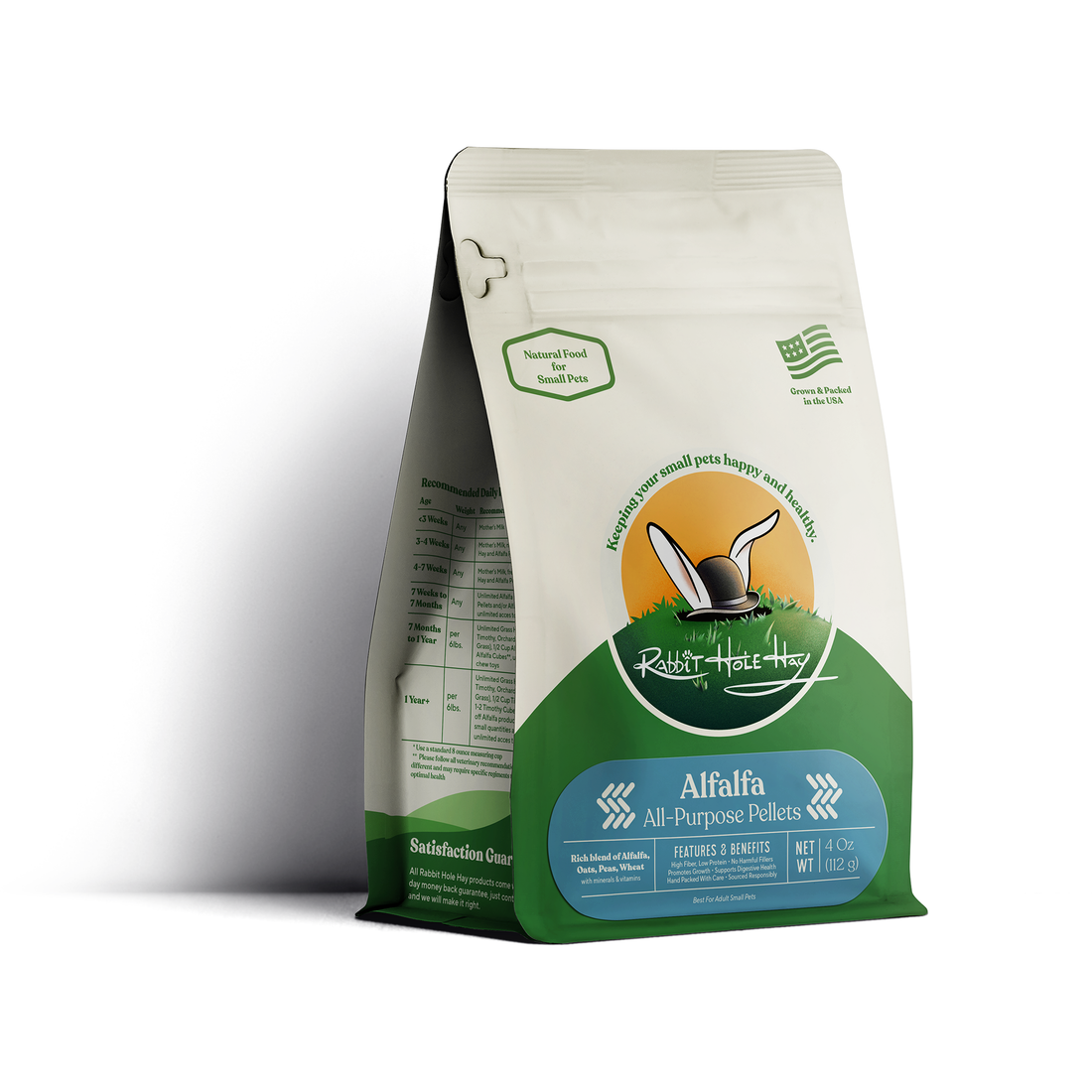
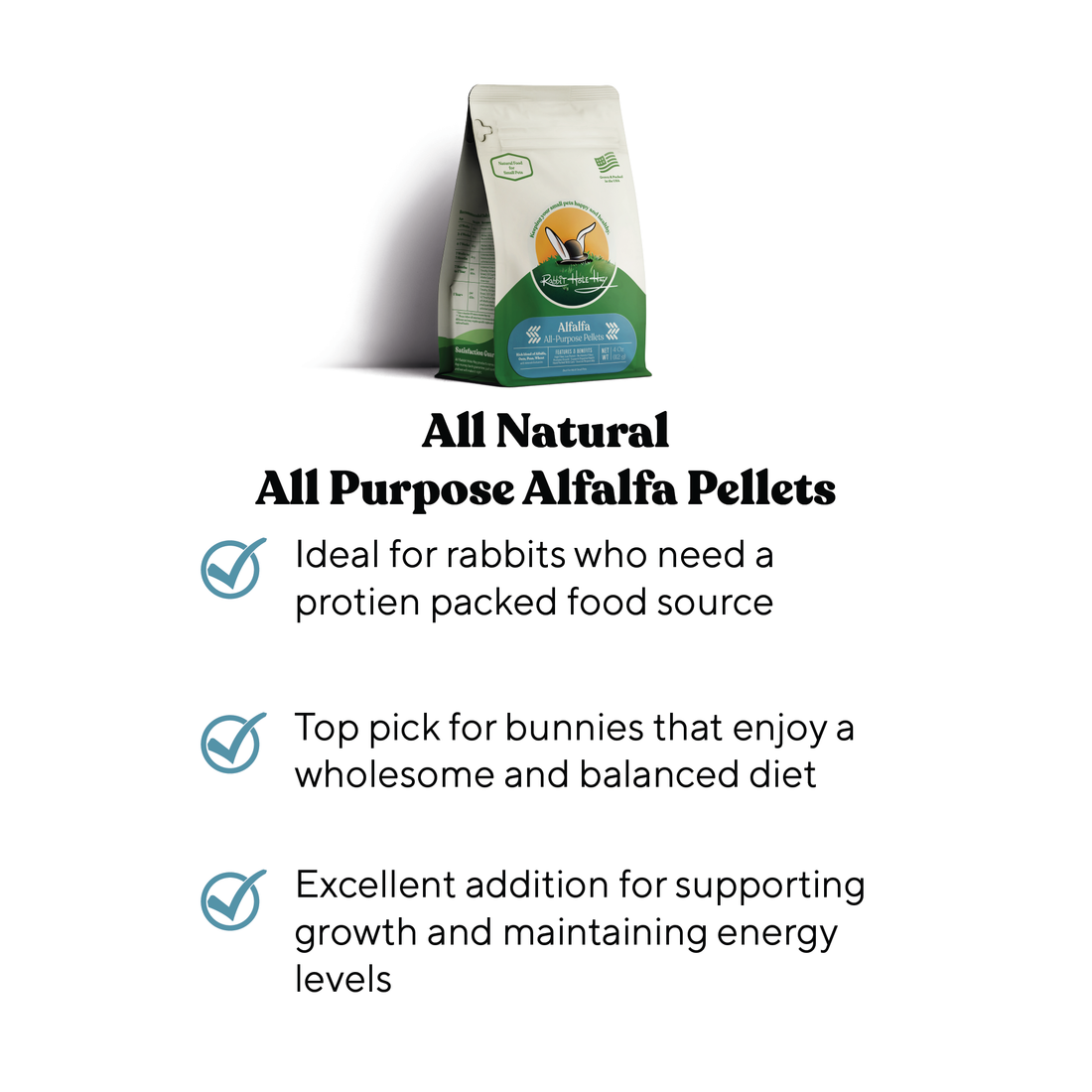
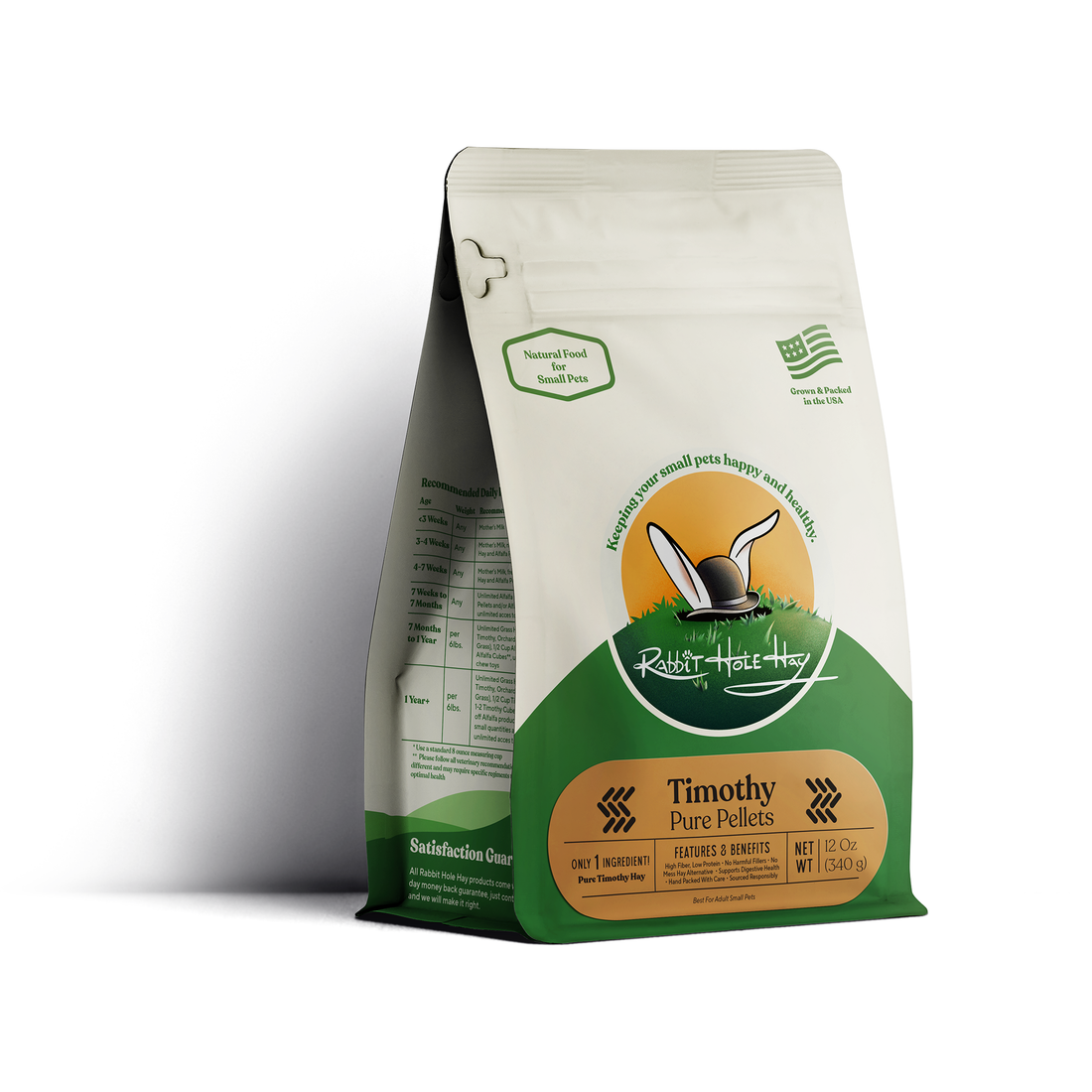
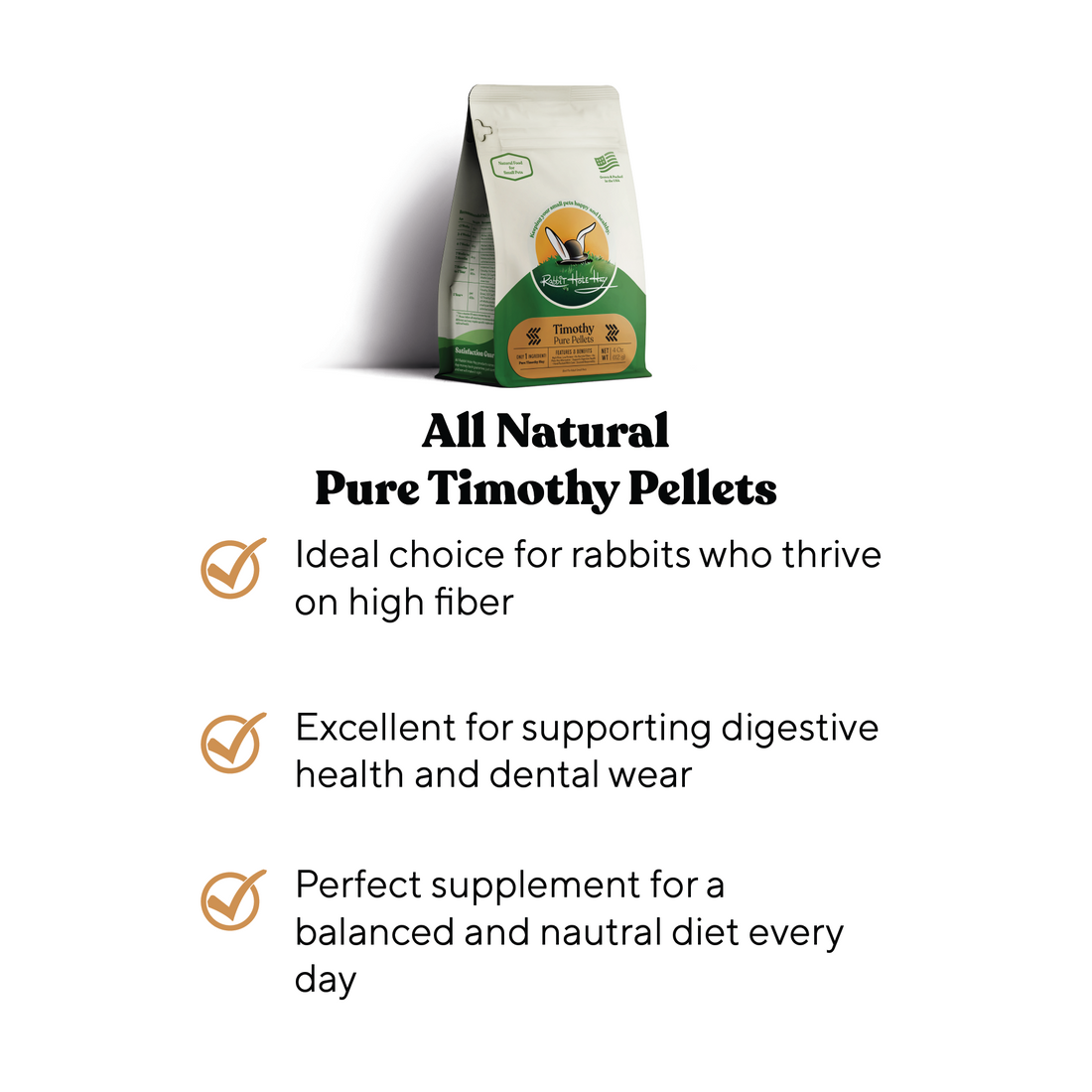
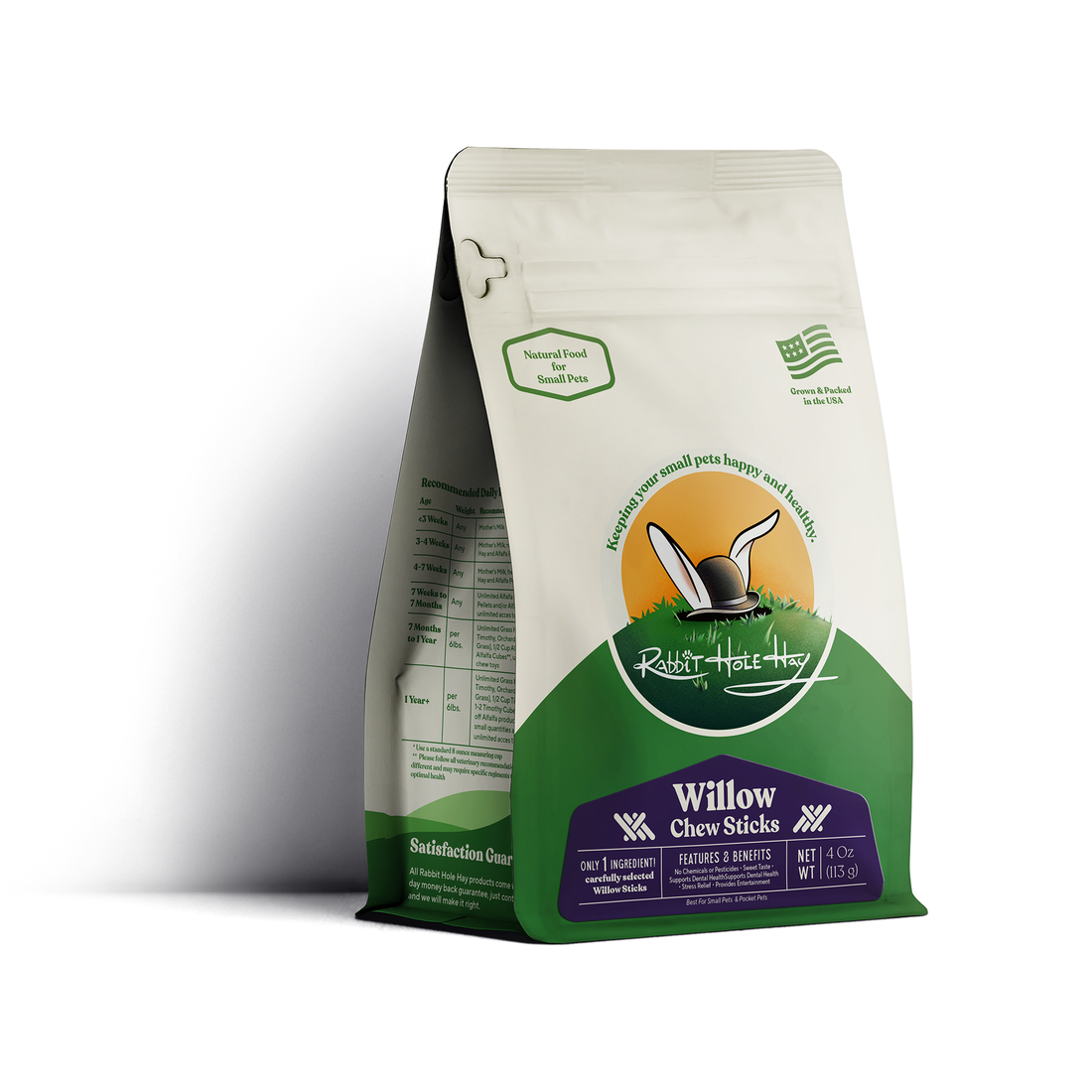

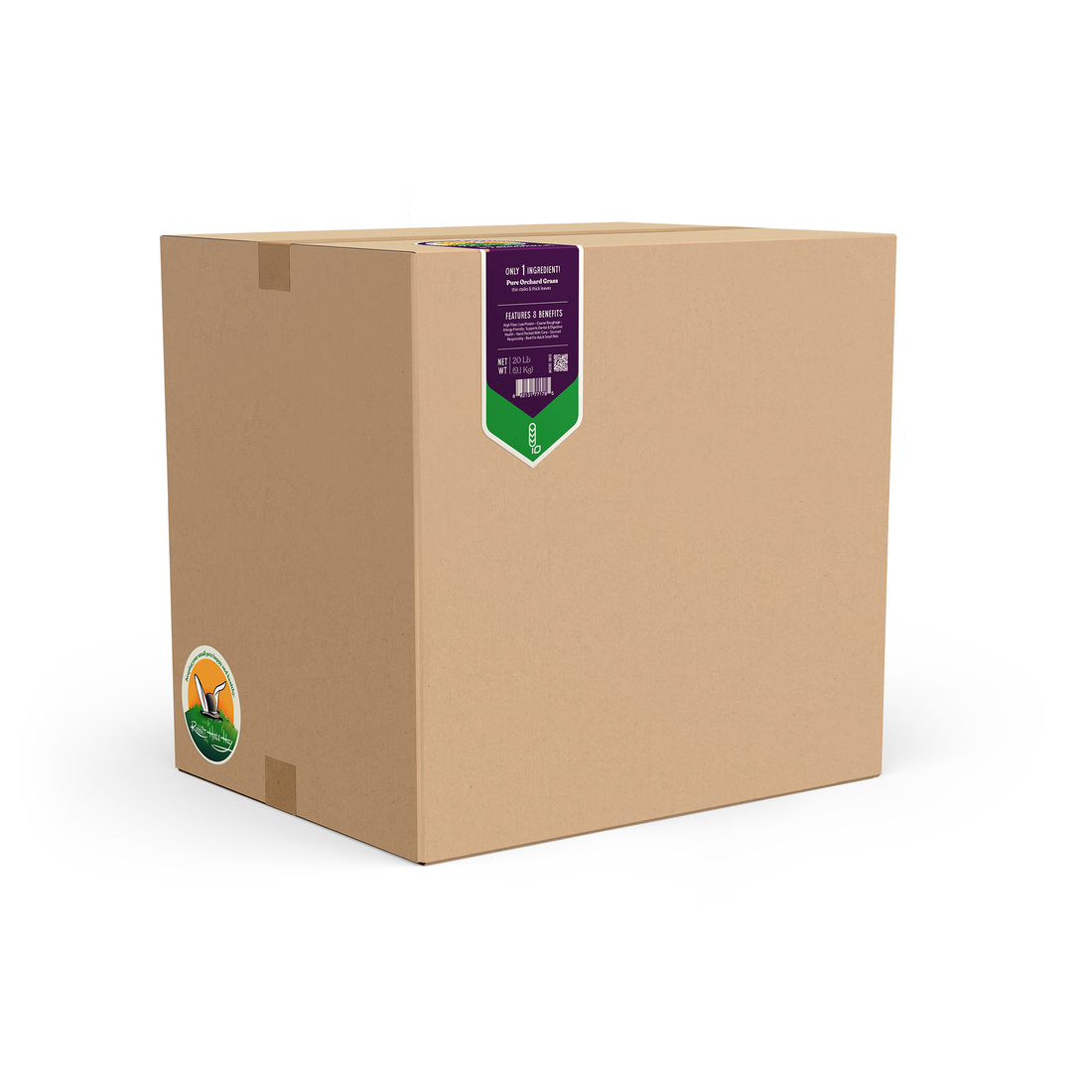
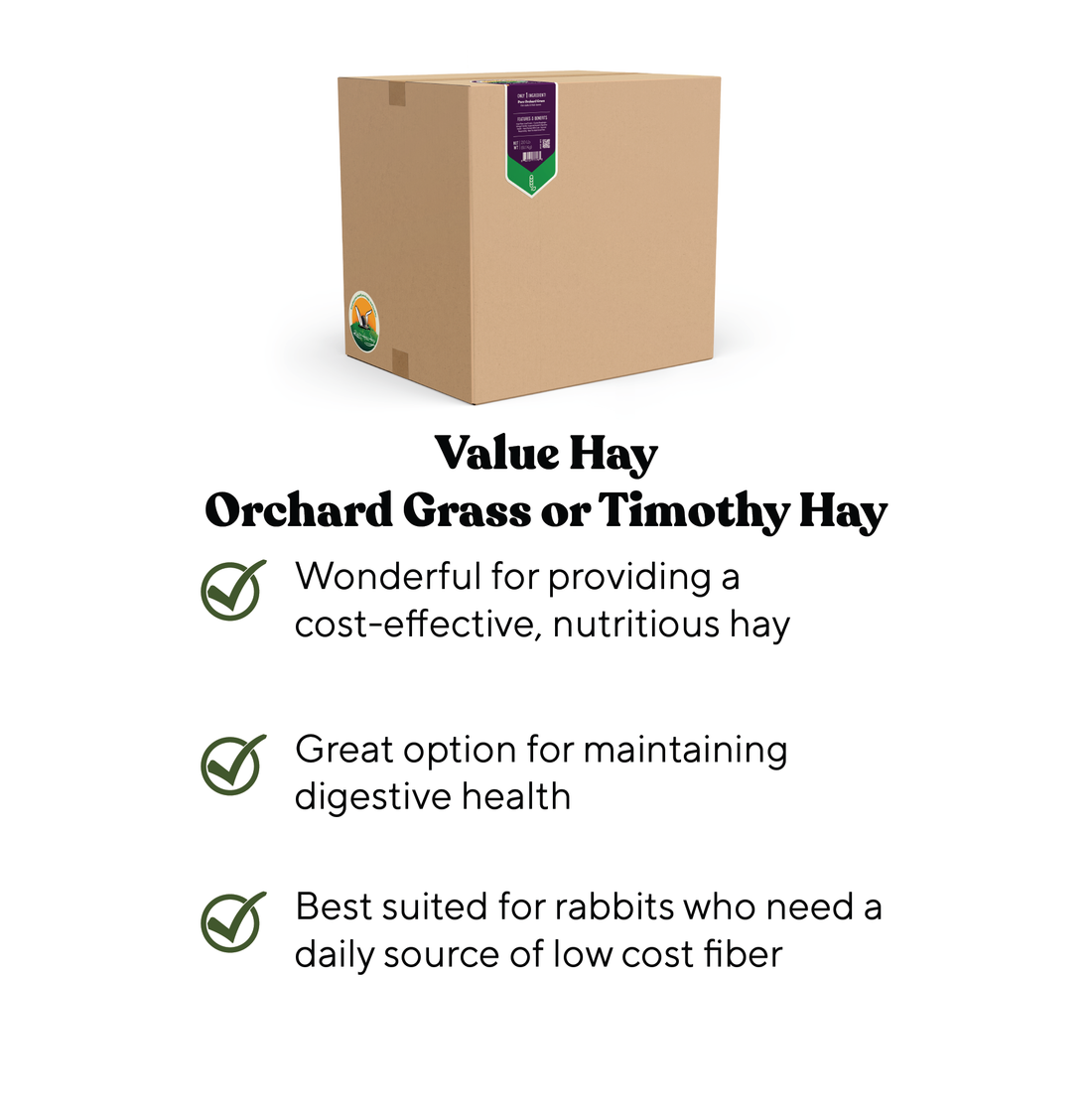
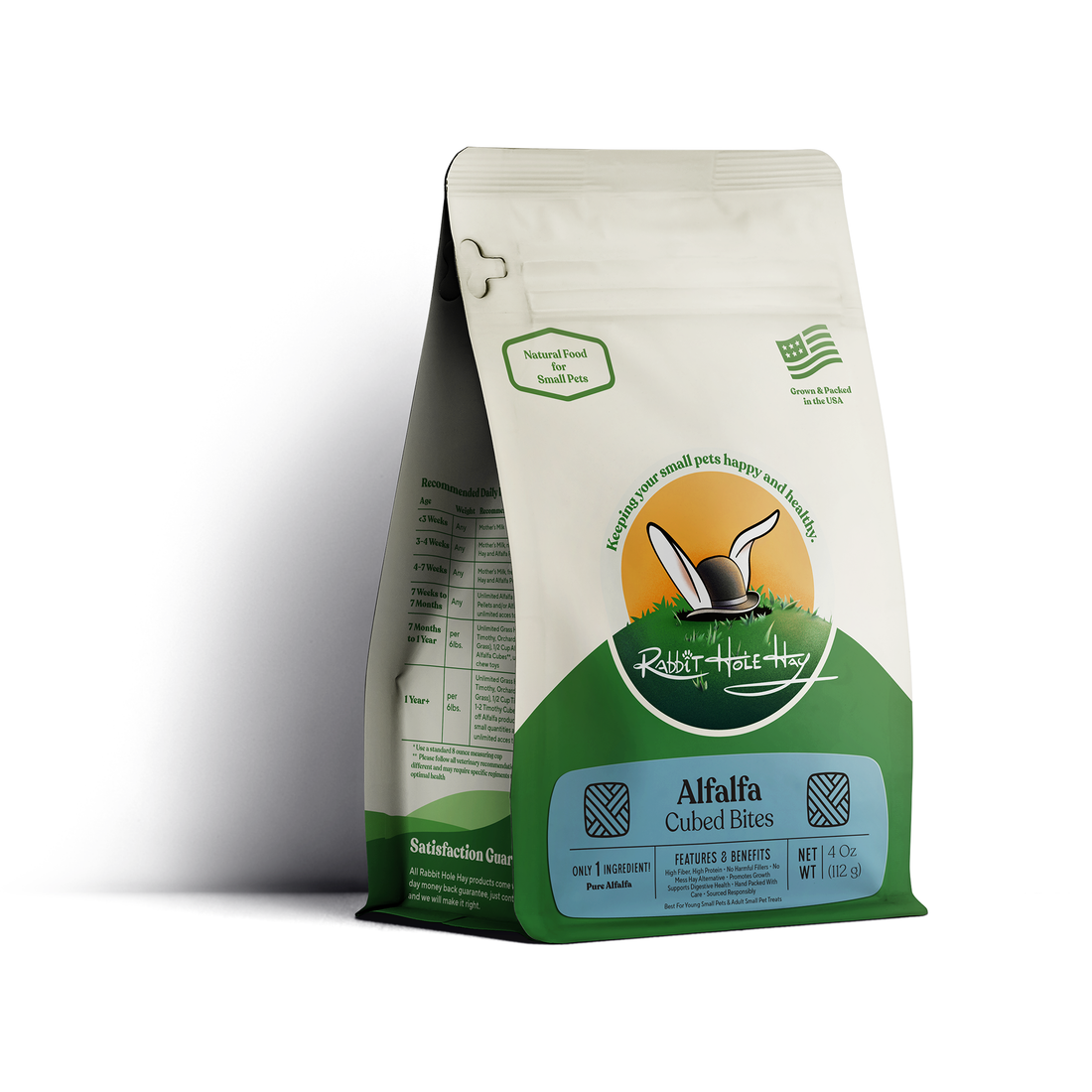
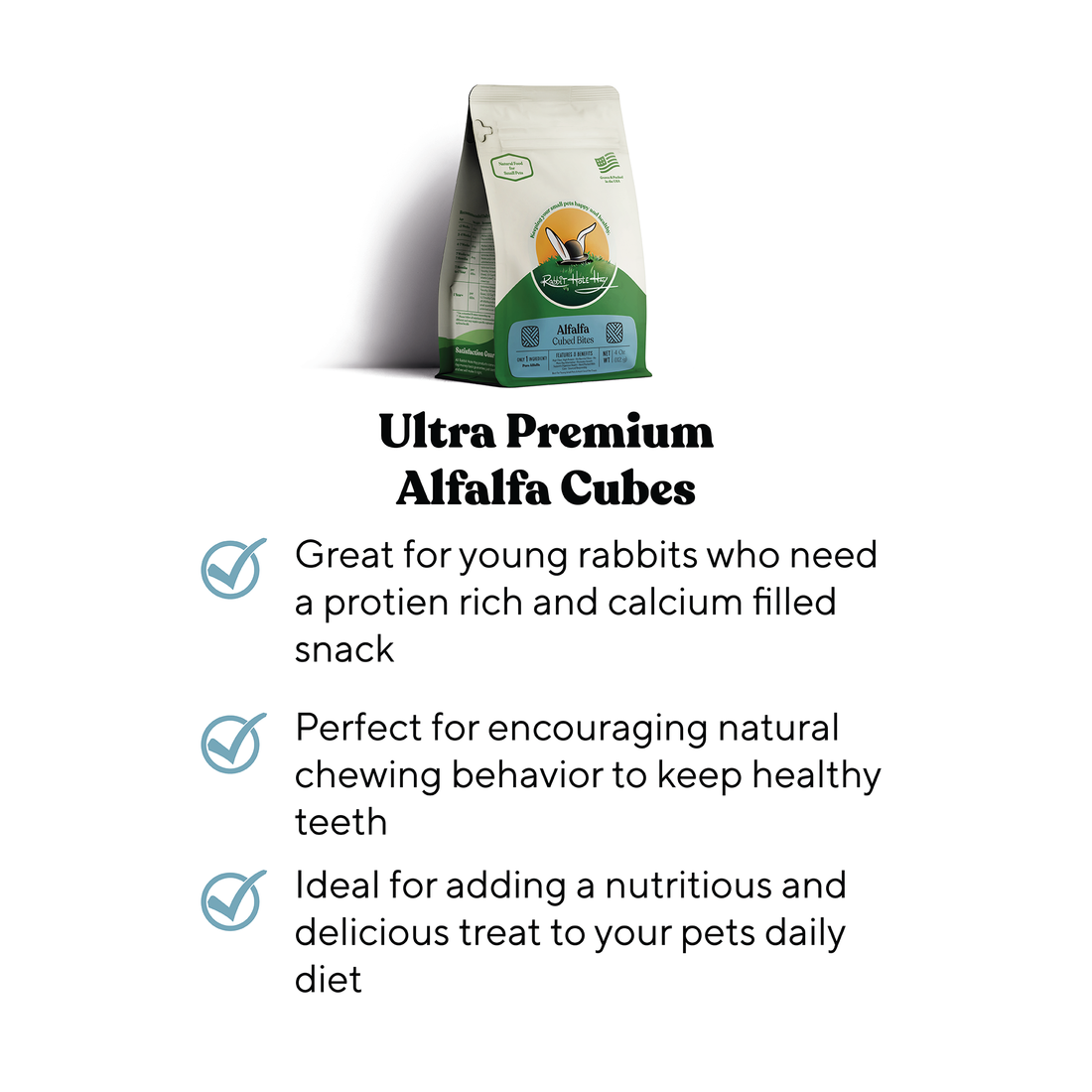
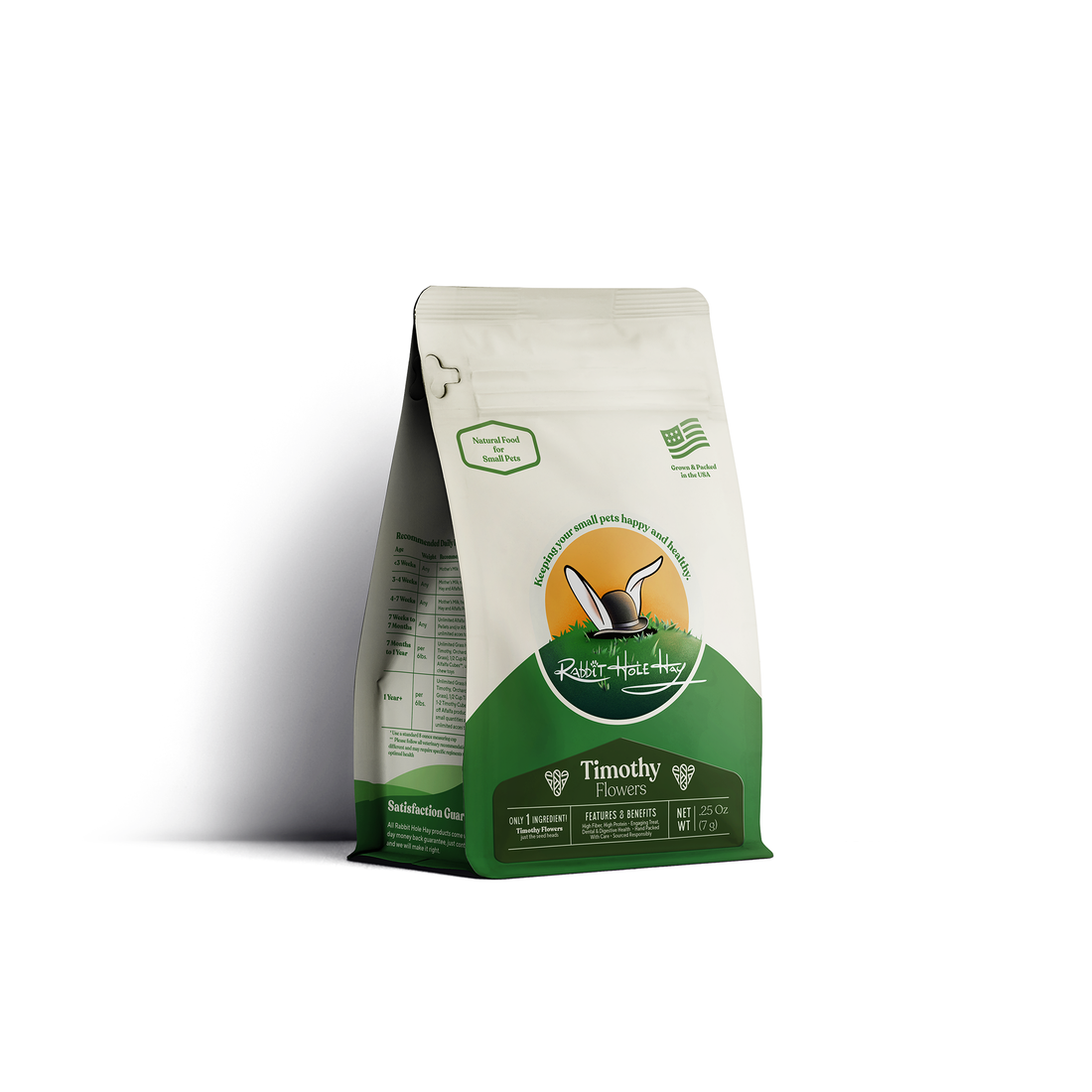

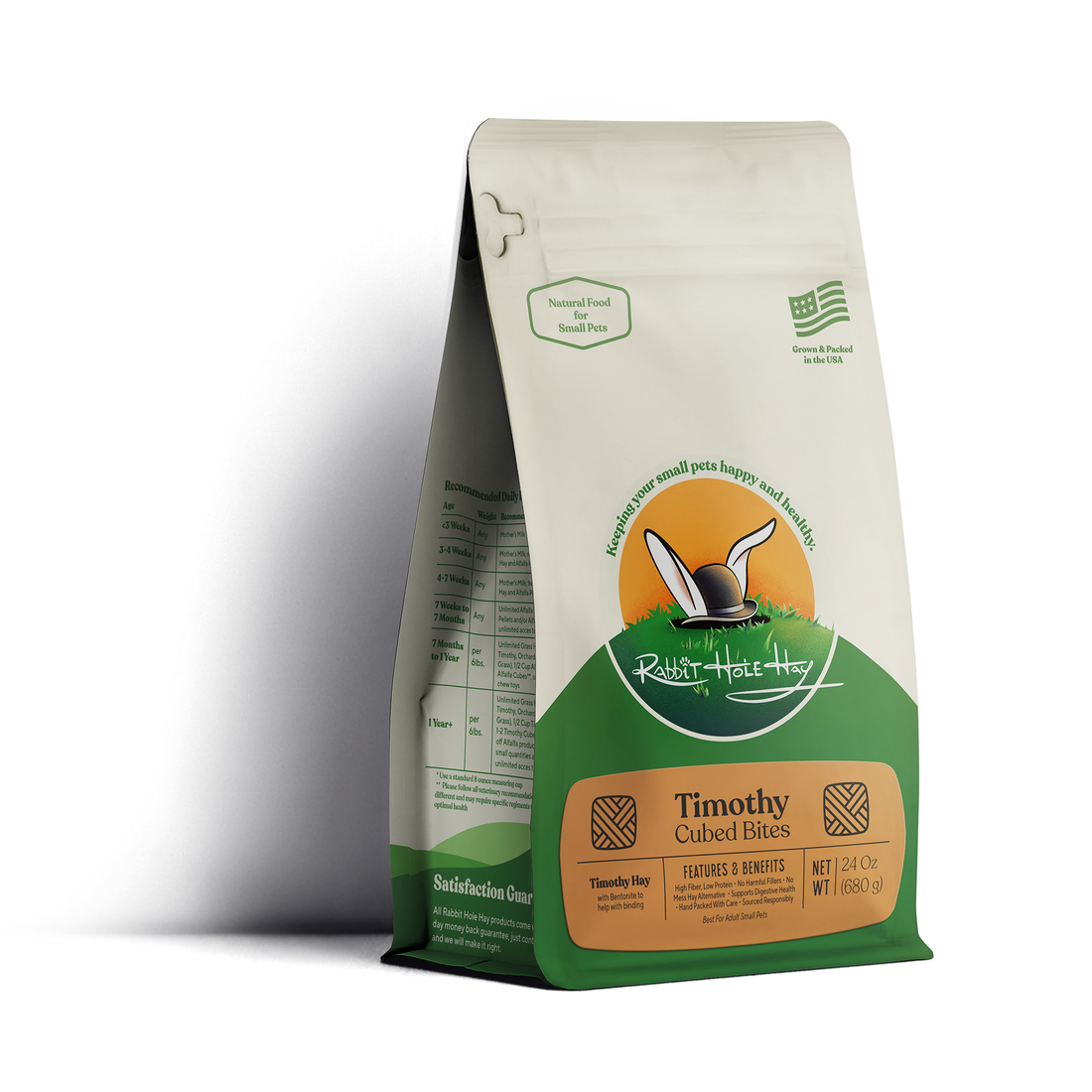

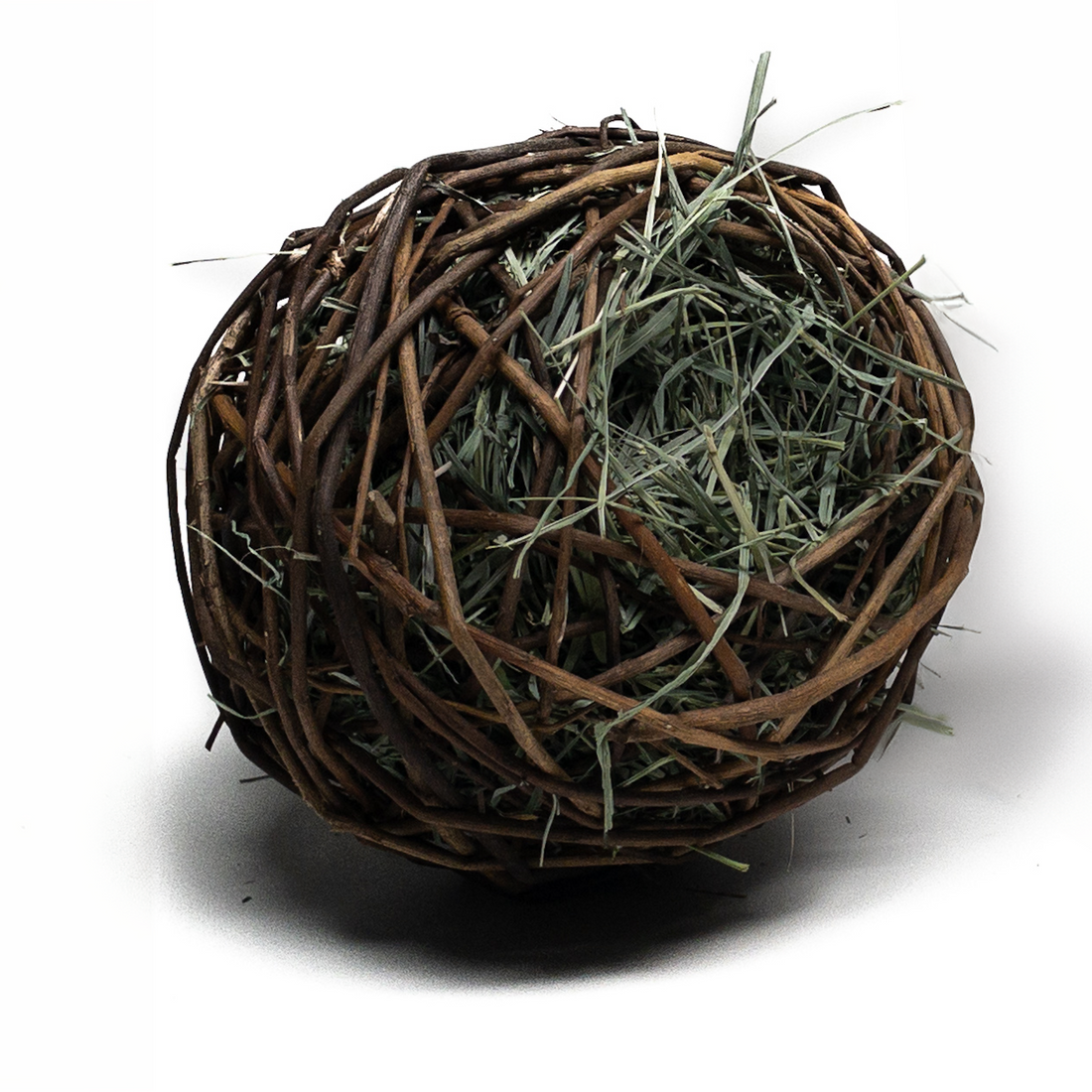
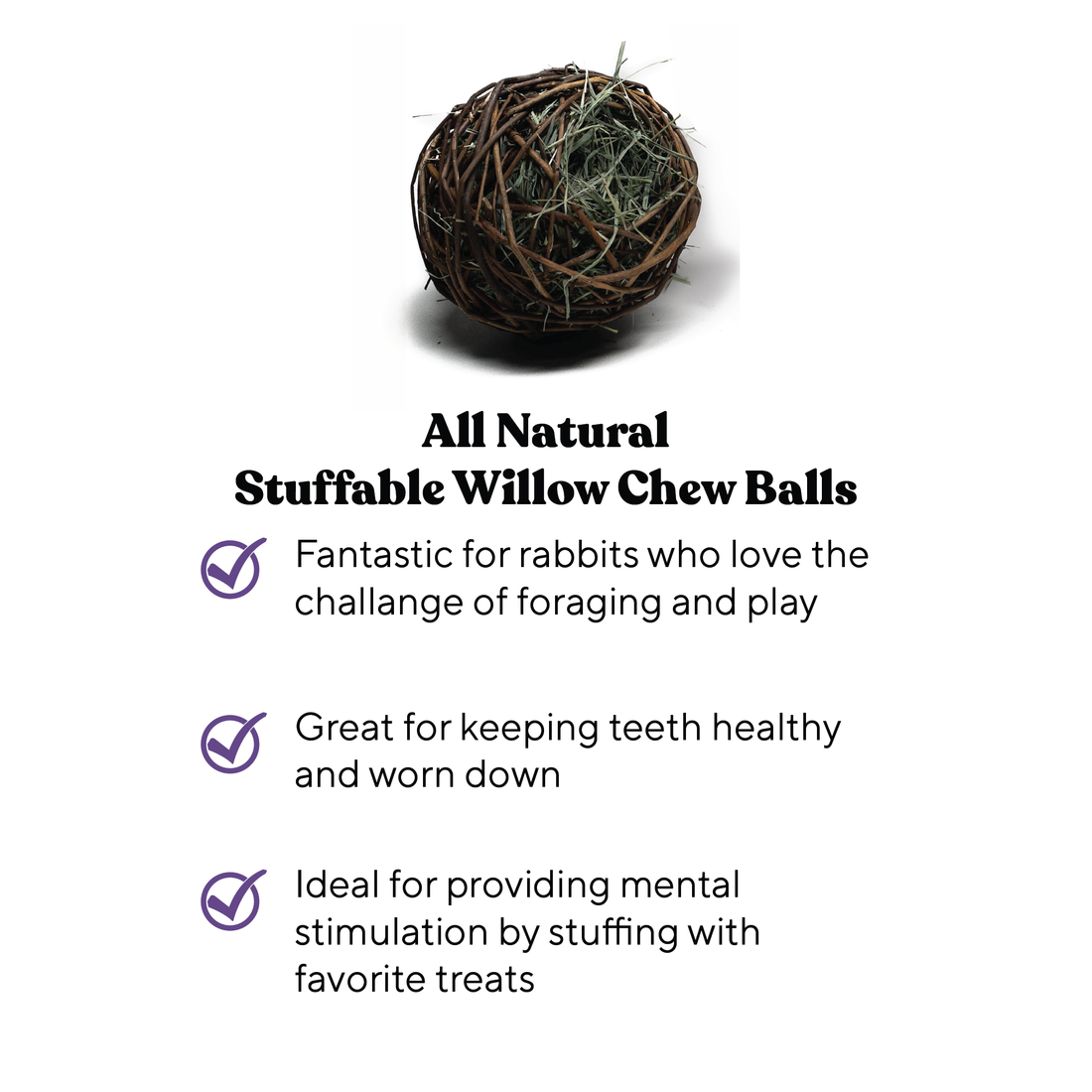


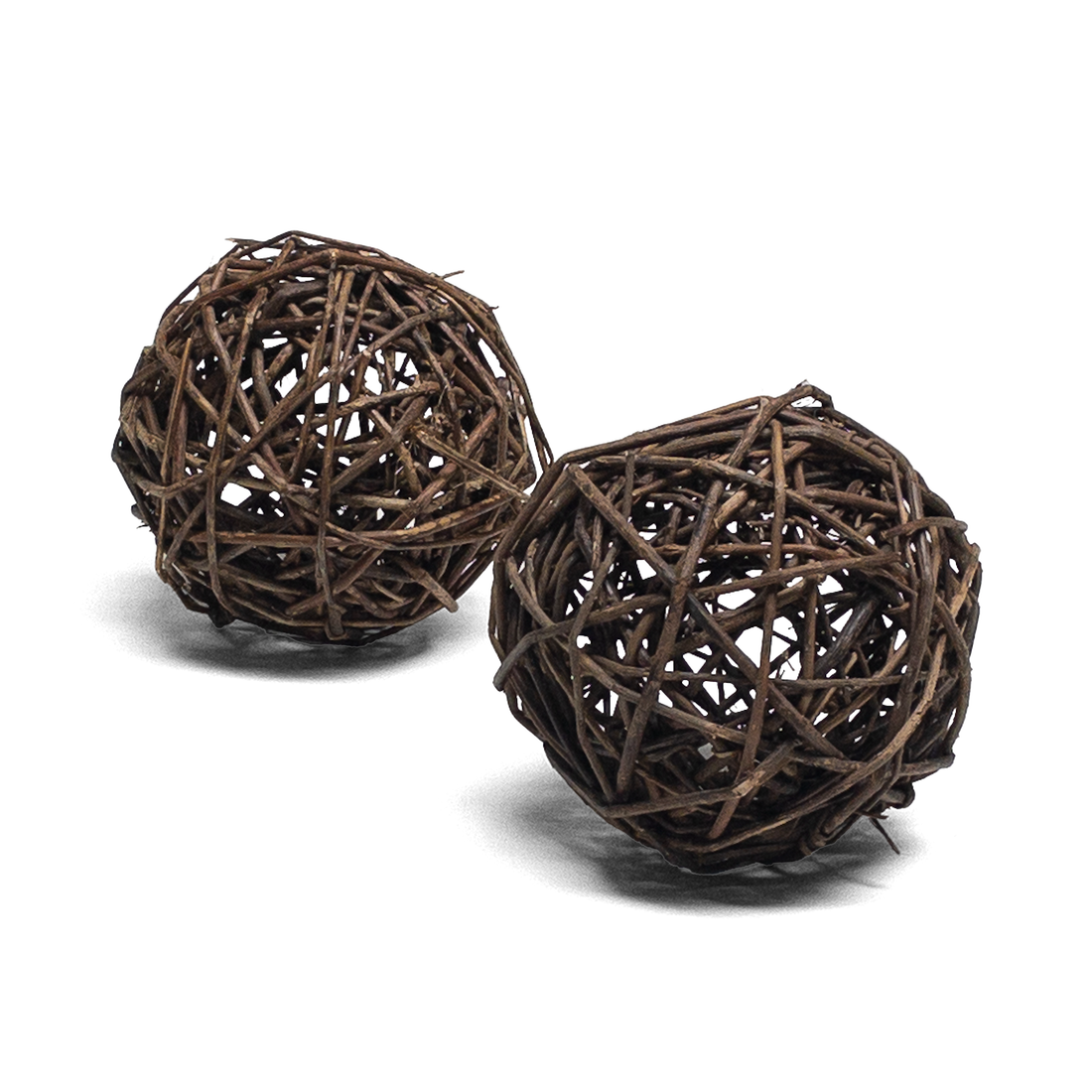
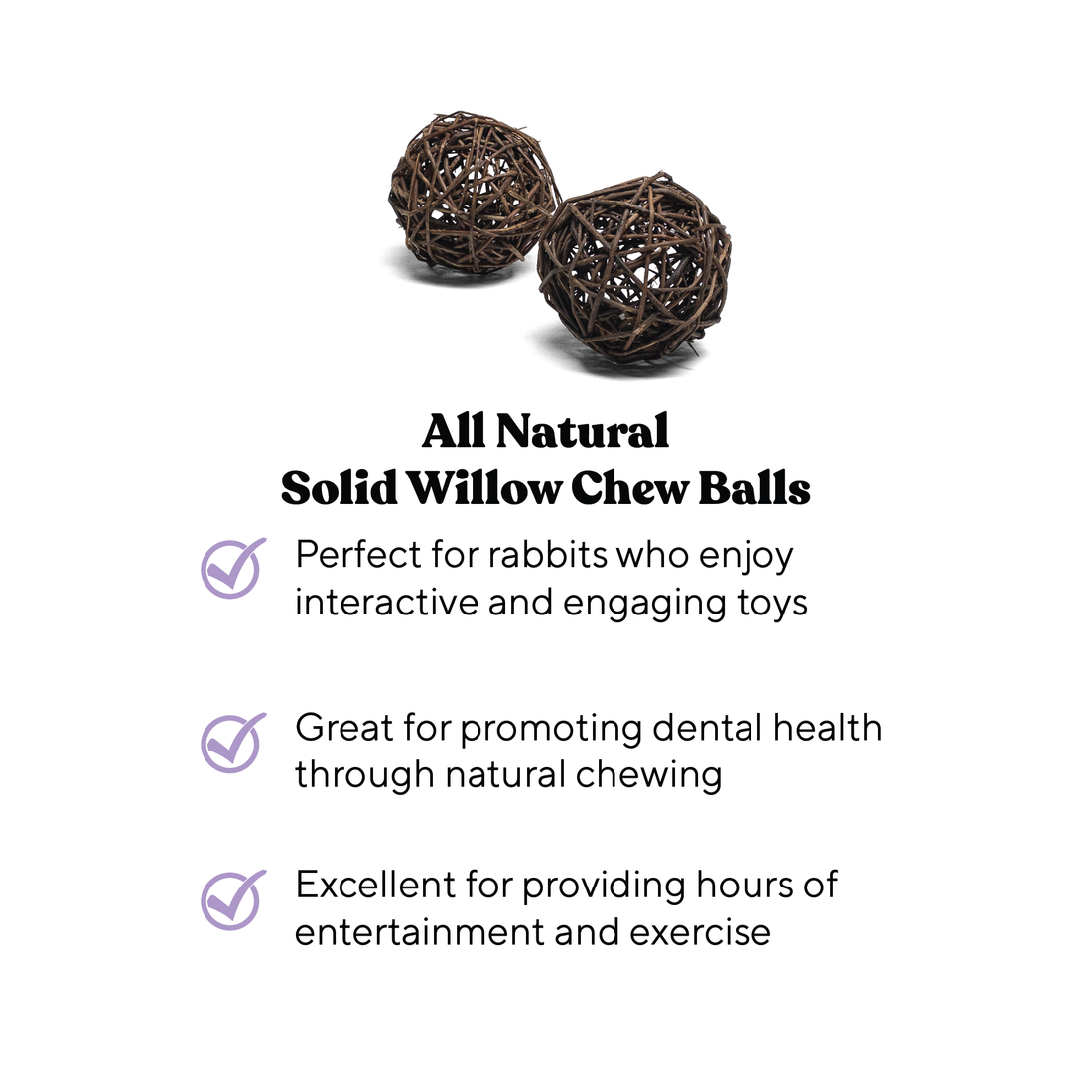

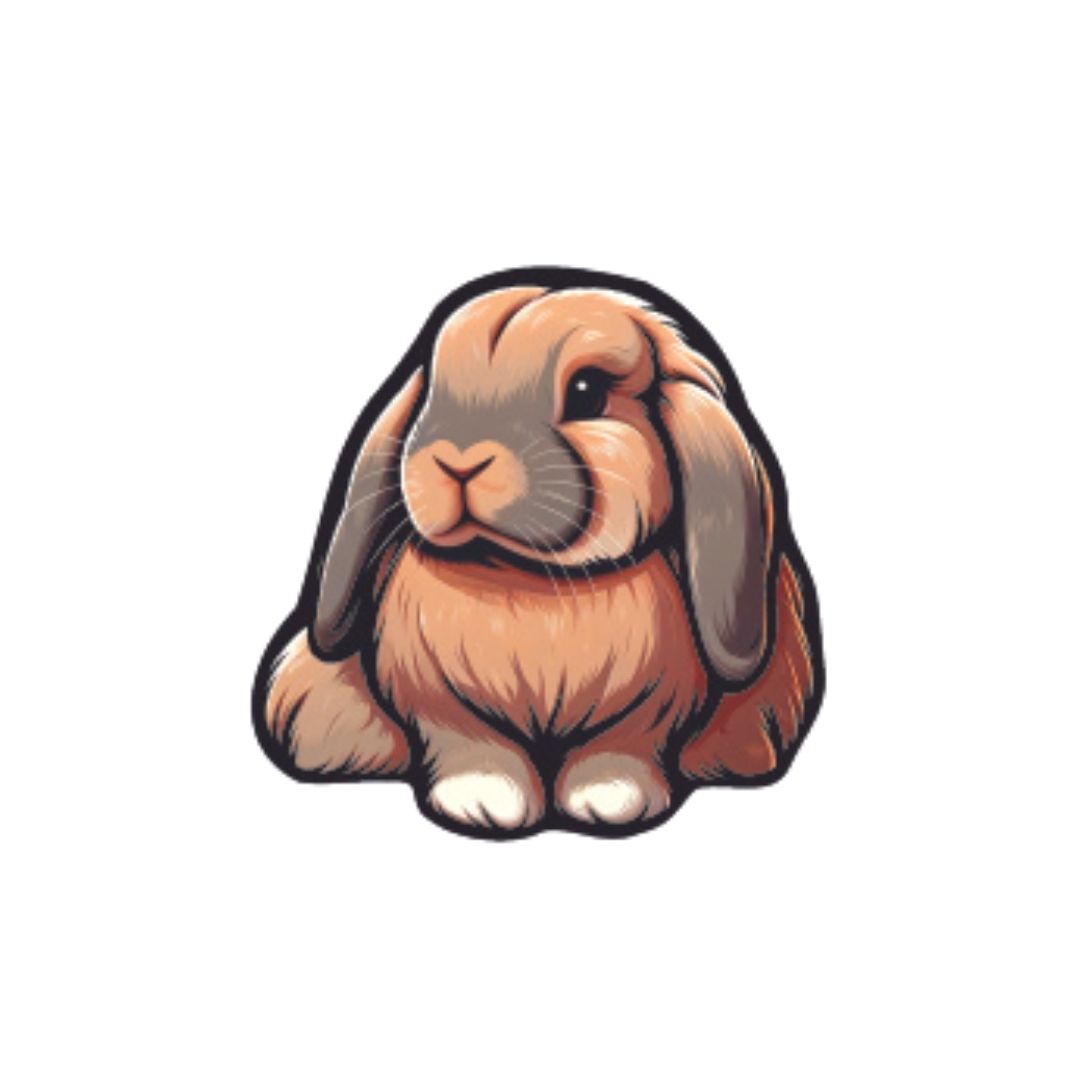
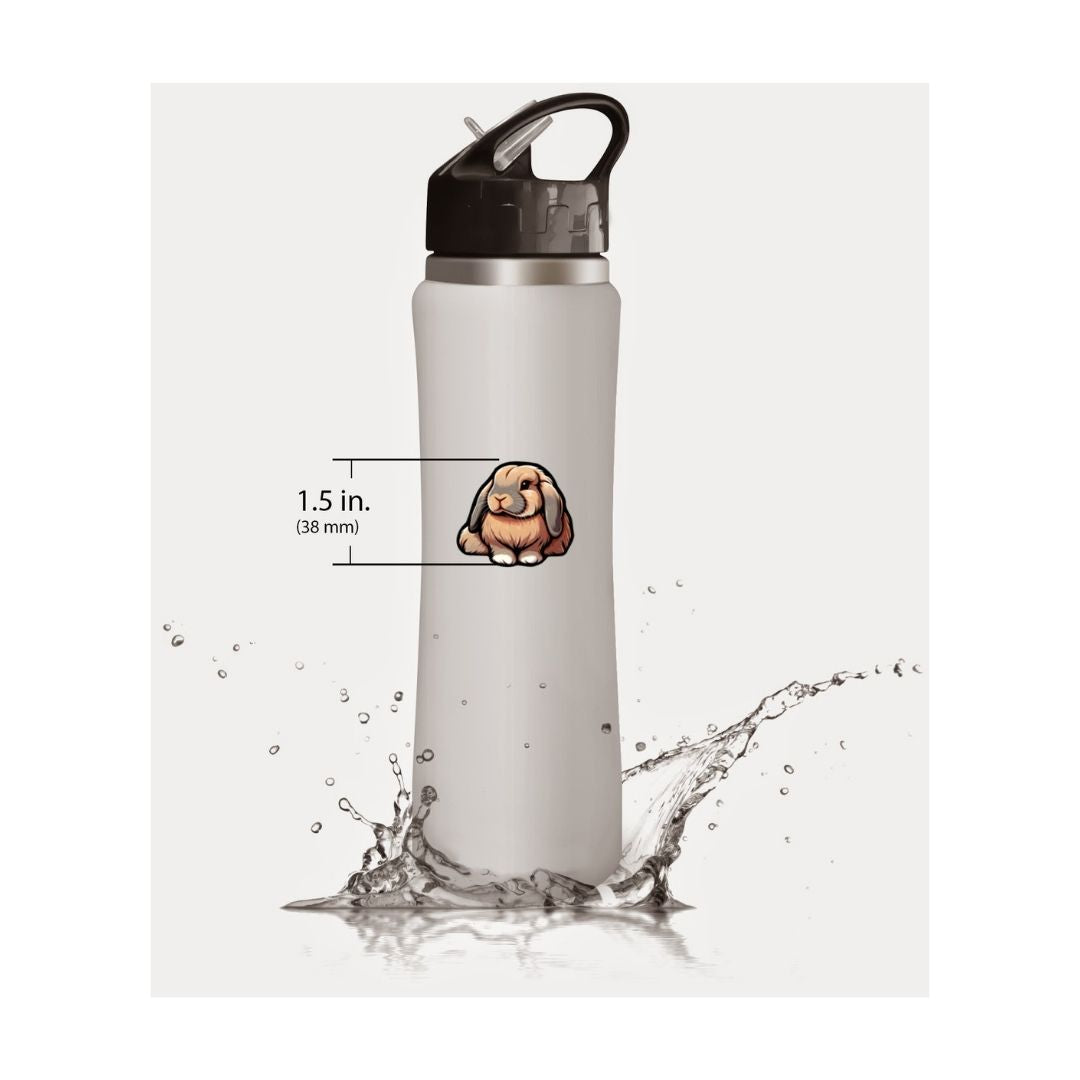


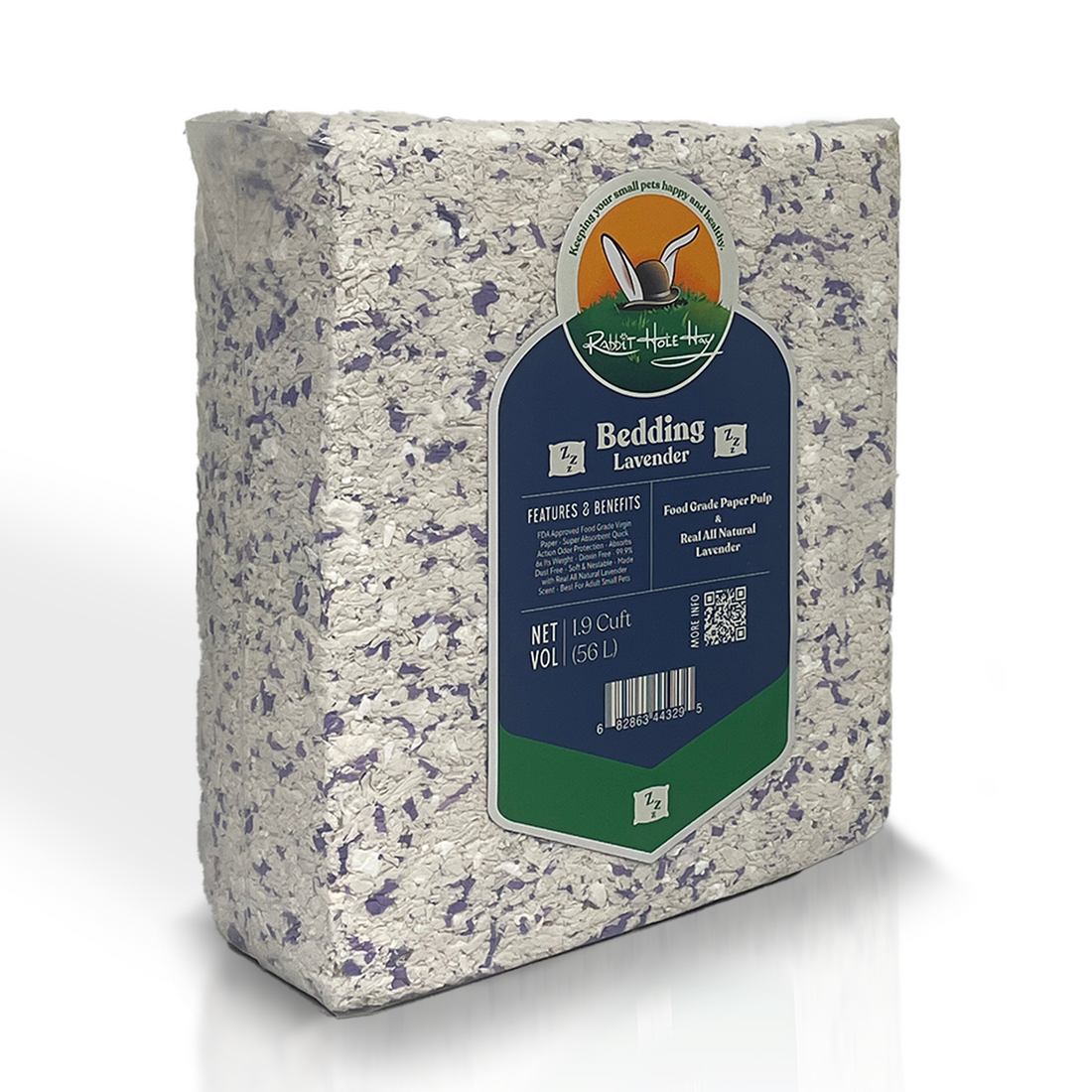
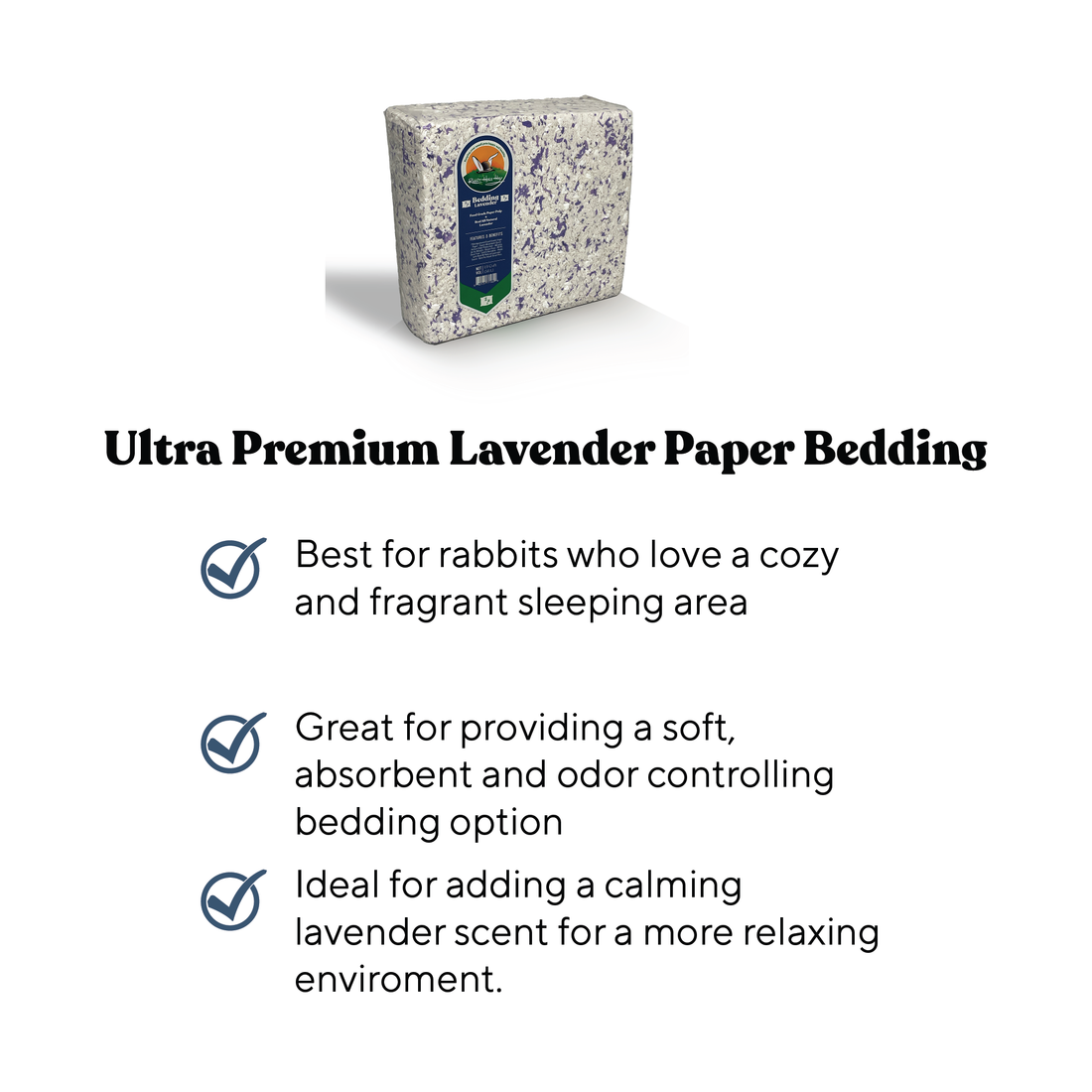


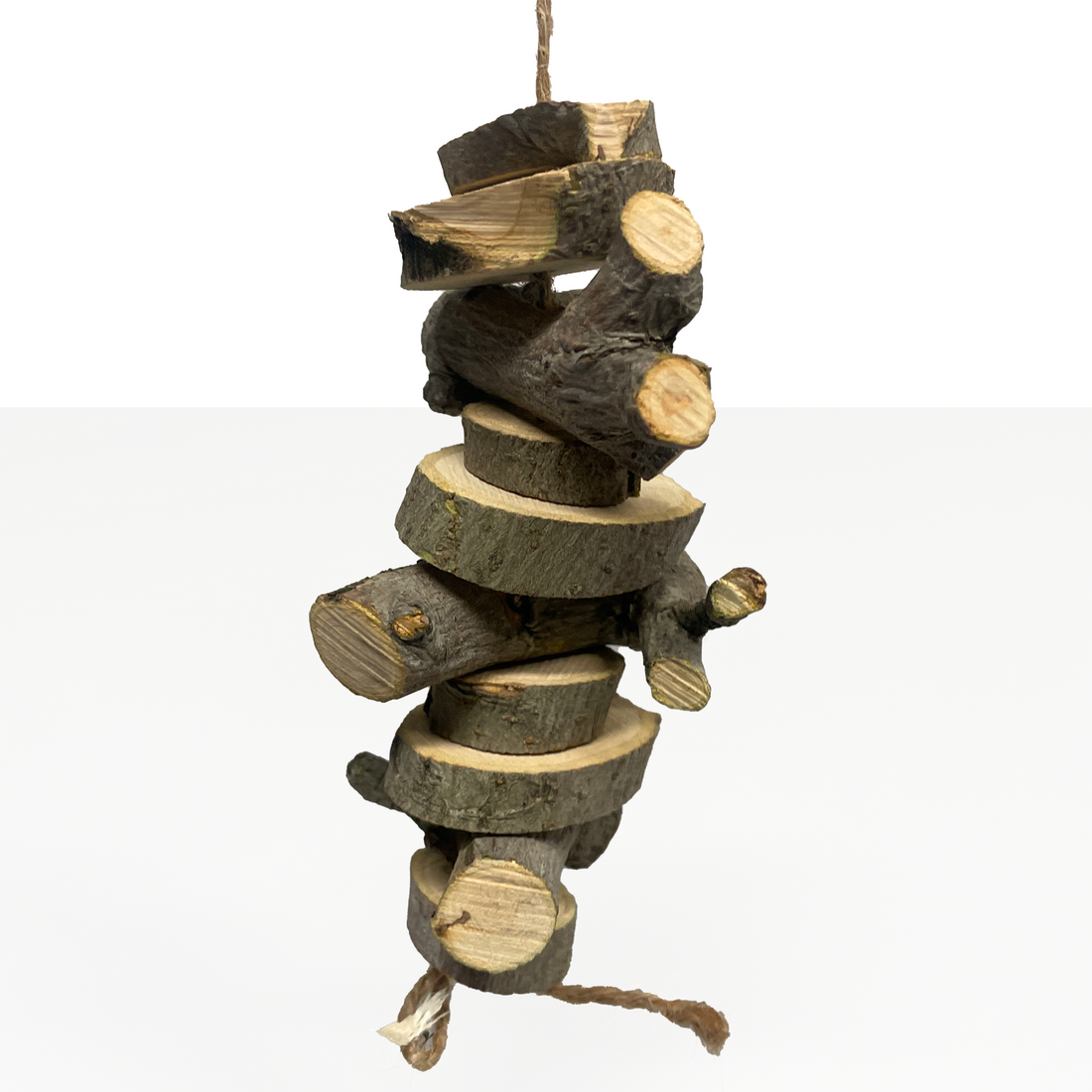
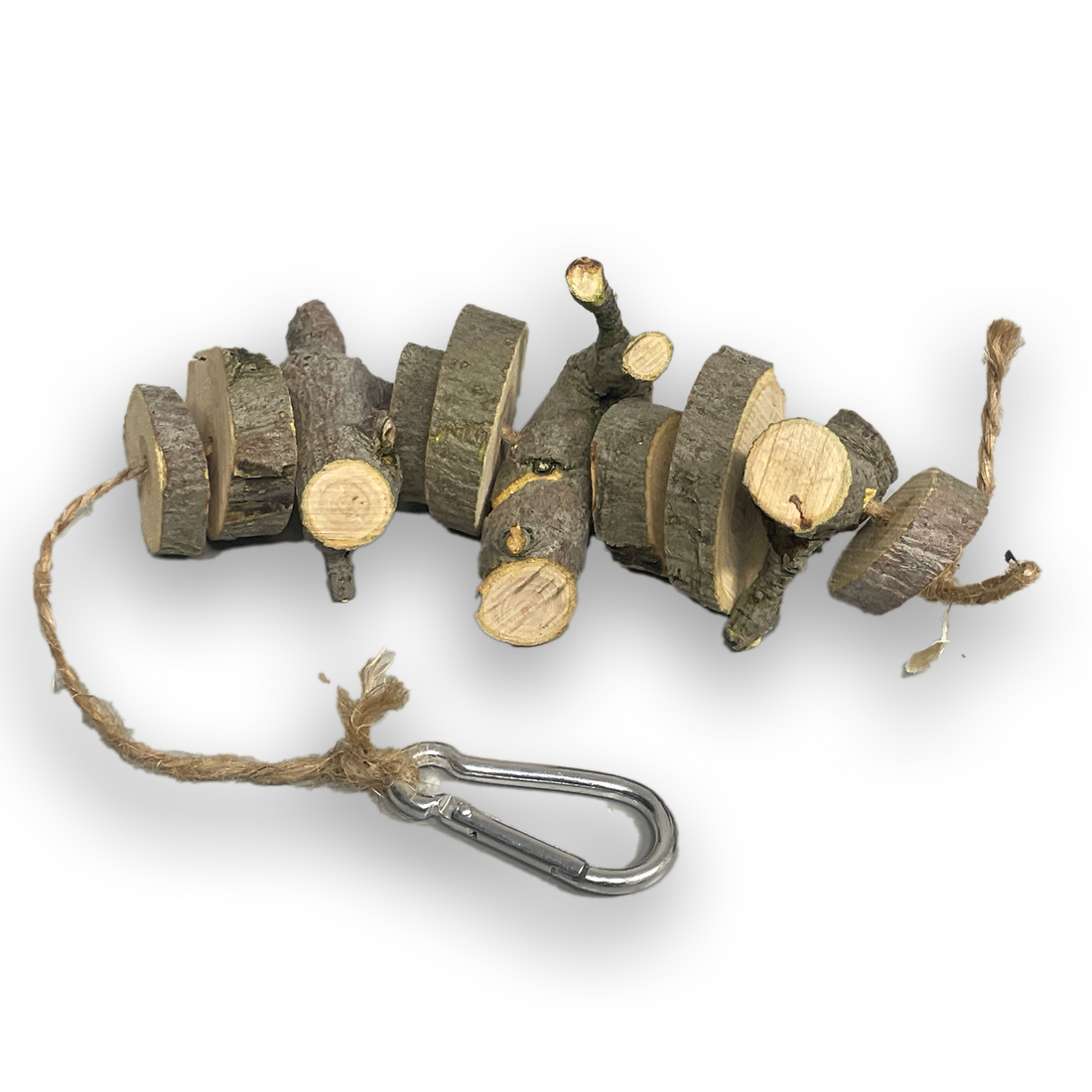
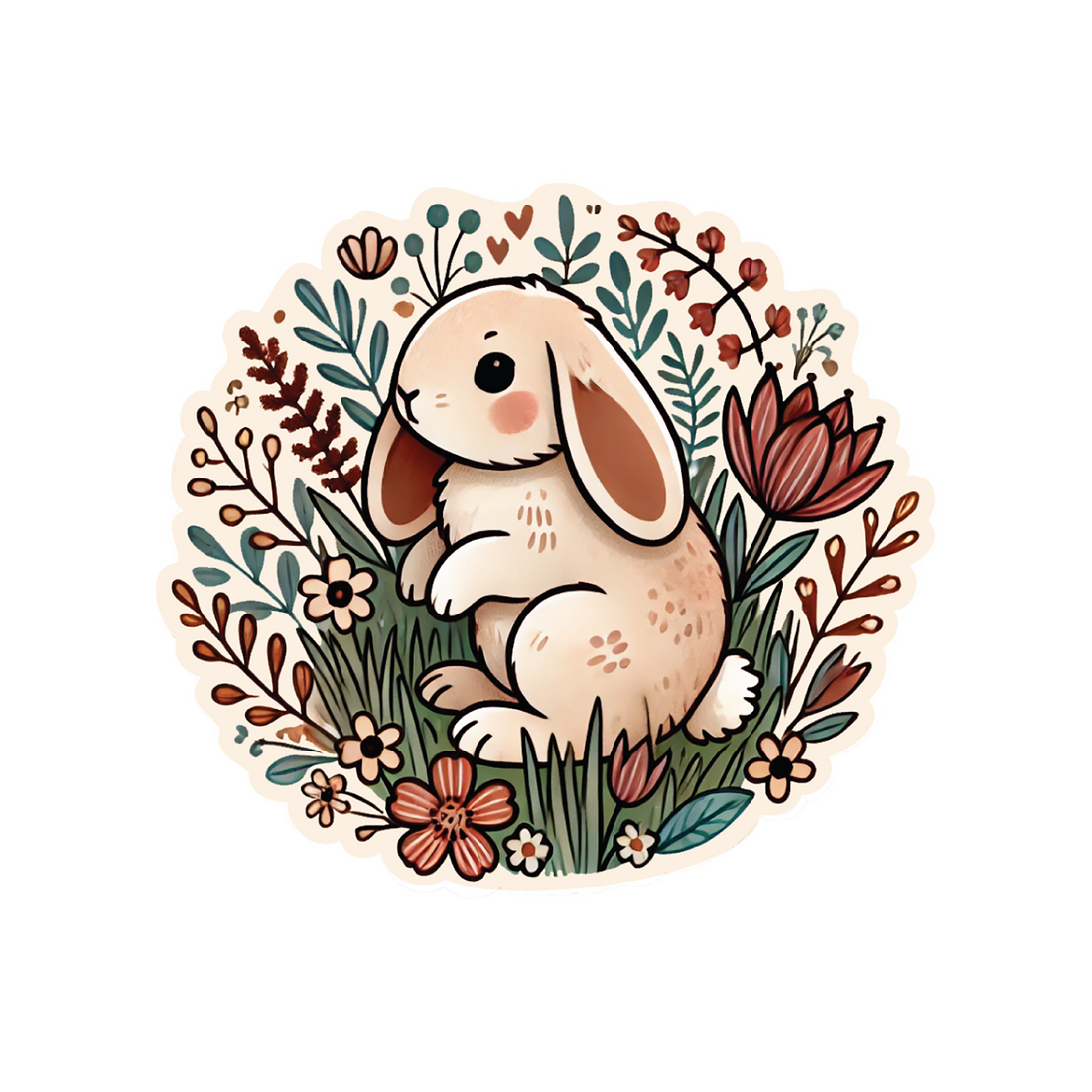
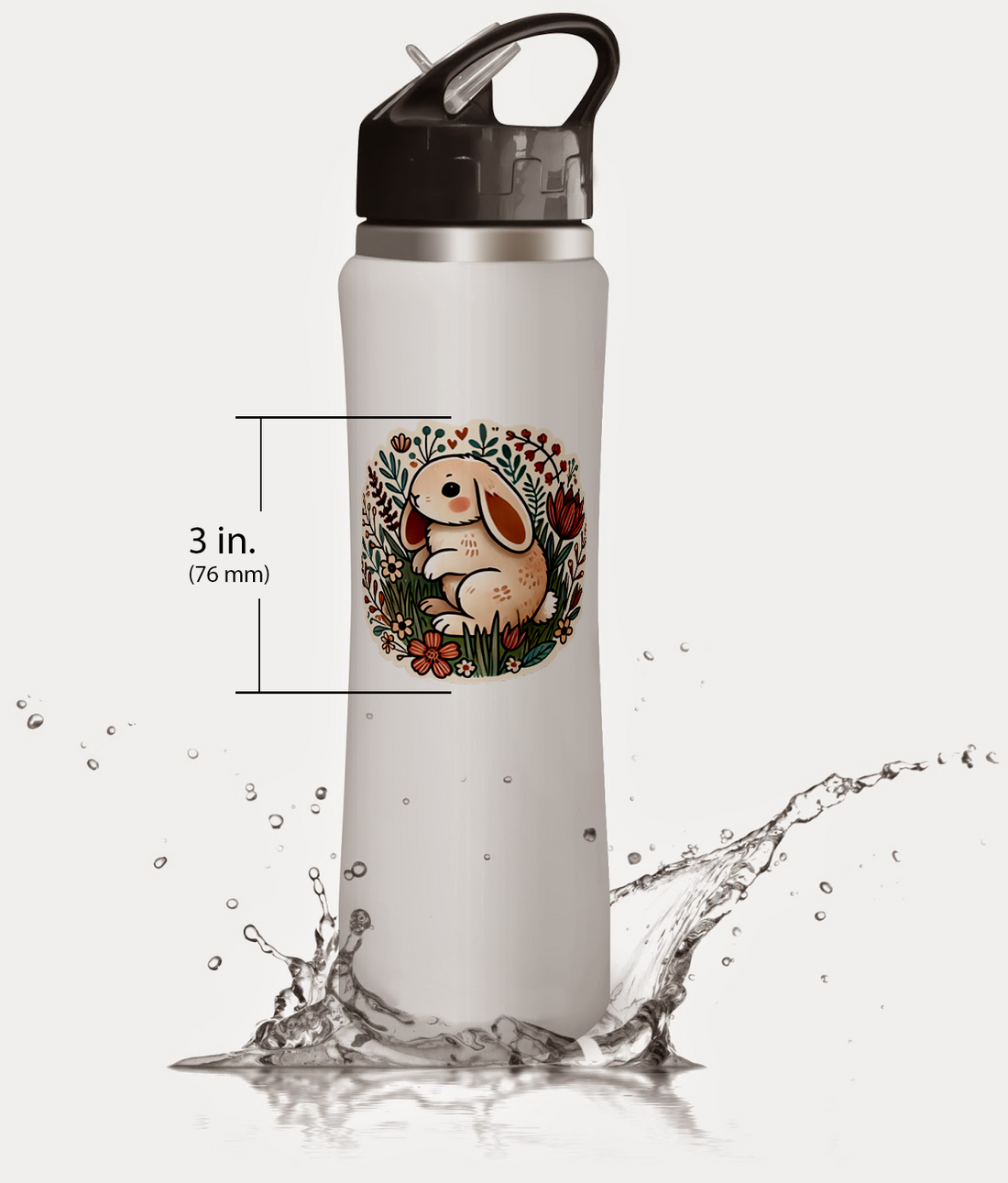
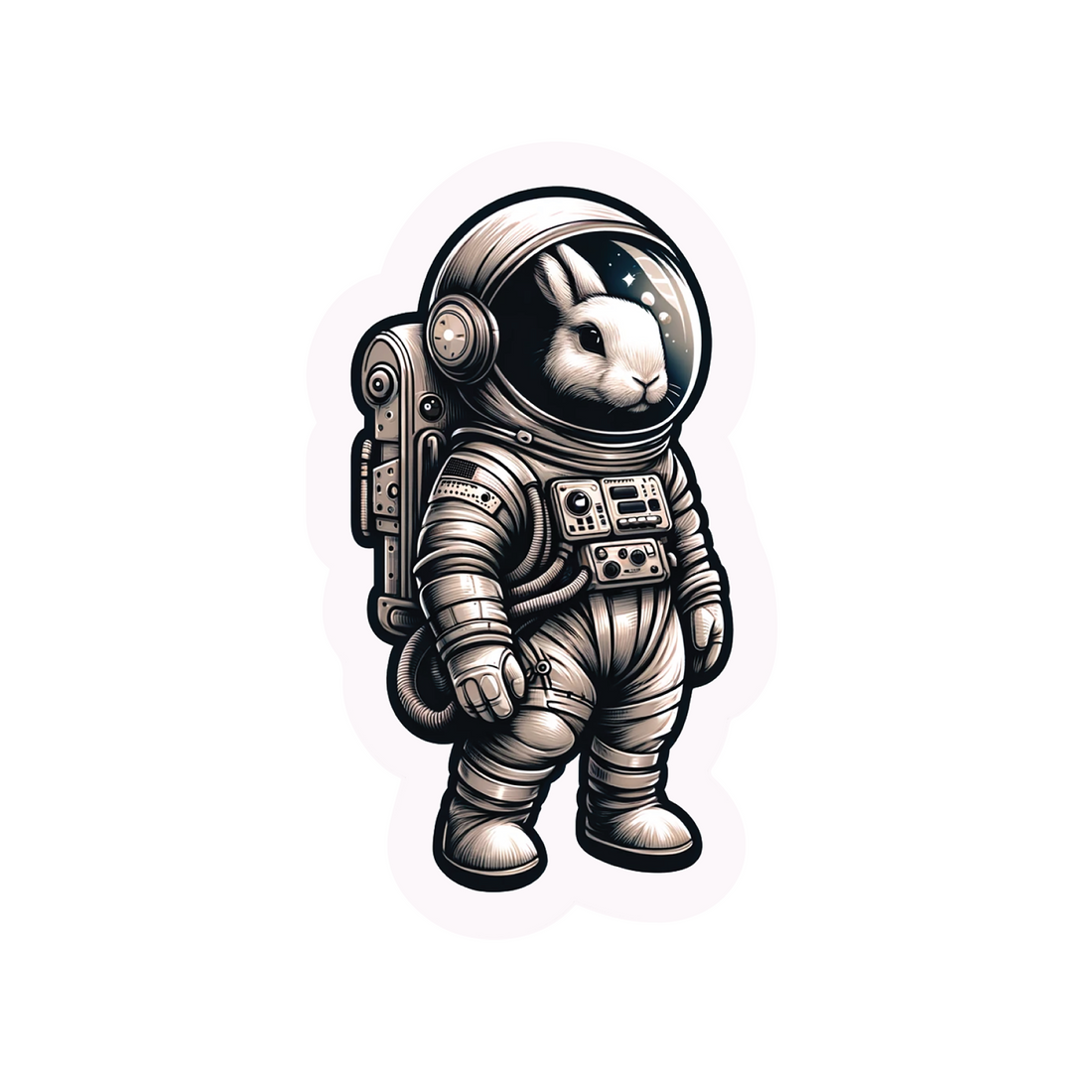
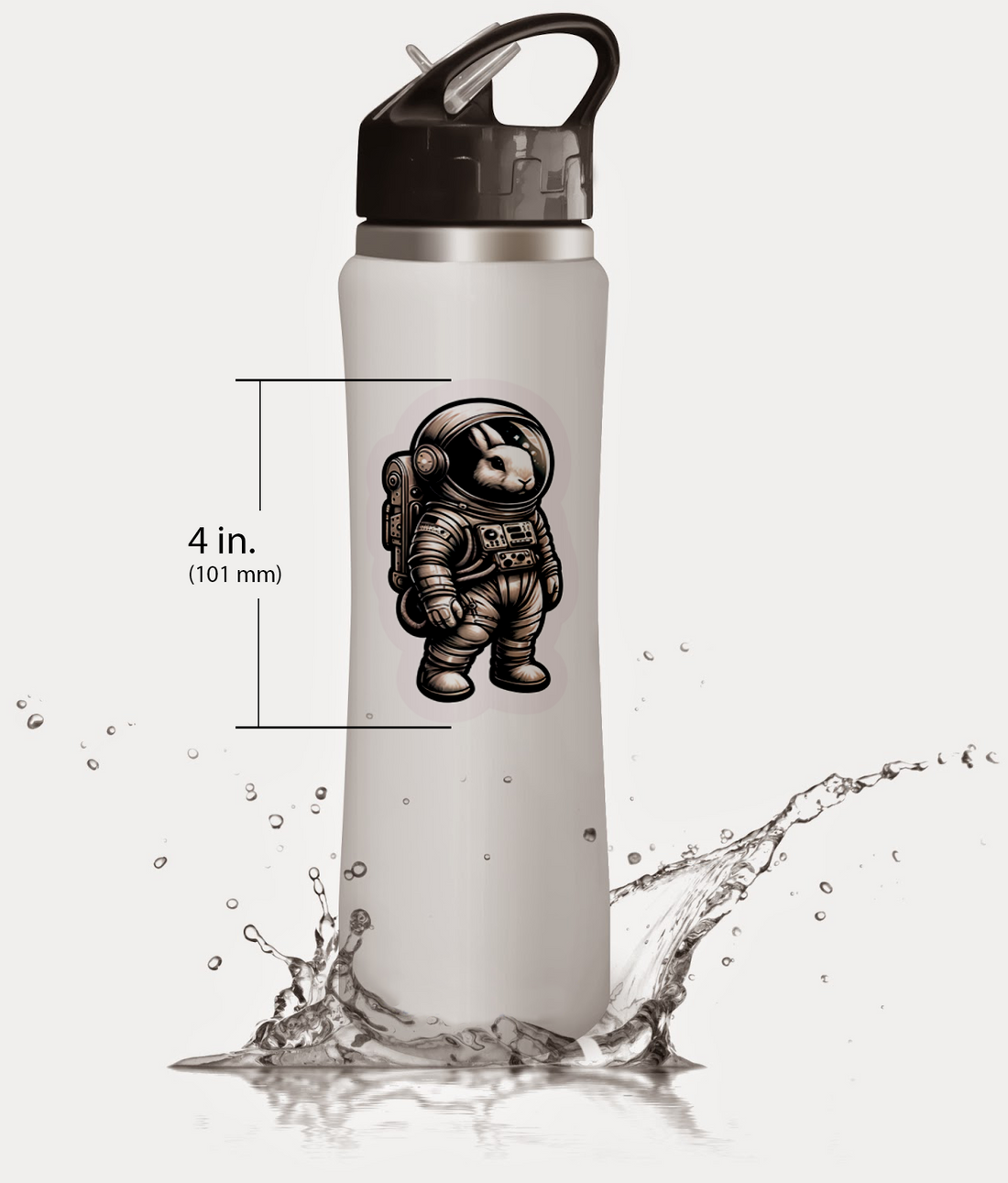
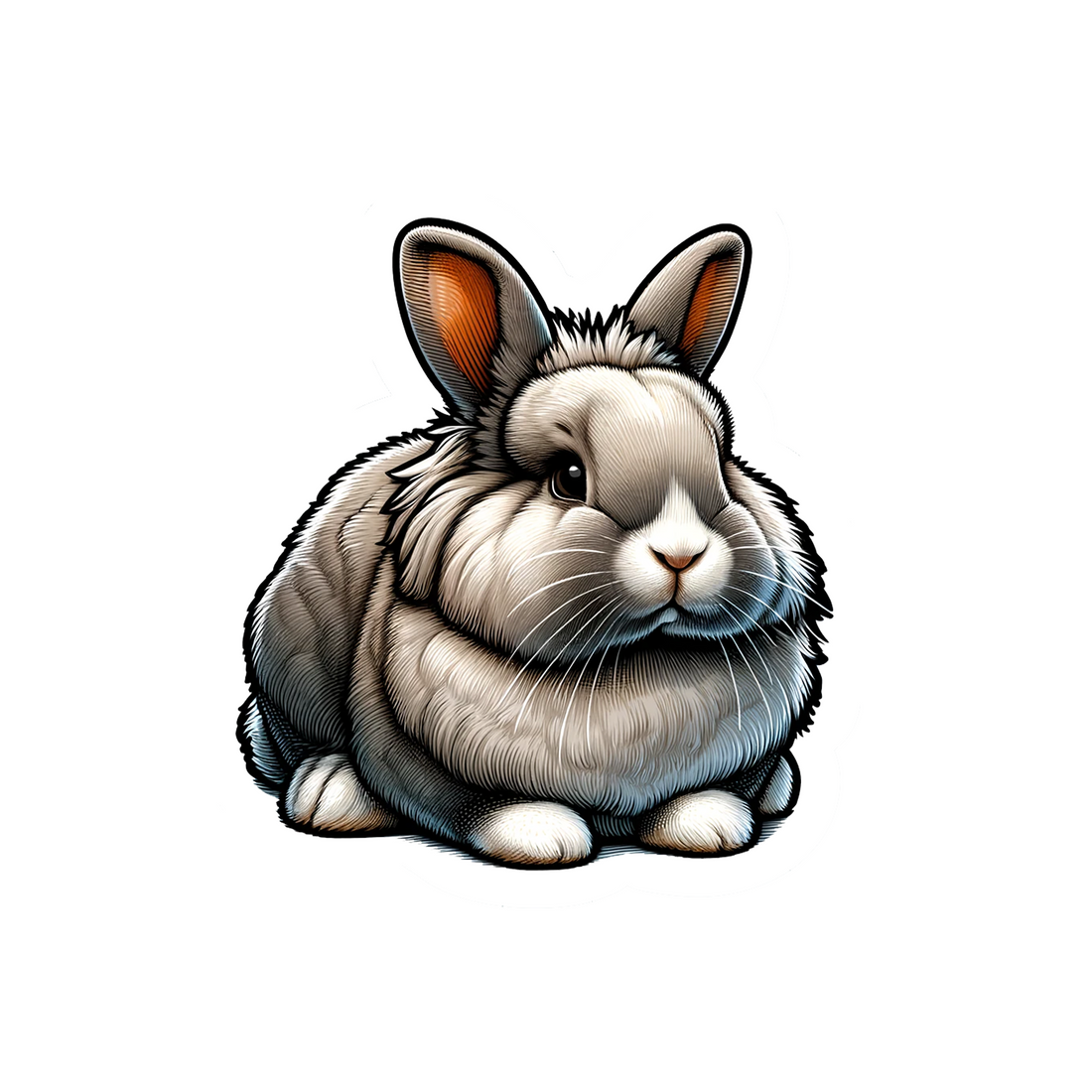
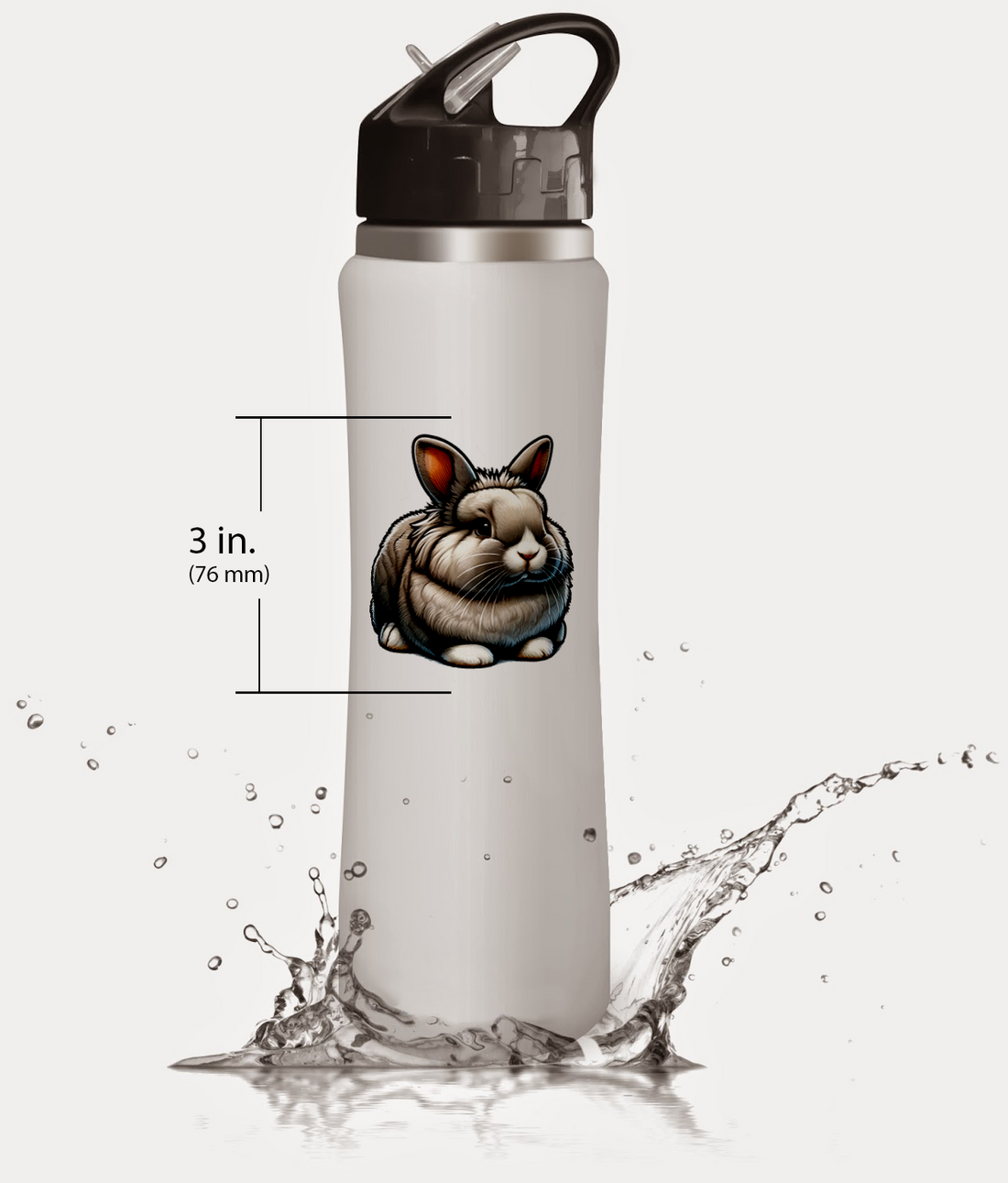
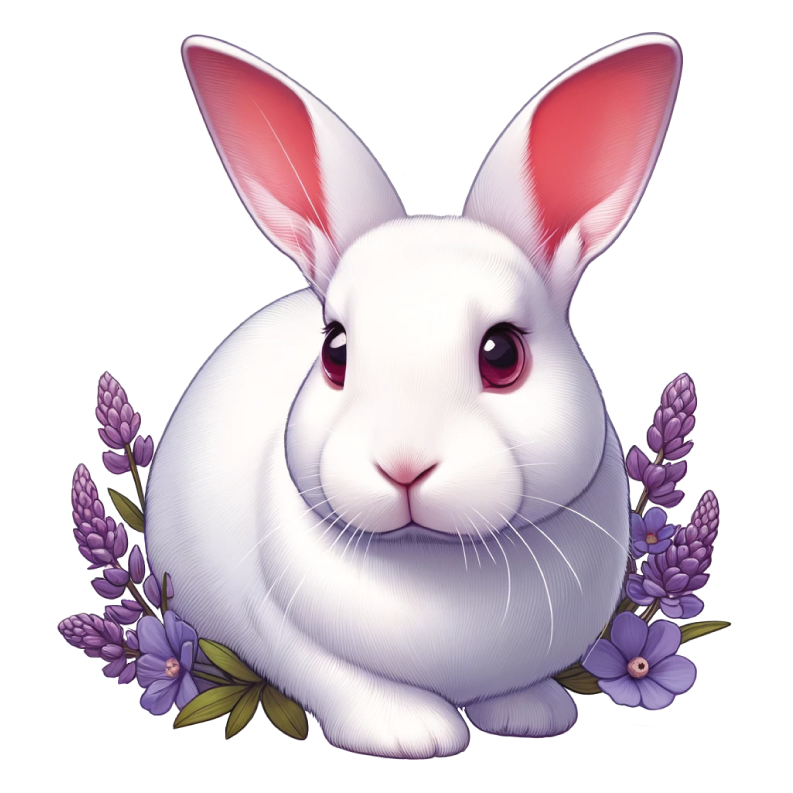
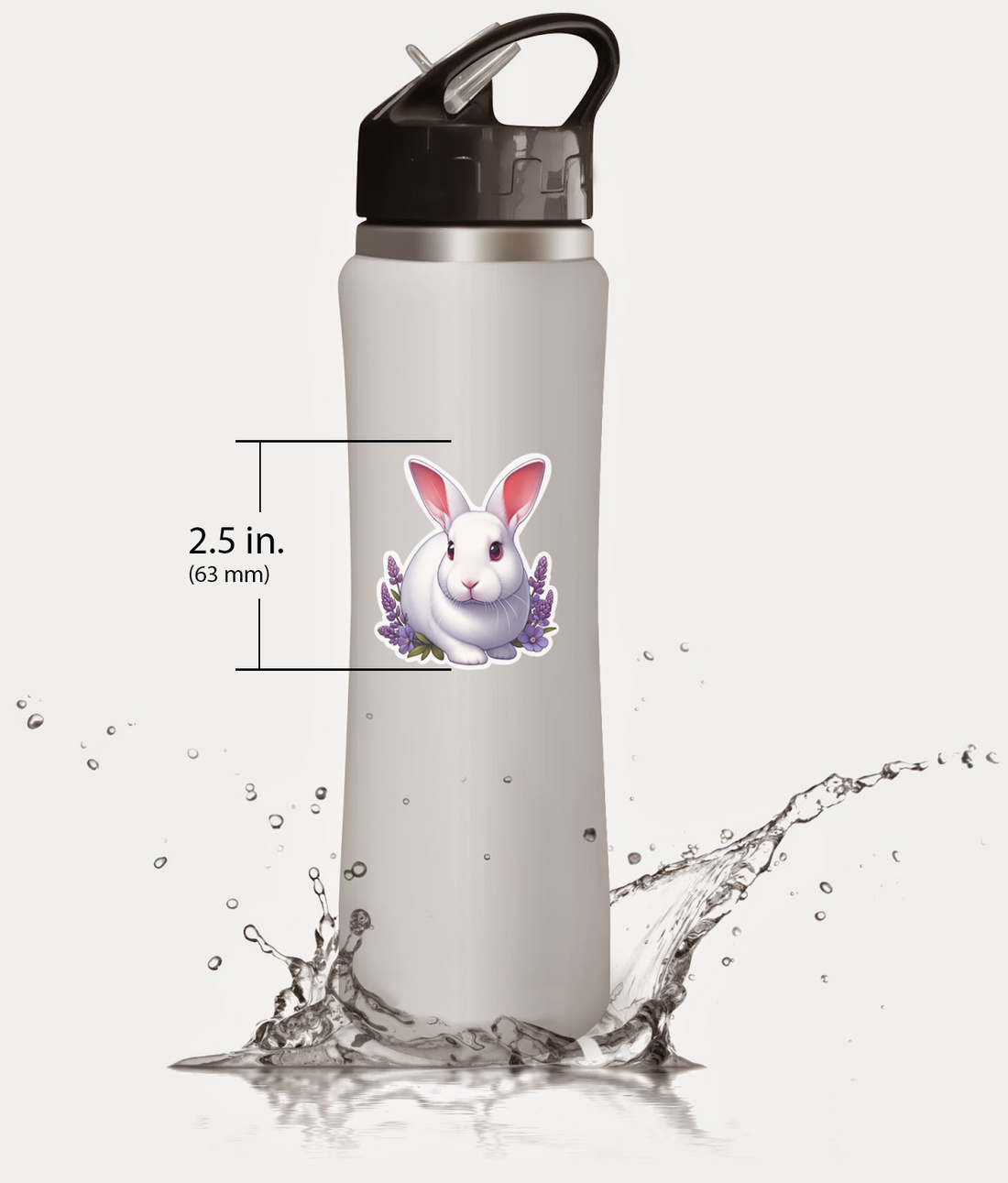
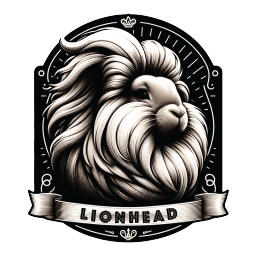
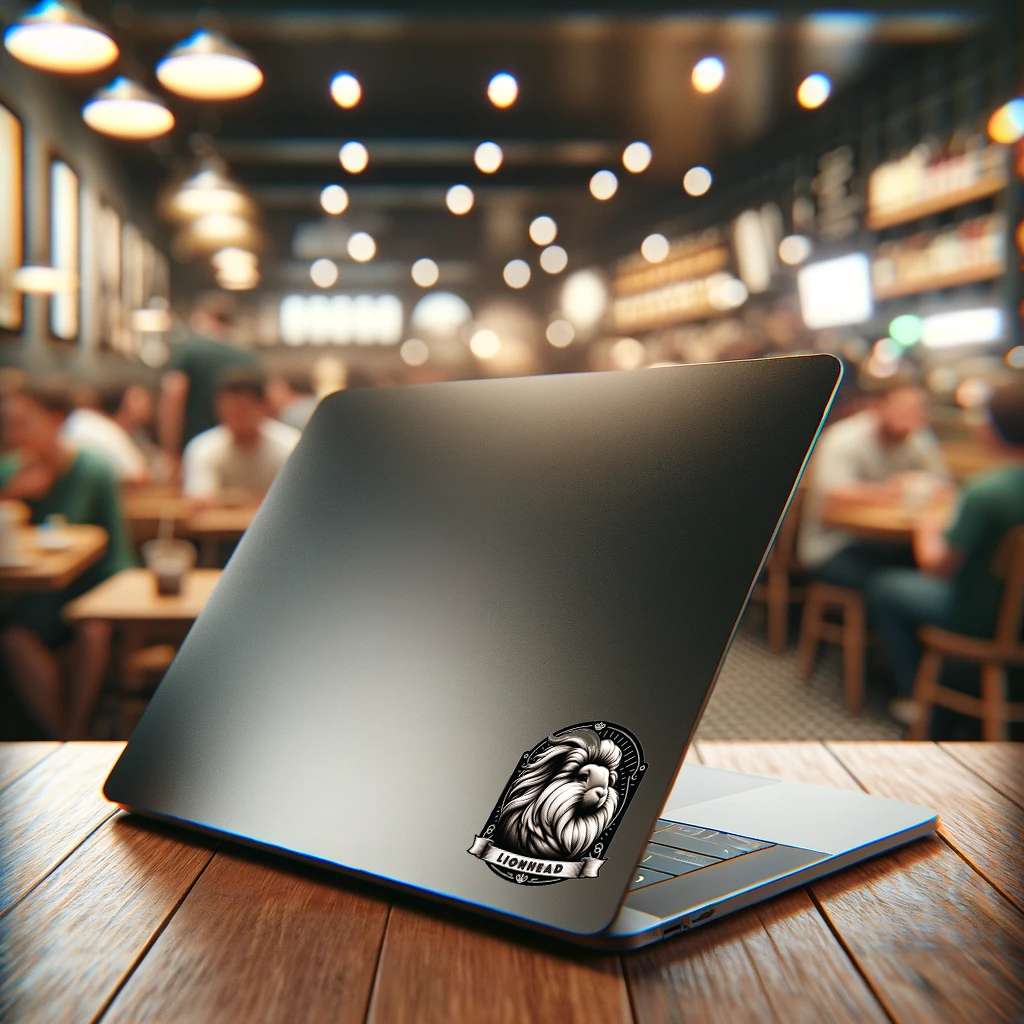
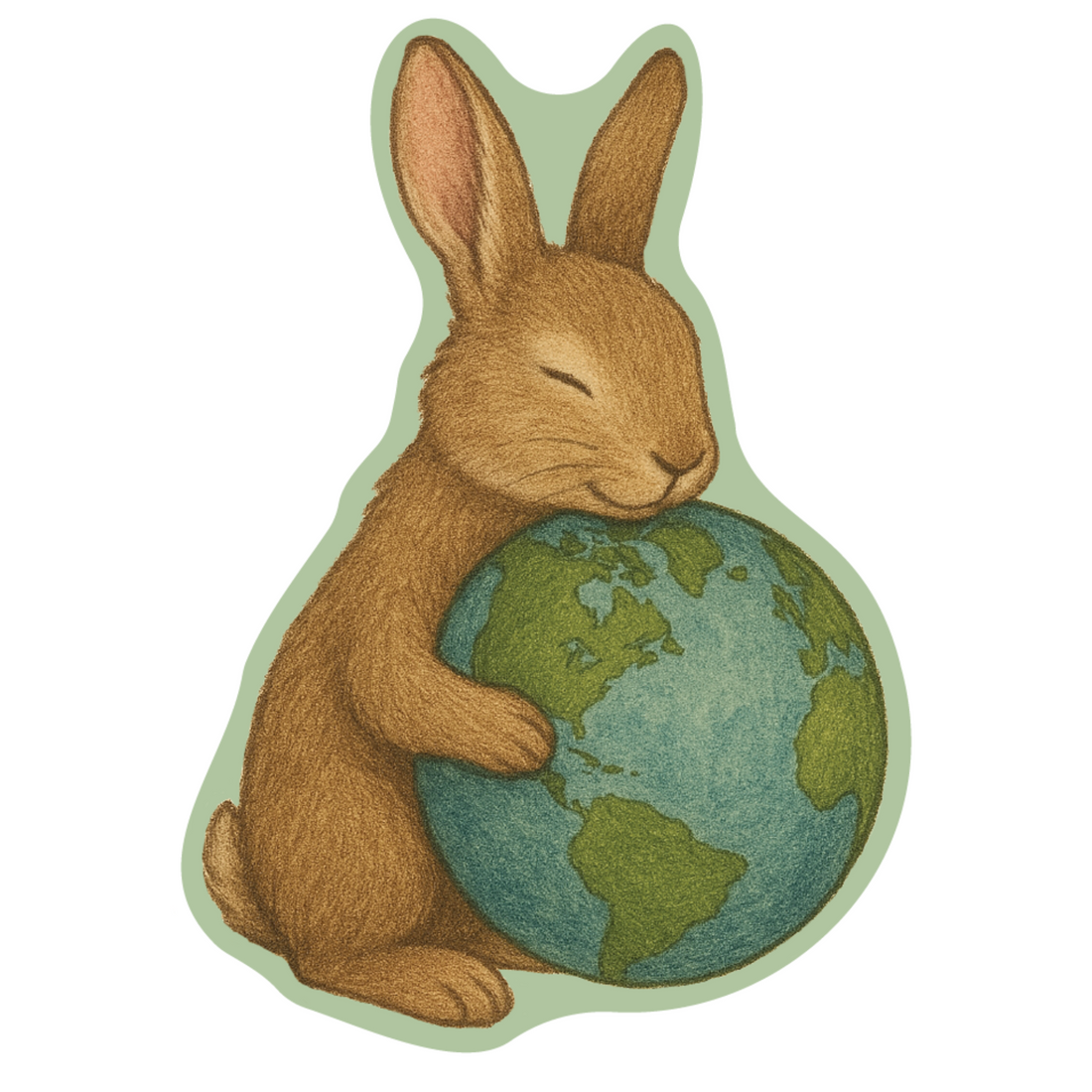
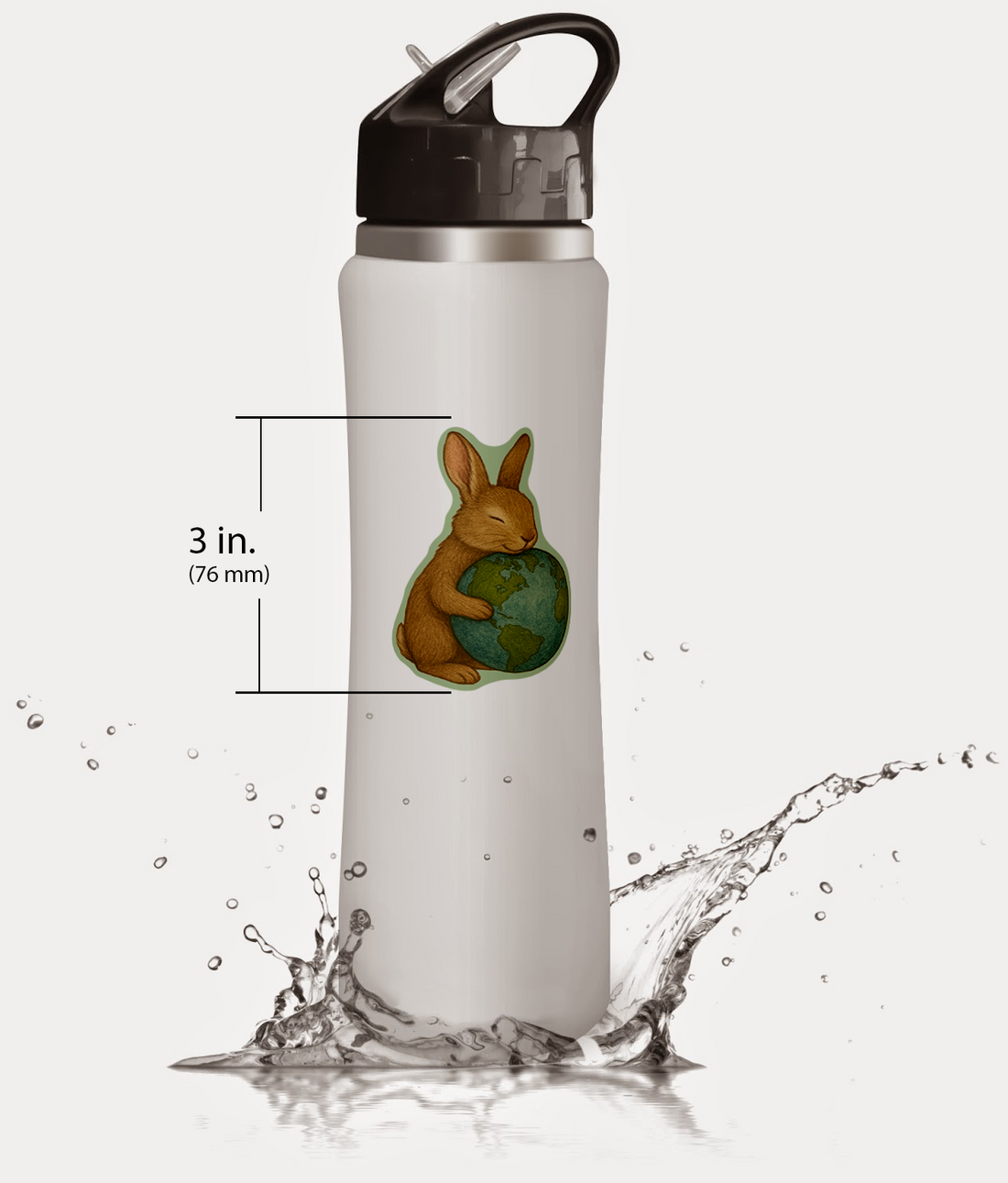
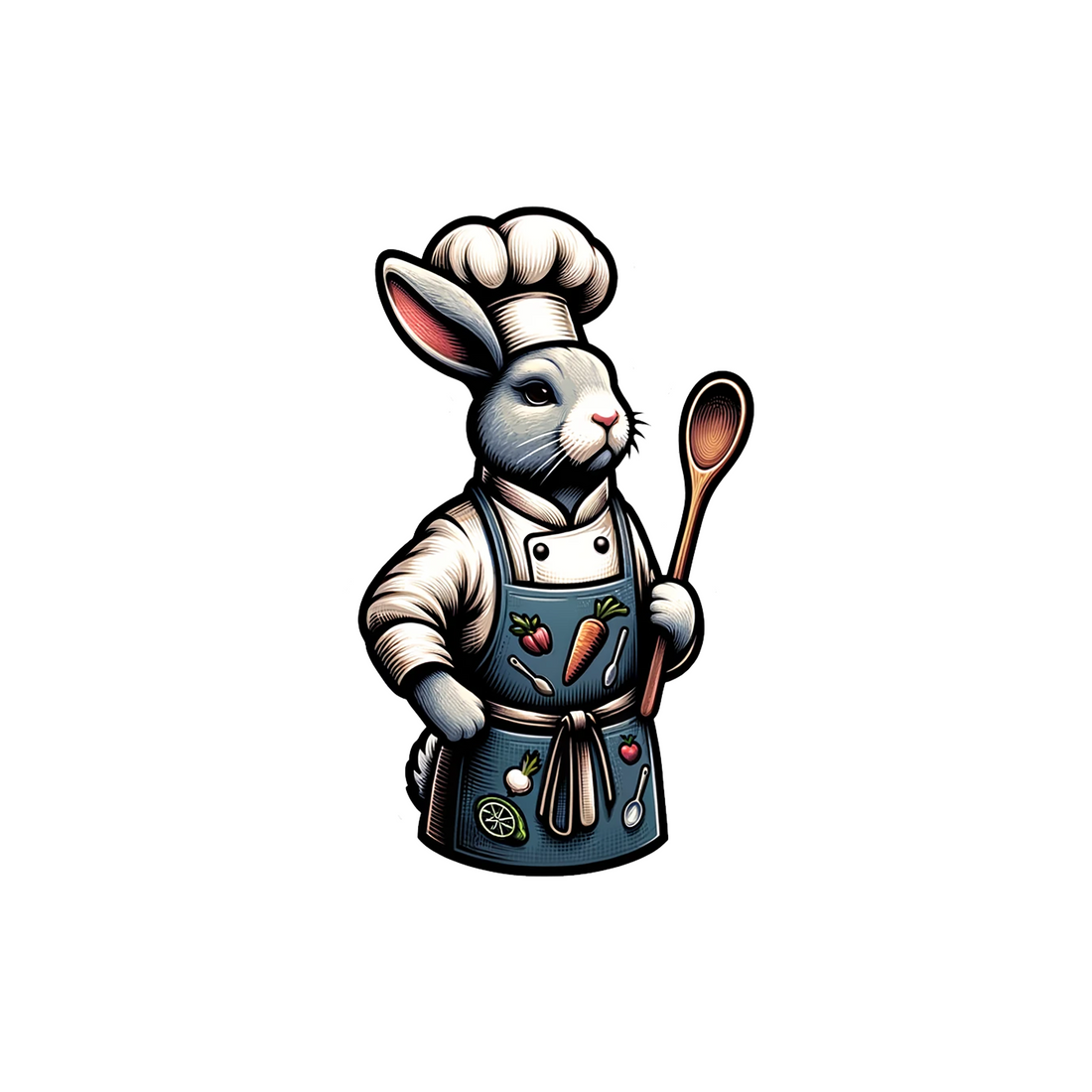
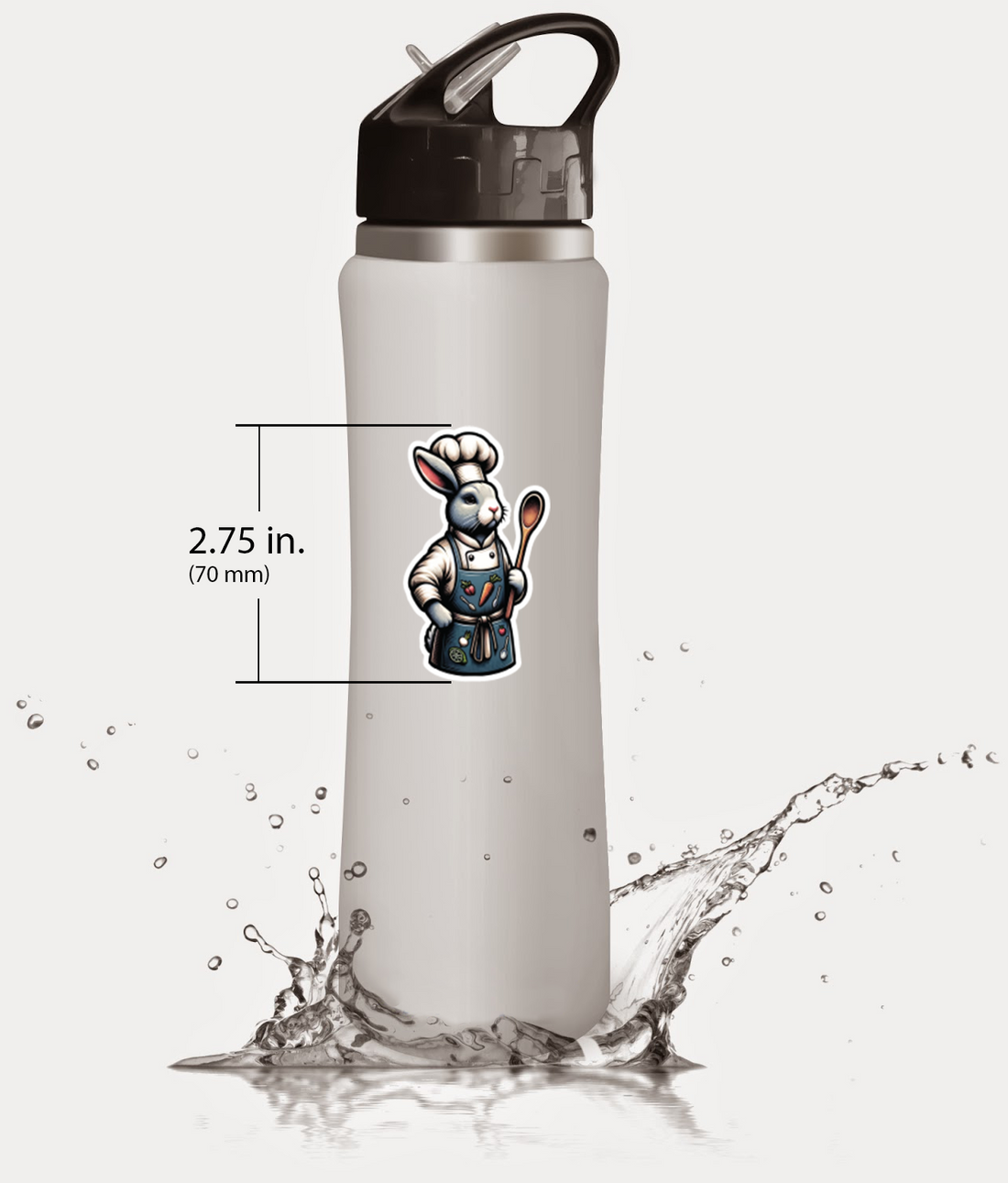
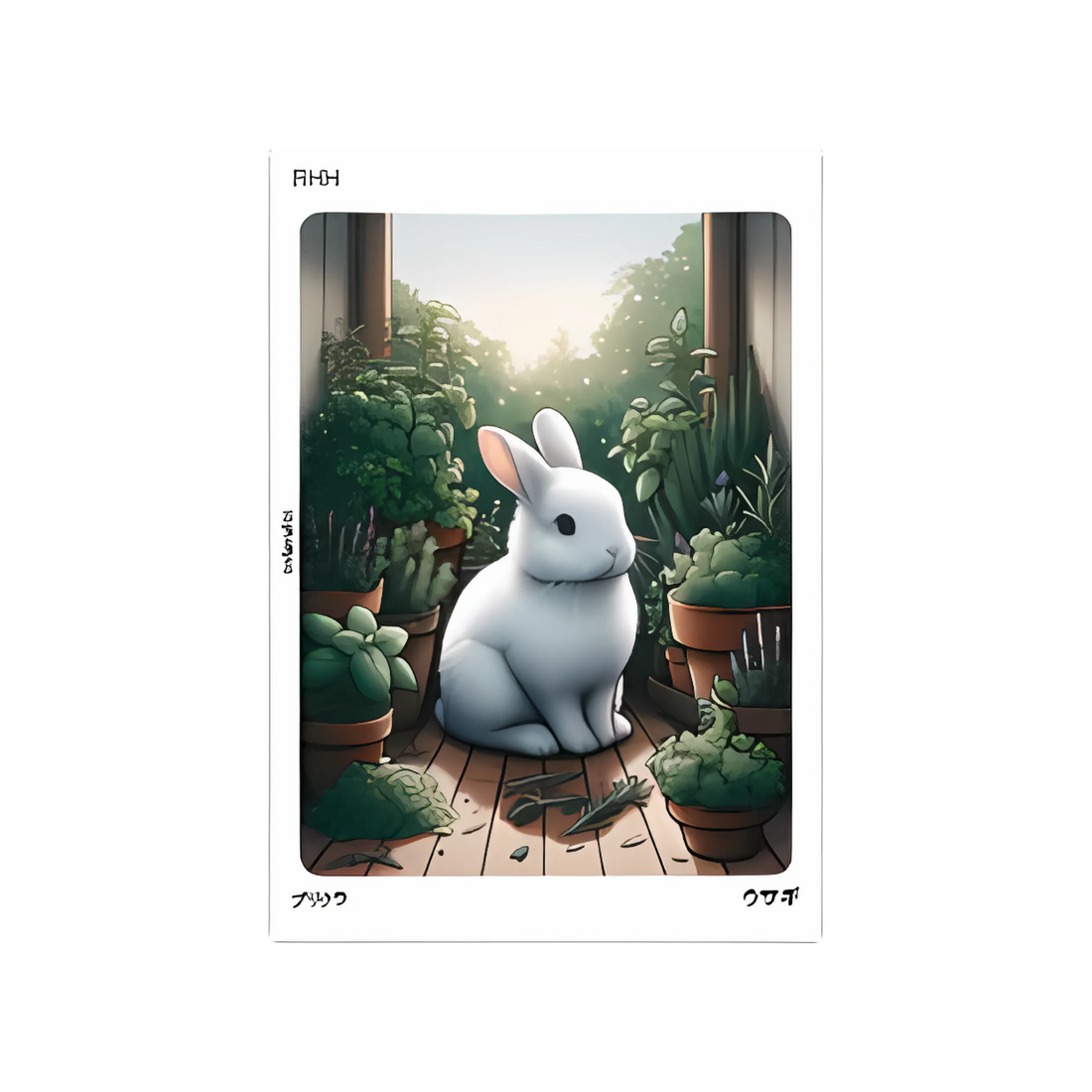

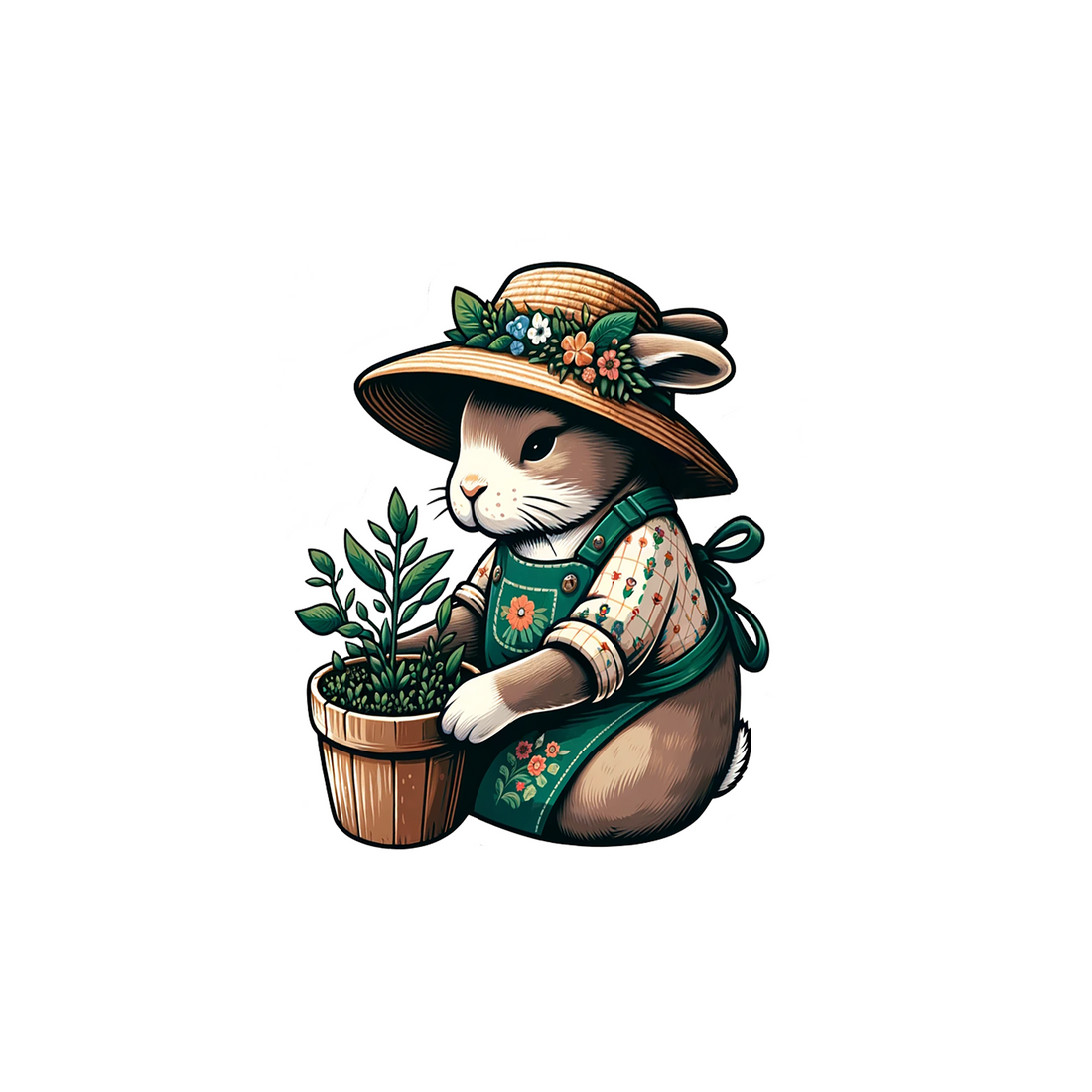
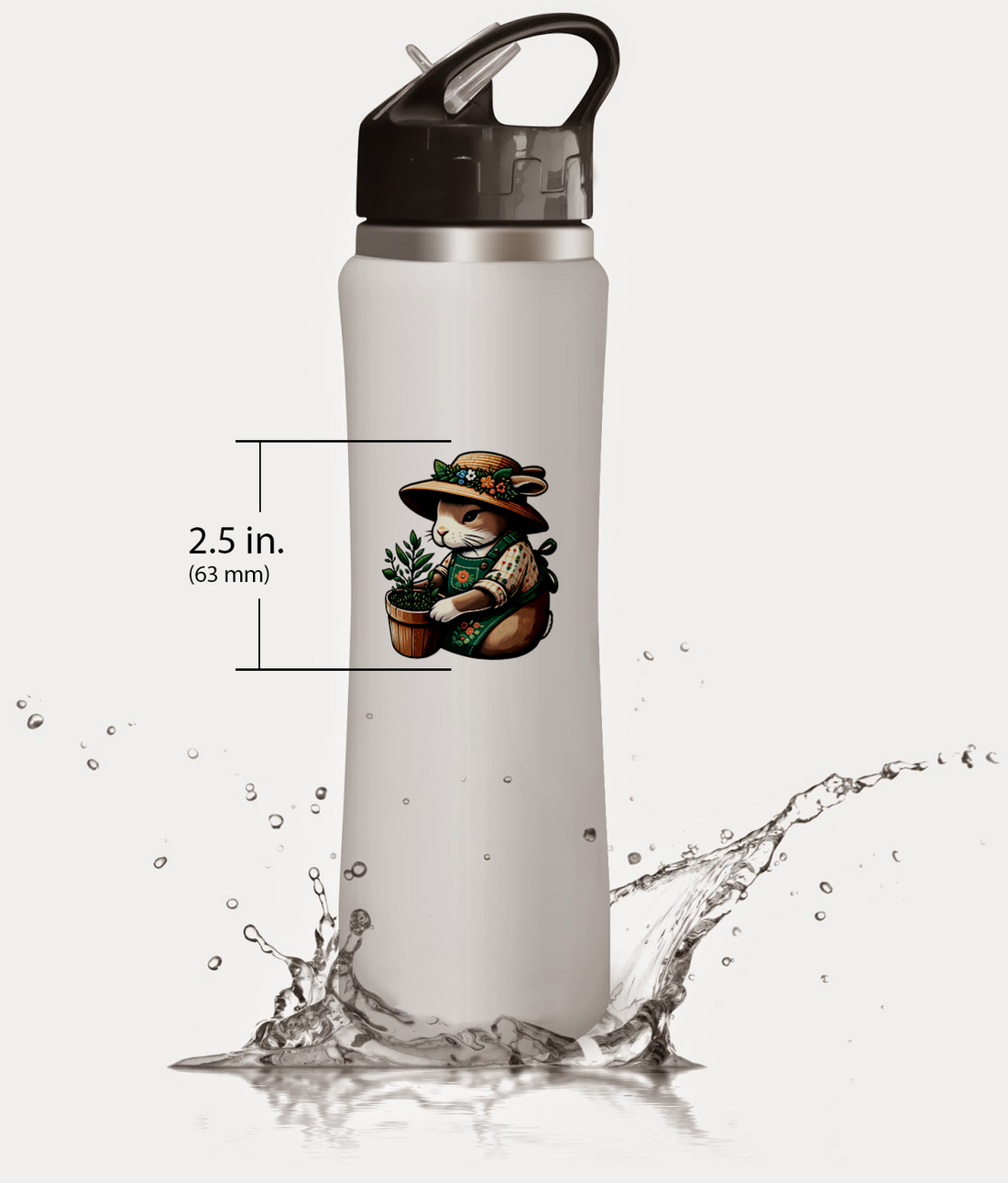
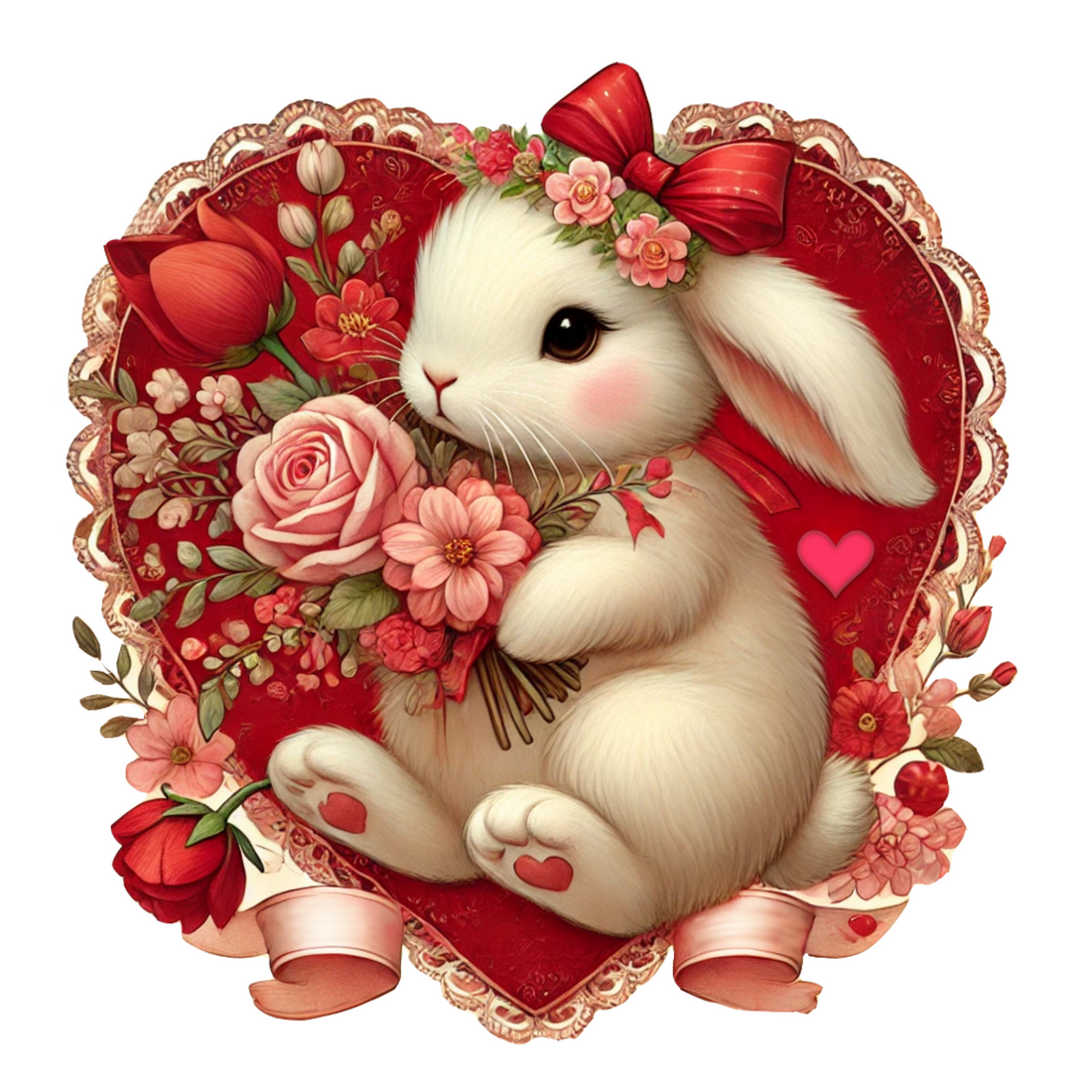
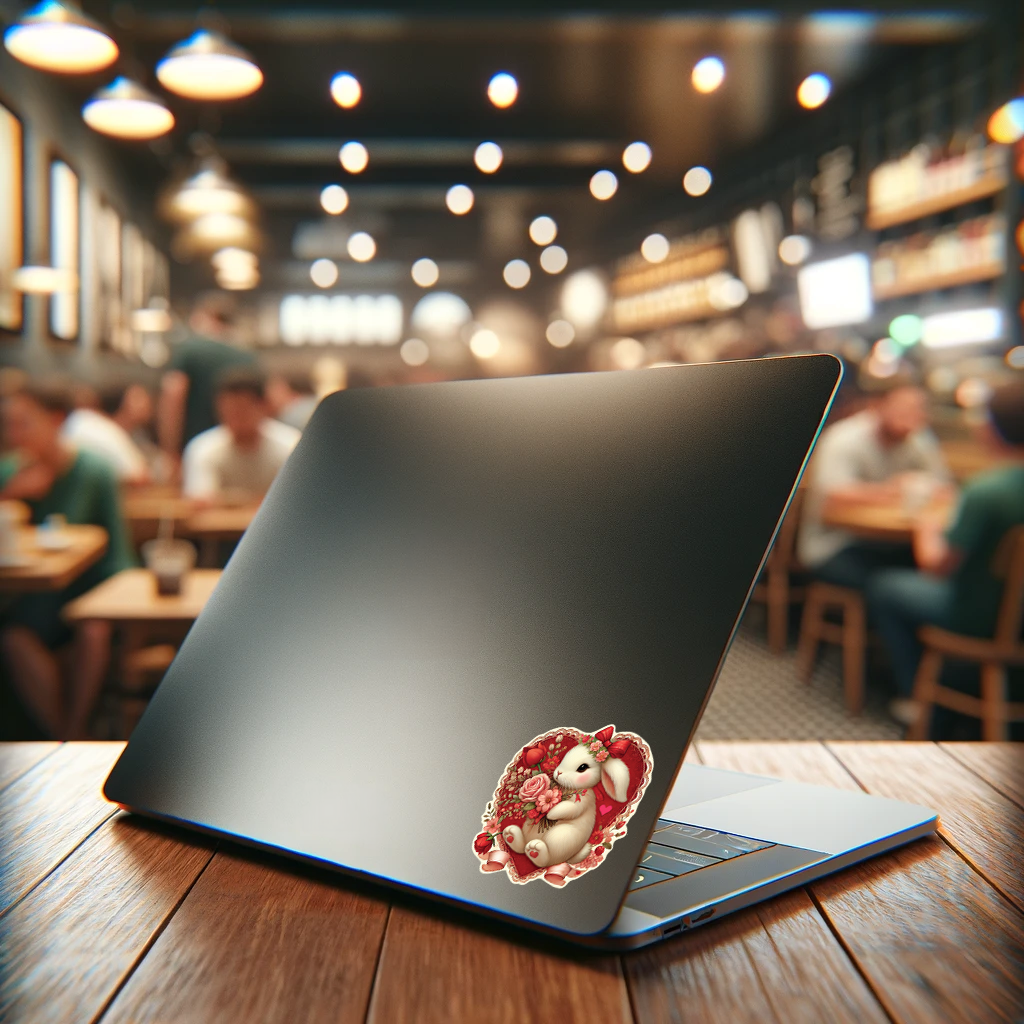

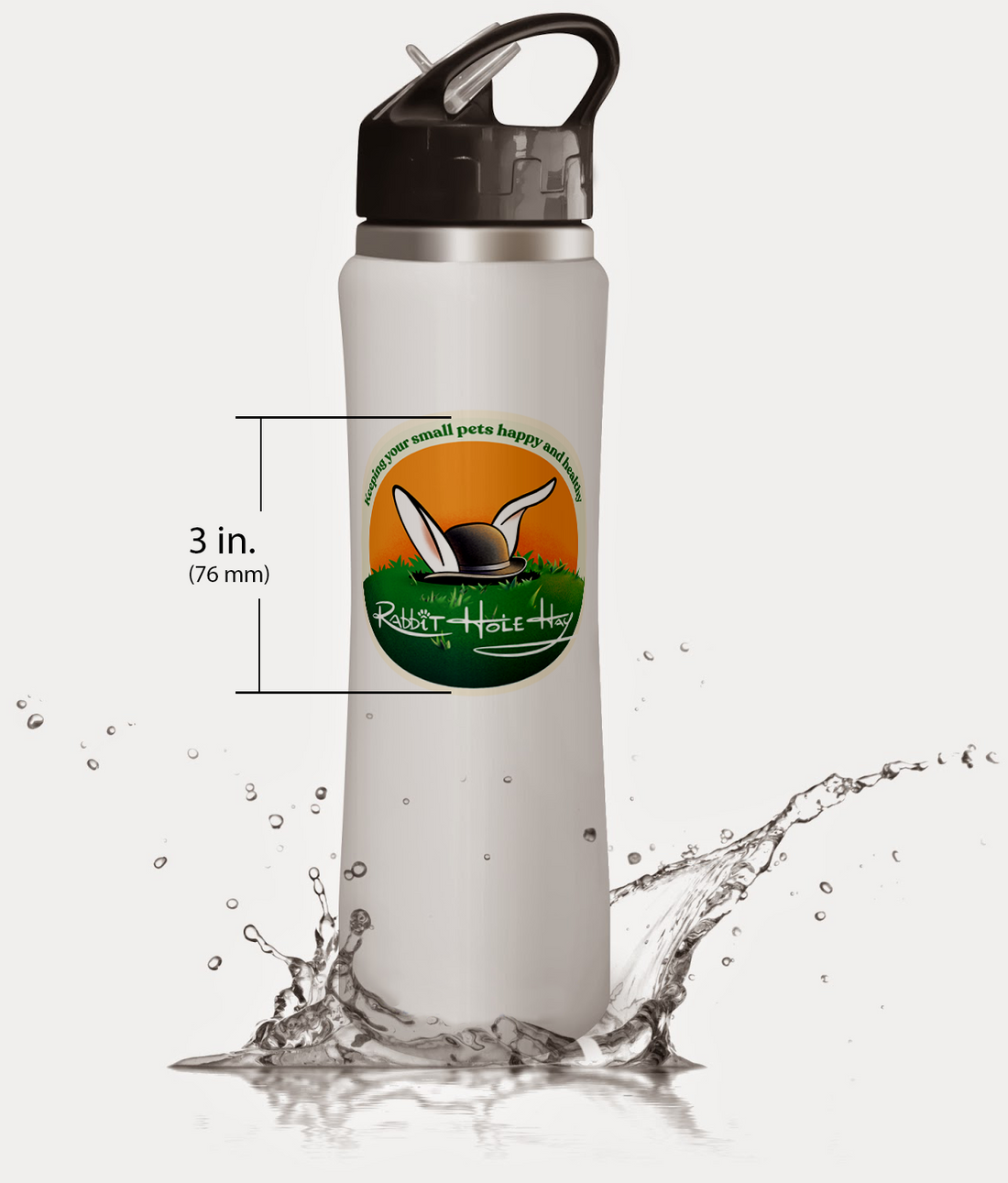

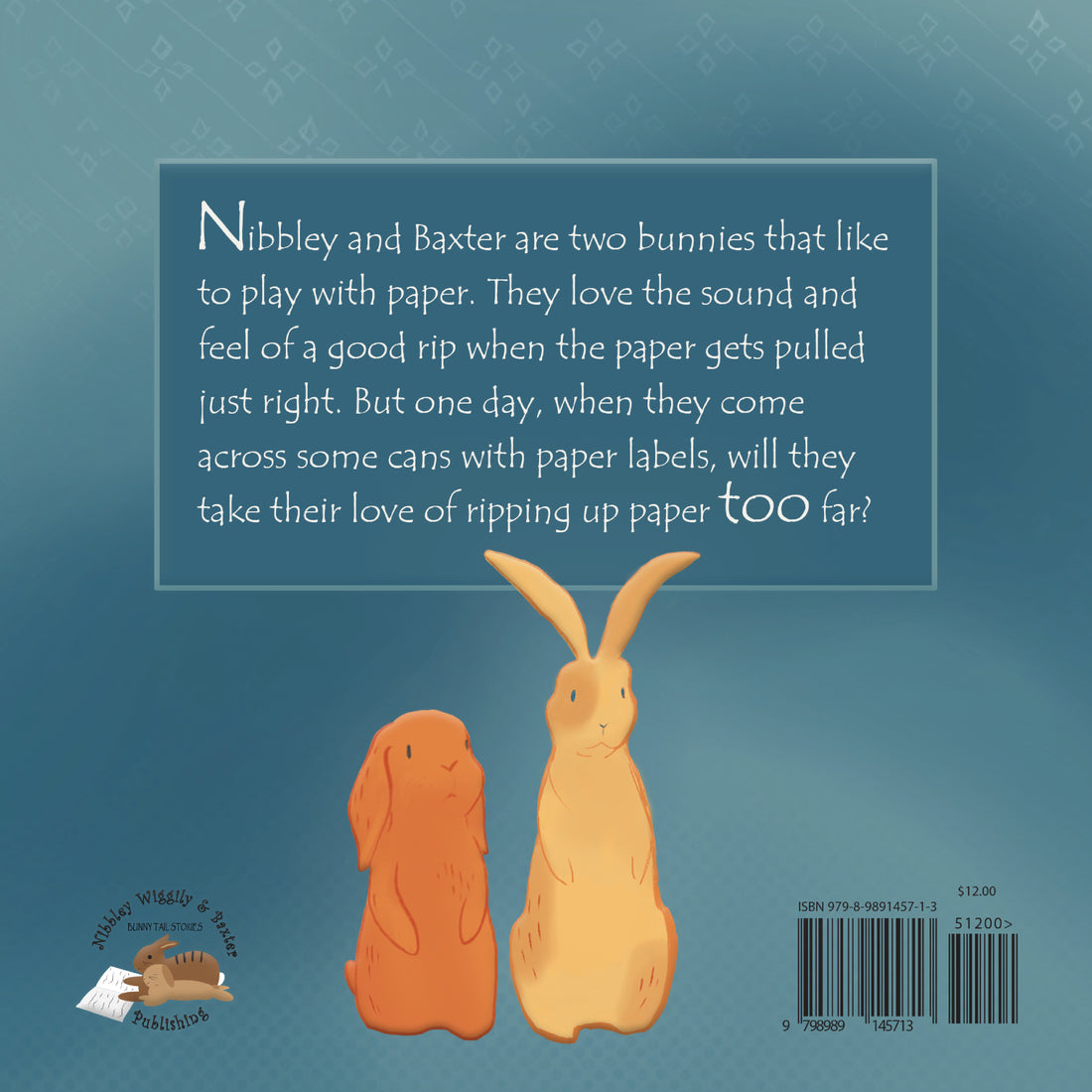




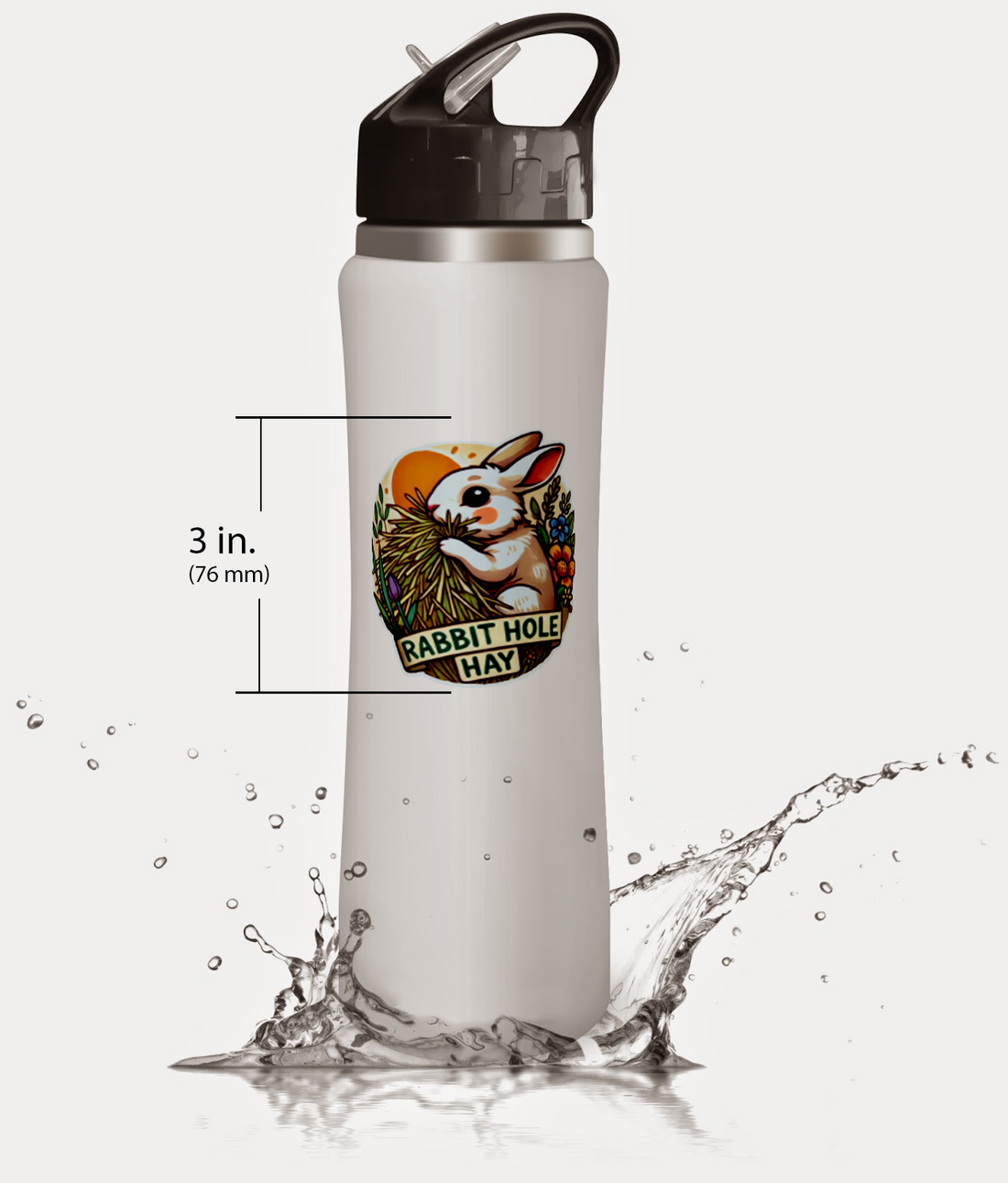


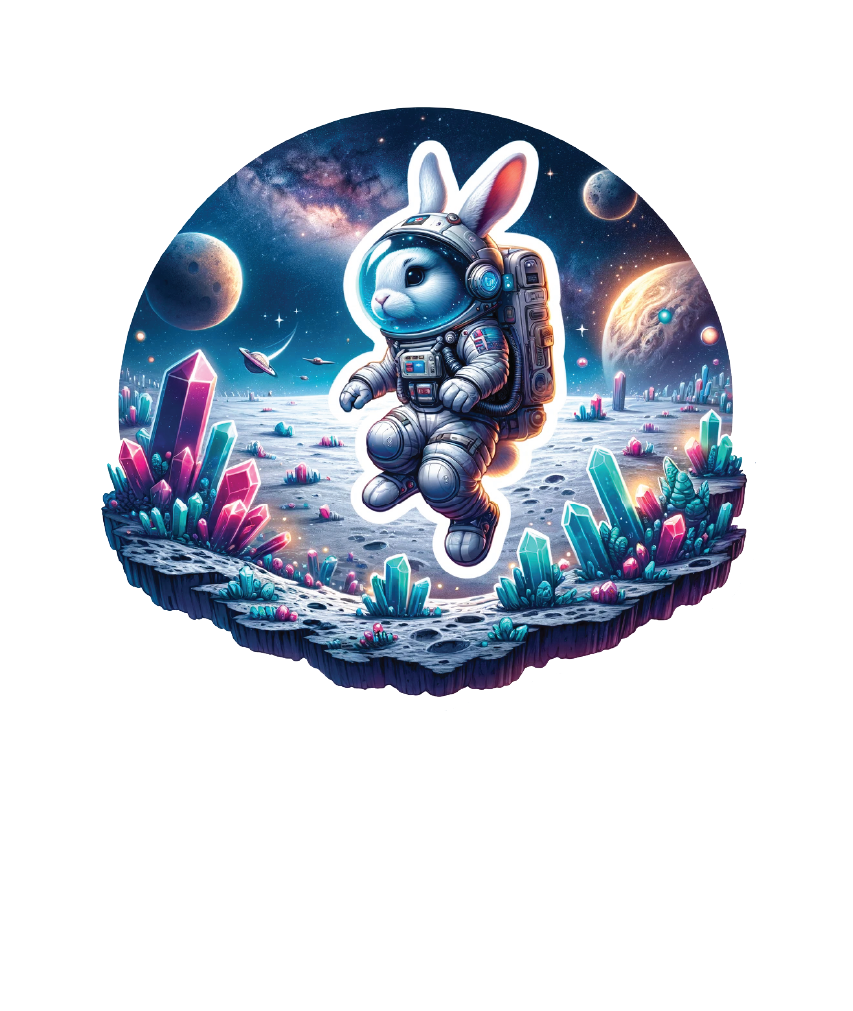
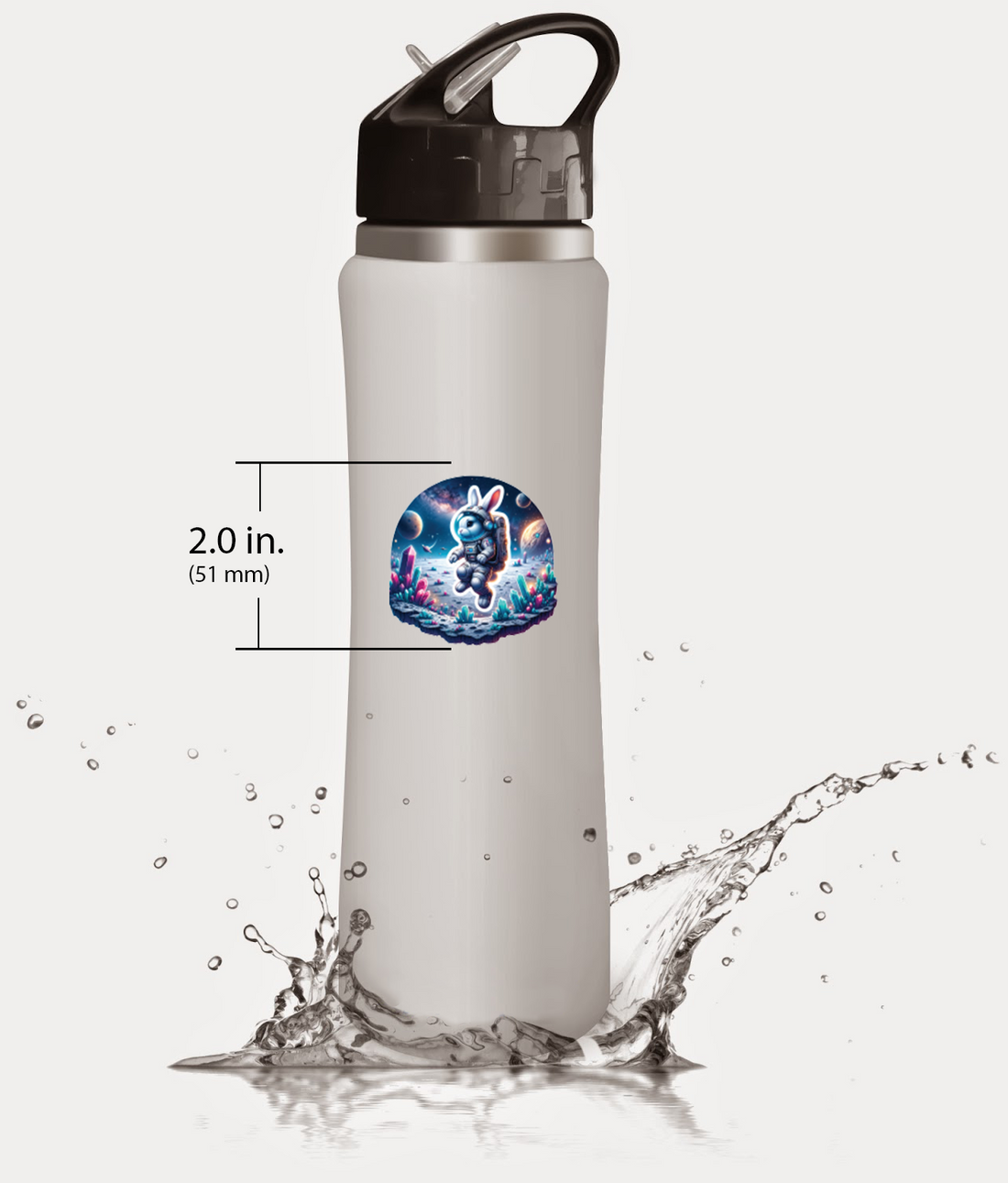


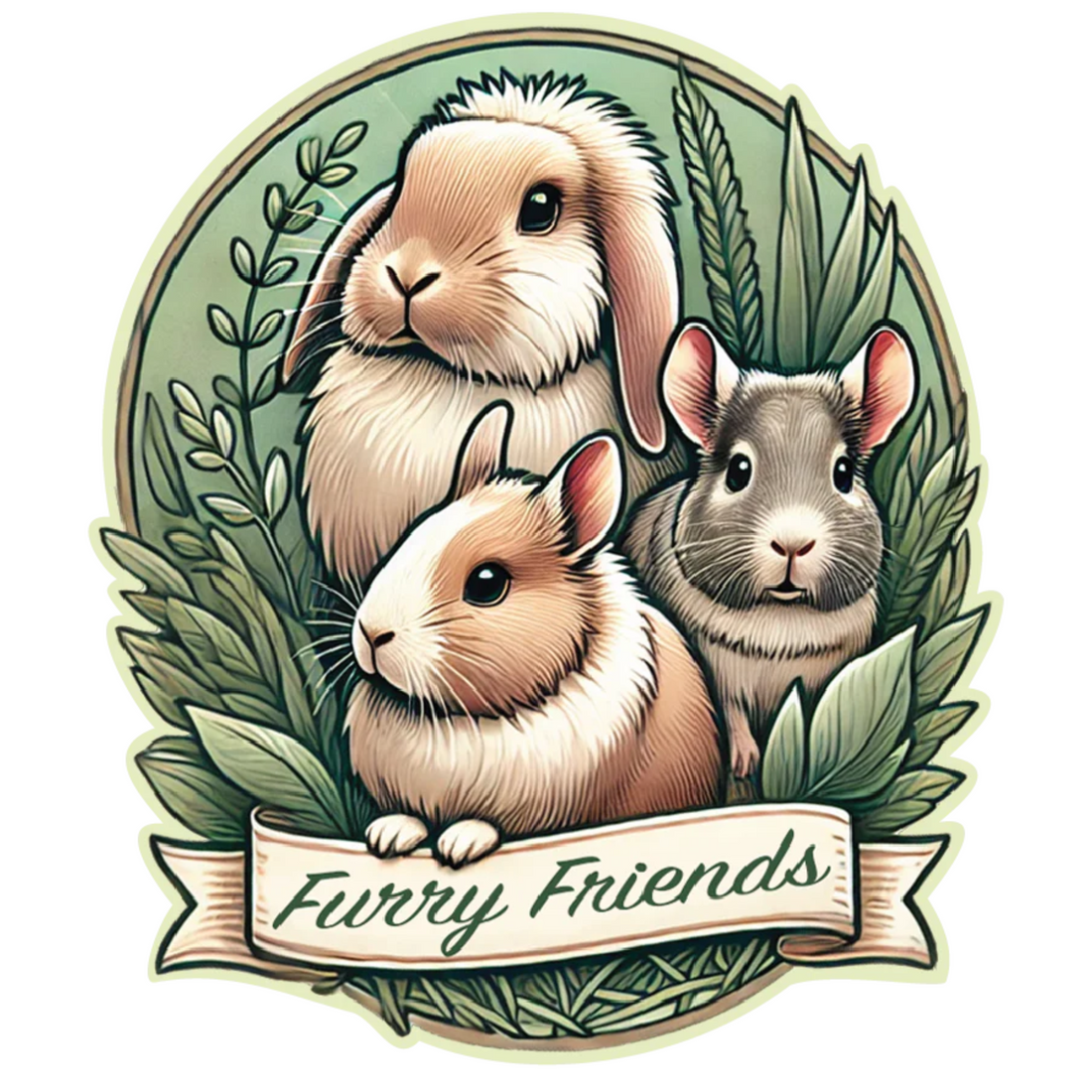
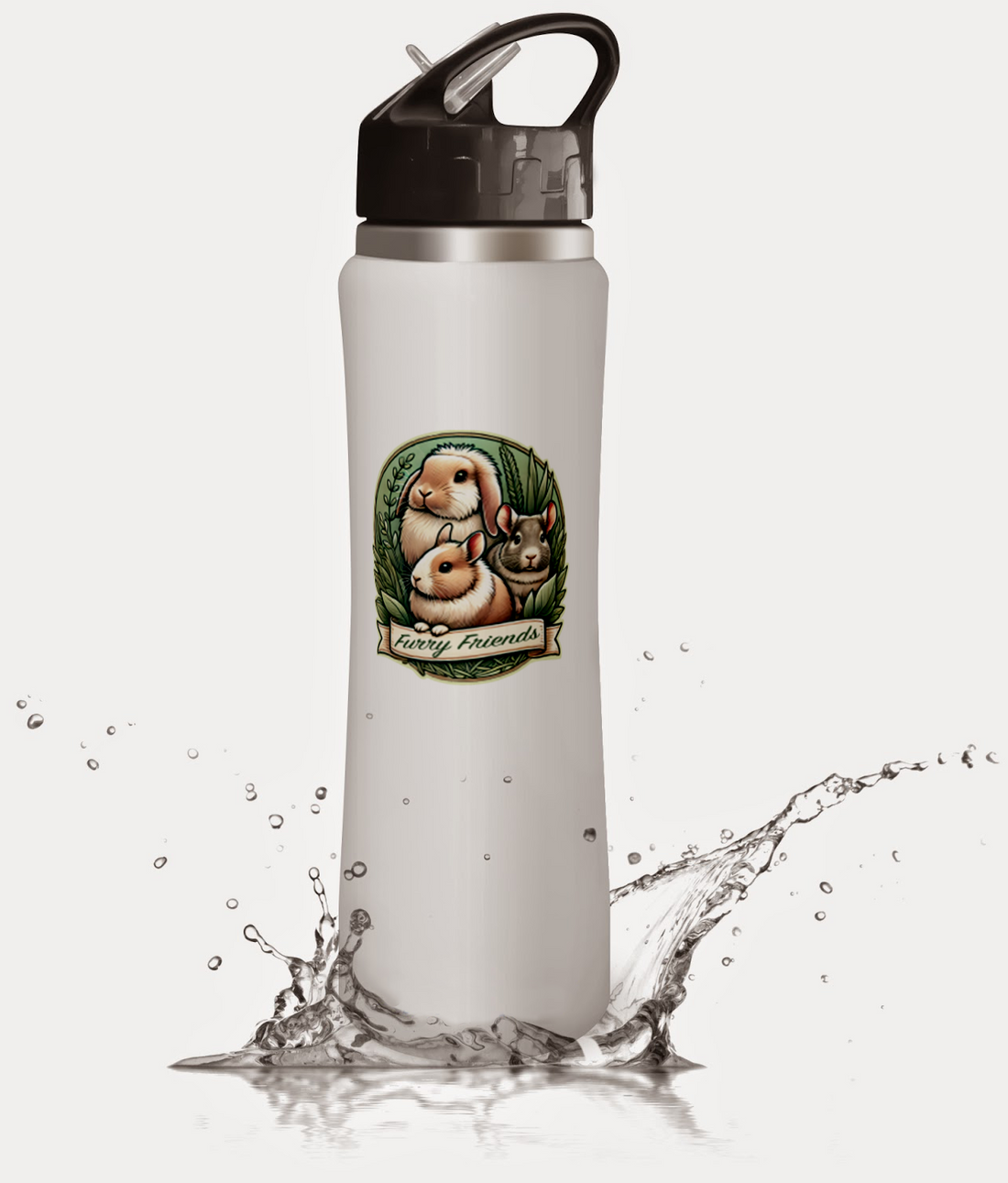





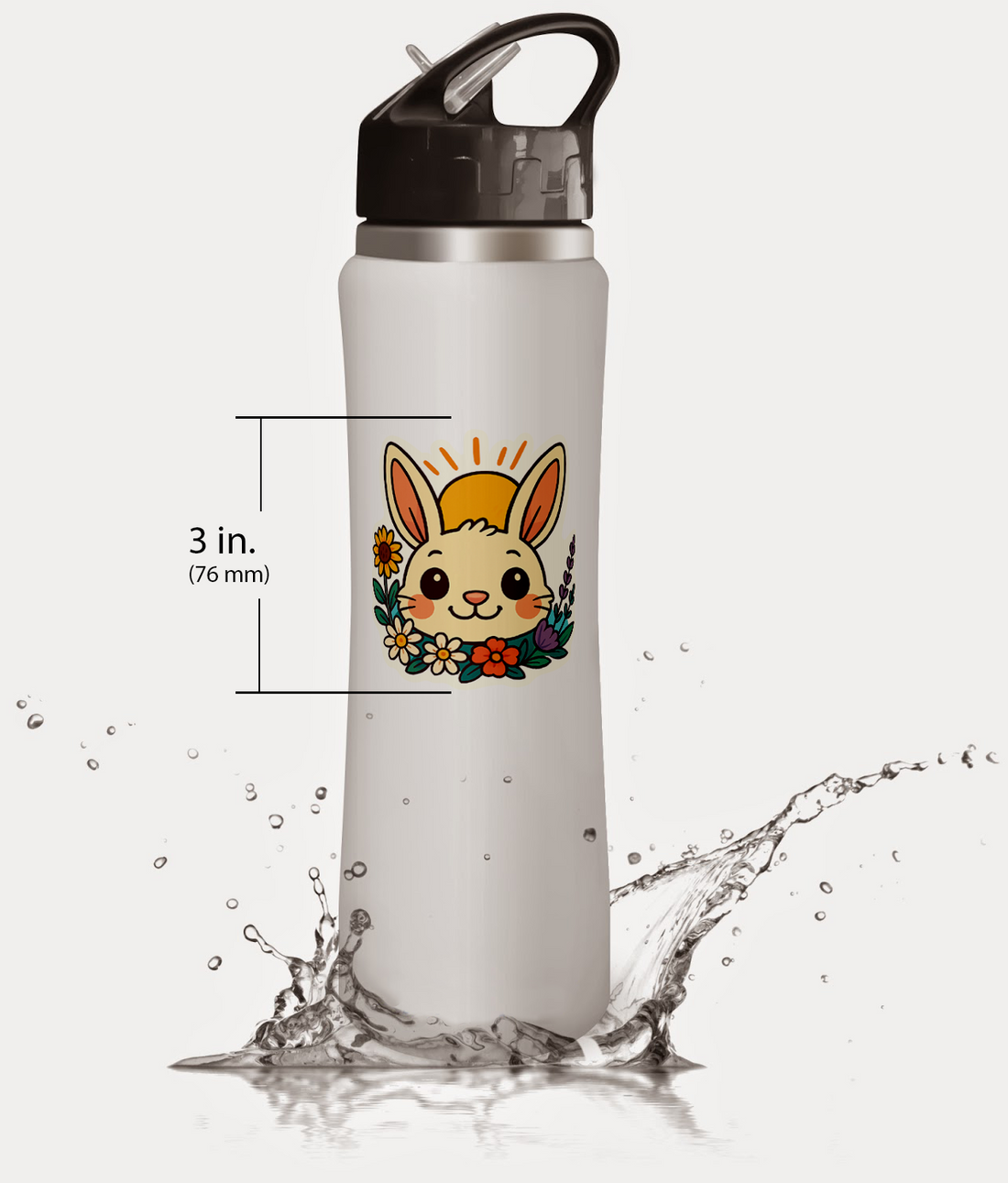
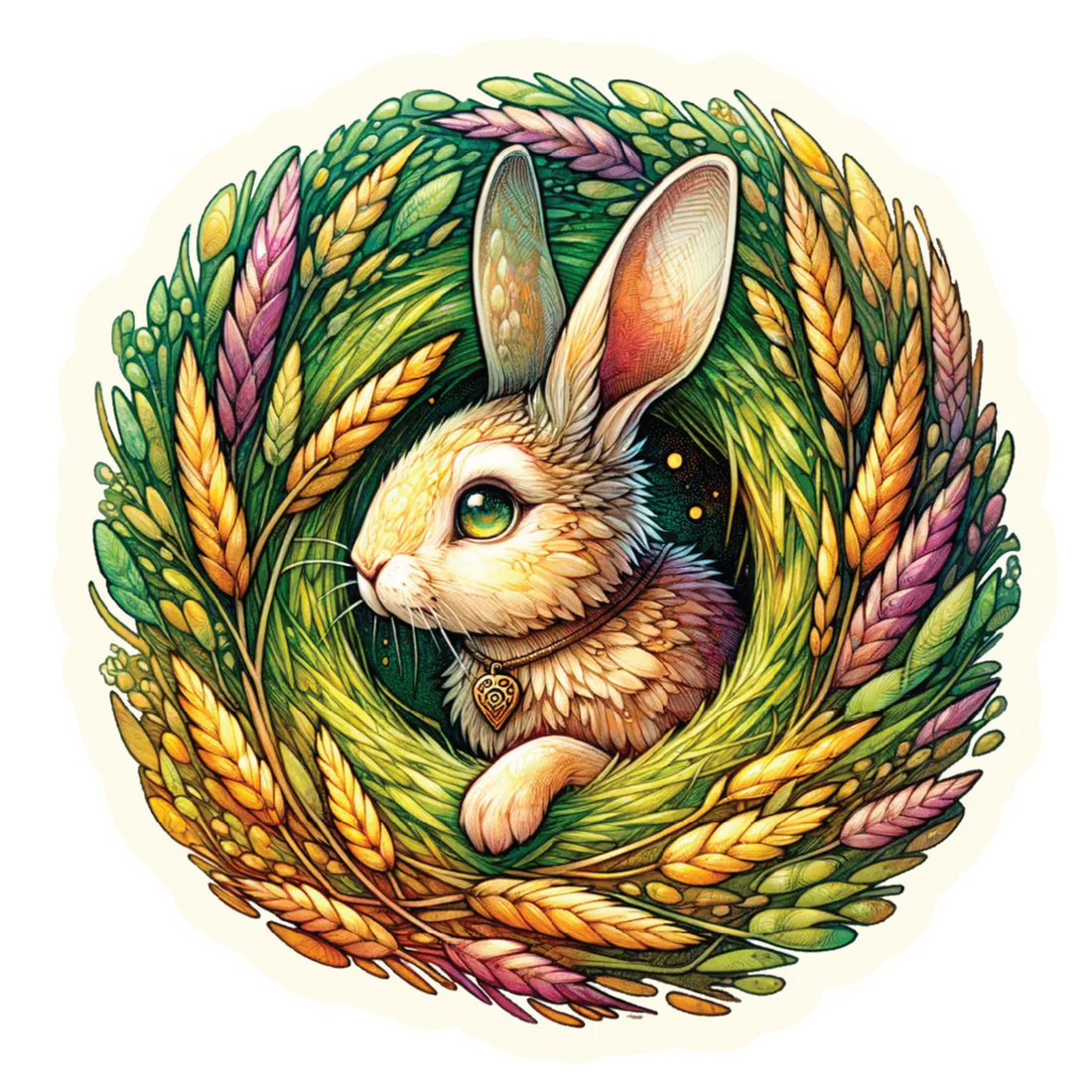
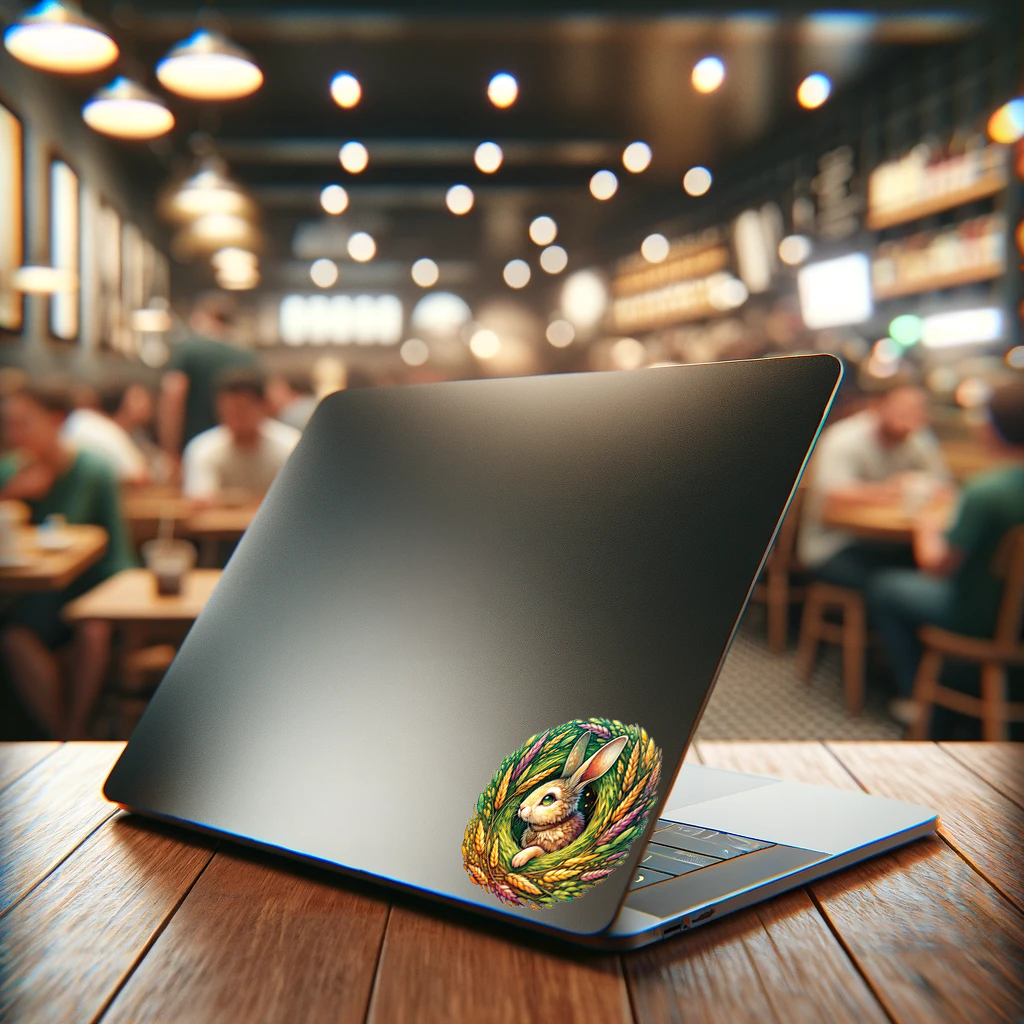
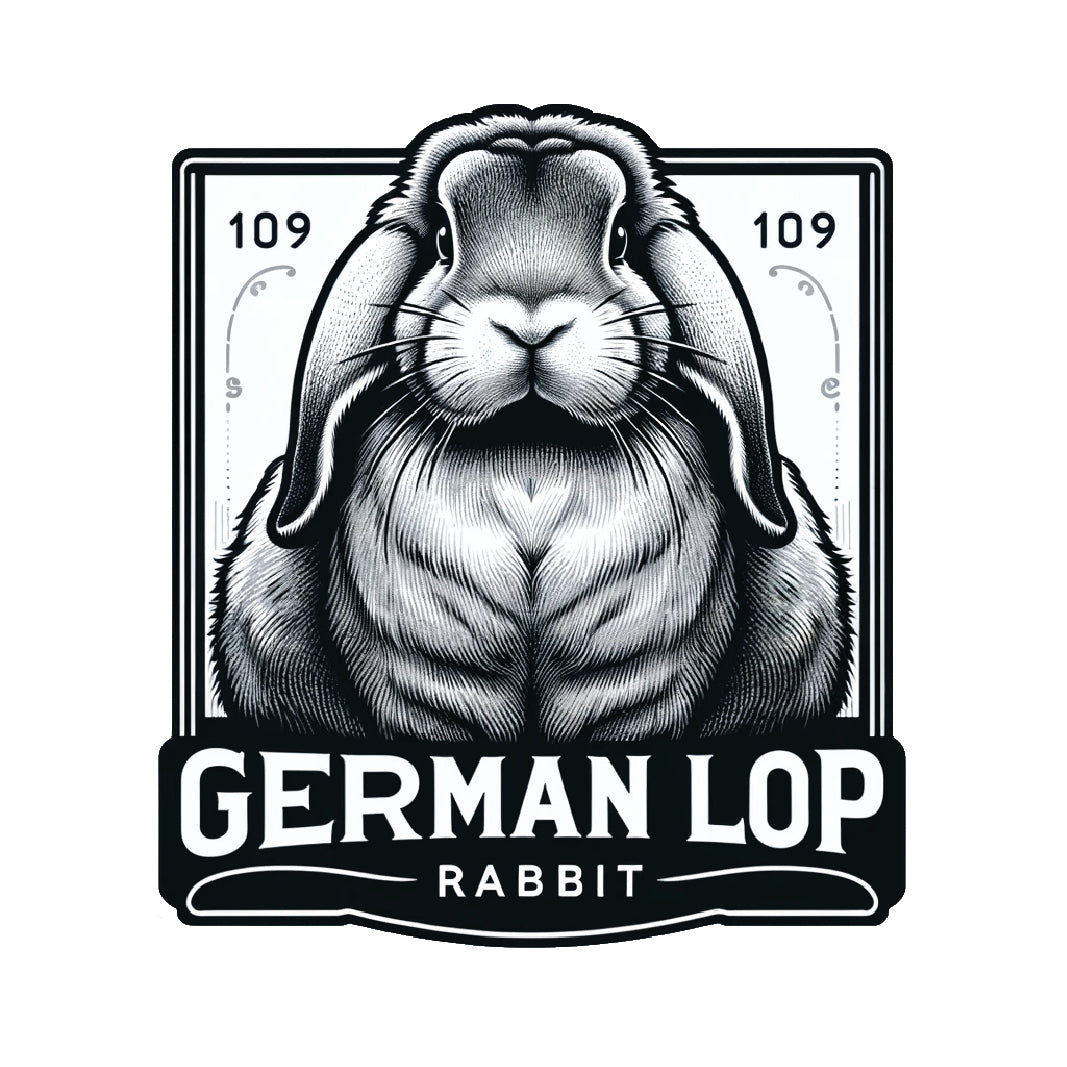
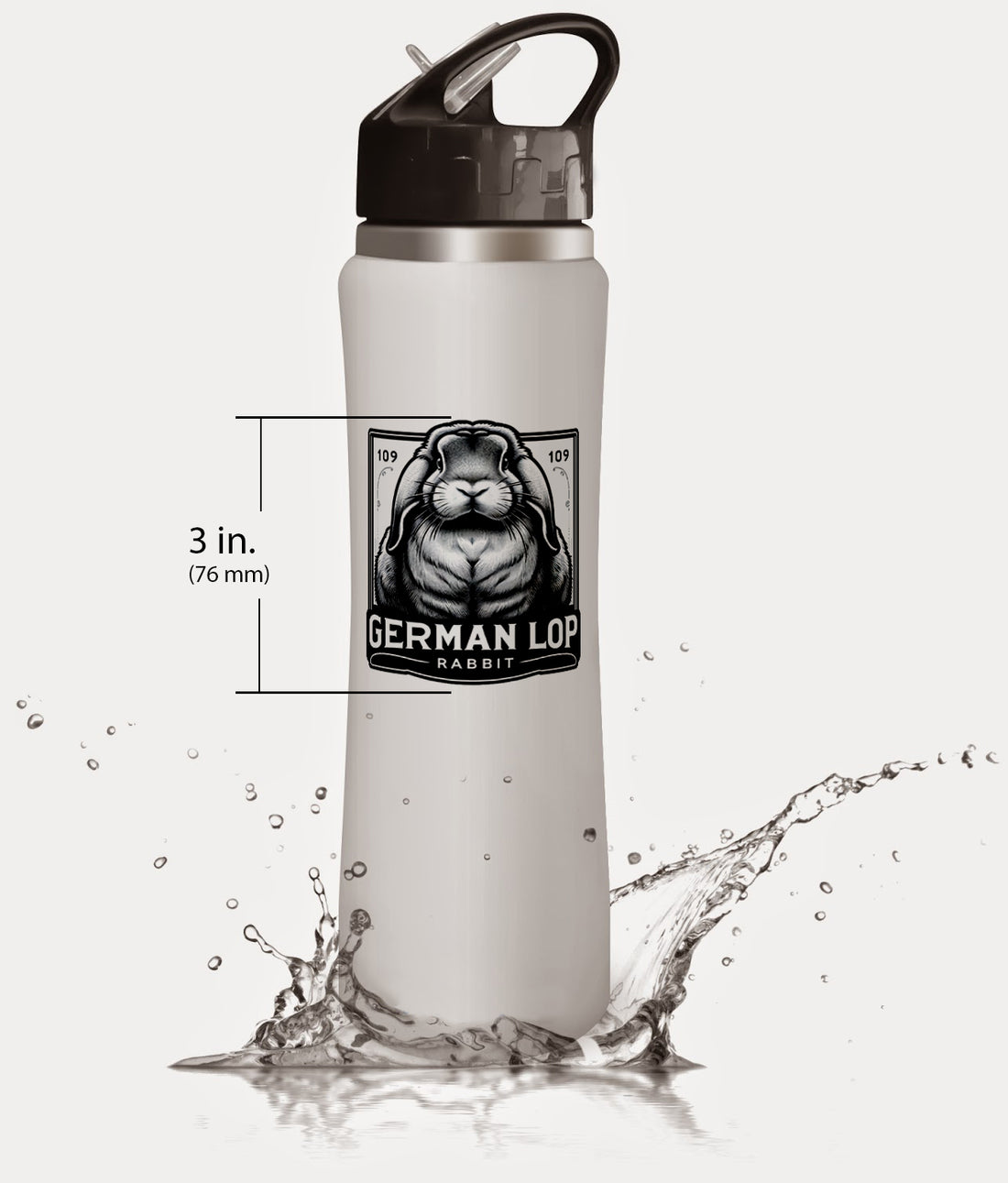



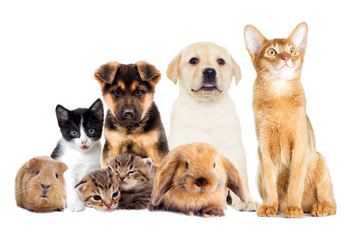


Comments